Archives: Spirit of Simplicity - ART |
Archives Index |
Home
Go to Spirit of Simplicity MAIN Page
| Go to QUOTES
Go to Vol. 2 - Worship Alternatives
ART with Captions/Commentaries
Table of Contents
- Voluntary Simplicity
- Building Community
- Celebrating
- Peace & Justice
- Care of Creation
- Alternative Giving
- Economics
- Media
- Sustenance
- Faith (including list of Scripture references for the entire art collection)
Thematic ART Index
This file contains:
The art and the captions and commentaries that accompany the art (items with "A" numbers). The commentaries can also be used by themselves.
Go to QUOTES for all the quotations (items with "Q" numbers)
See MAIN page for Credits, Permission, Foreword, Introduction, Helpful Hints, Appendices, etc.
To find a keyword, author or item number quickly, use your computer's "find" function.
NOTE: "Also ref." (also refer to) indicates that, though it is quoted only once in this collection, the same quotation can also be found in these additional sources.
ART and Captions/Commentaries by categories
3A. Celebrating: Advent & Christmas
Also see: 1-A501, 2-A2990, 3b-A2896, 3c-A2857, 4-A2141, 4-A3884, 6-A2203, 6-A3701
3-A001
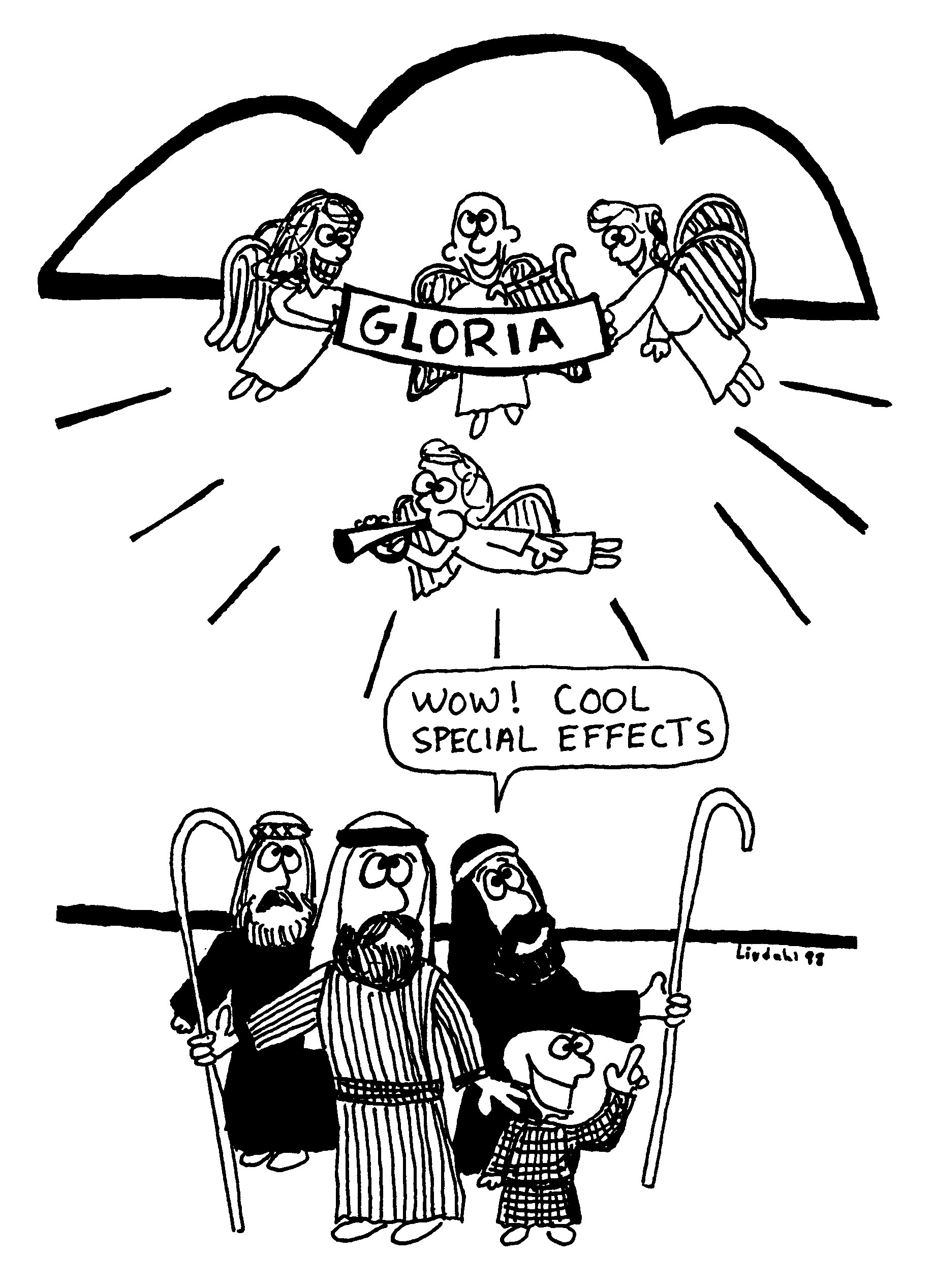
3-A002
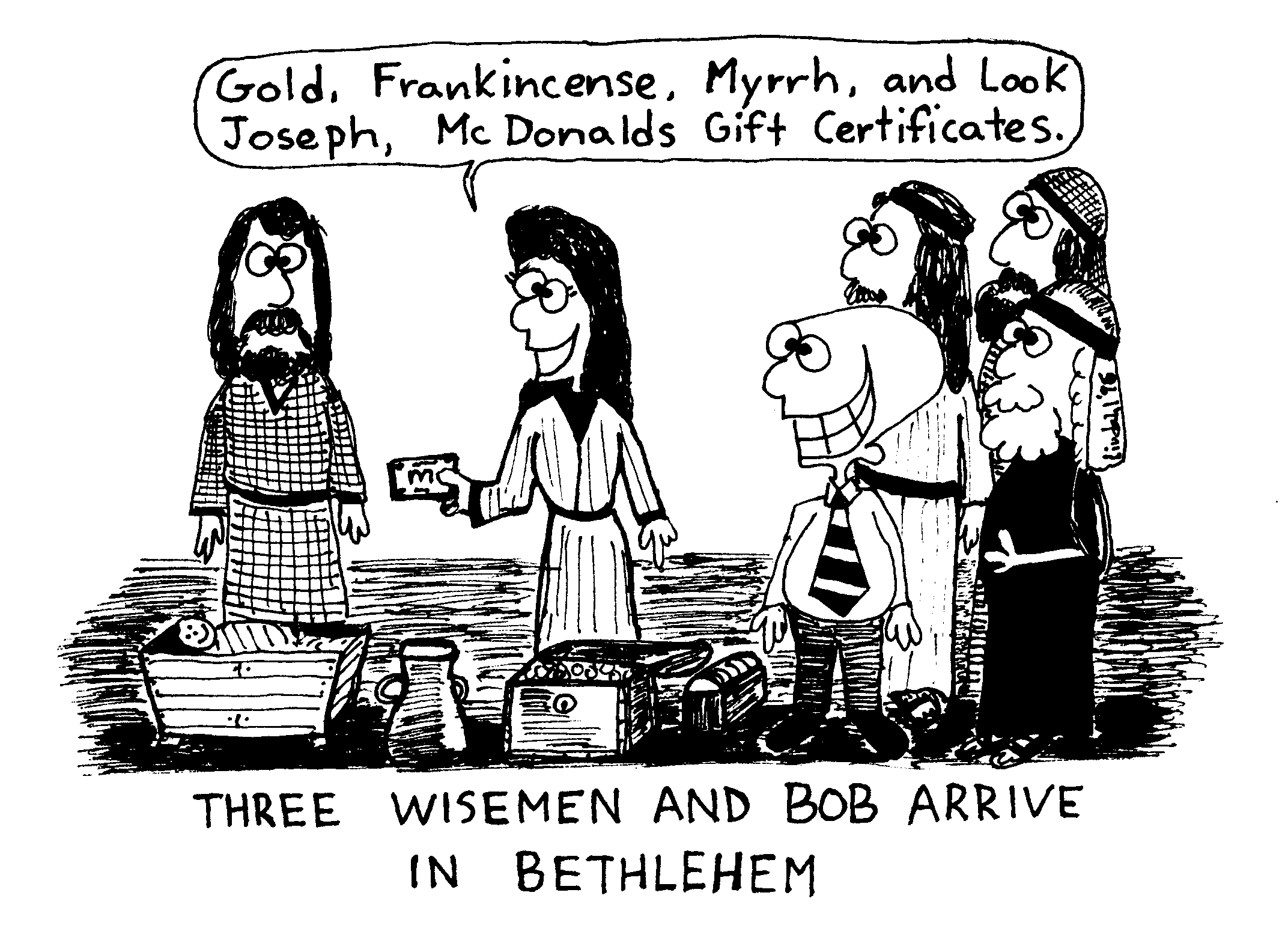
3-A003
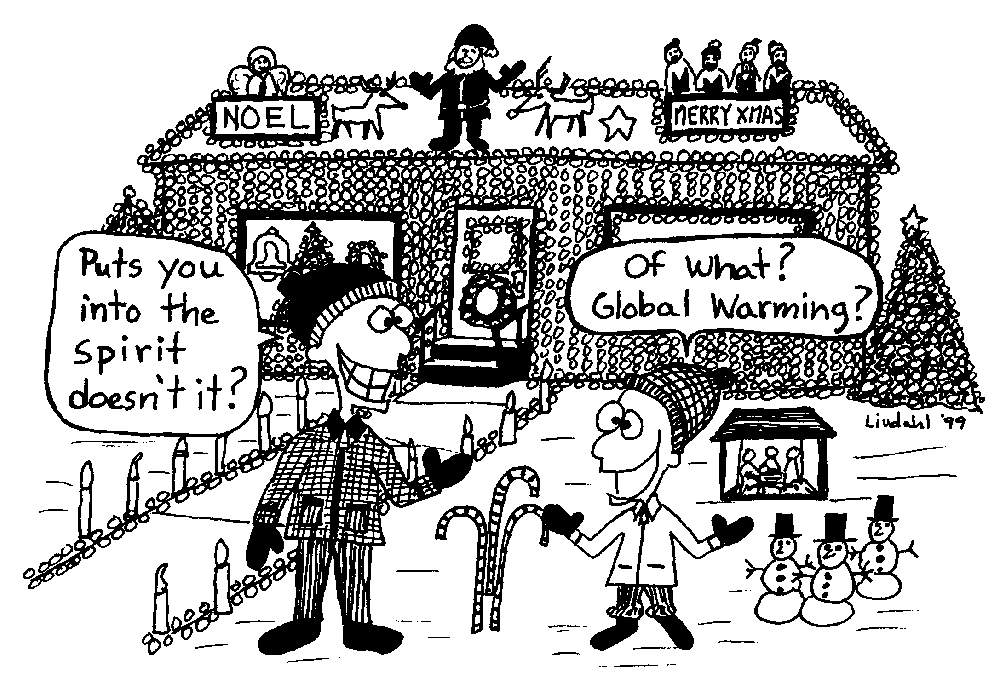
3-A004
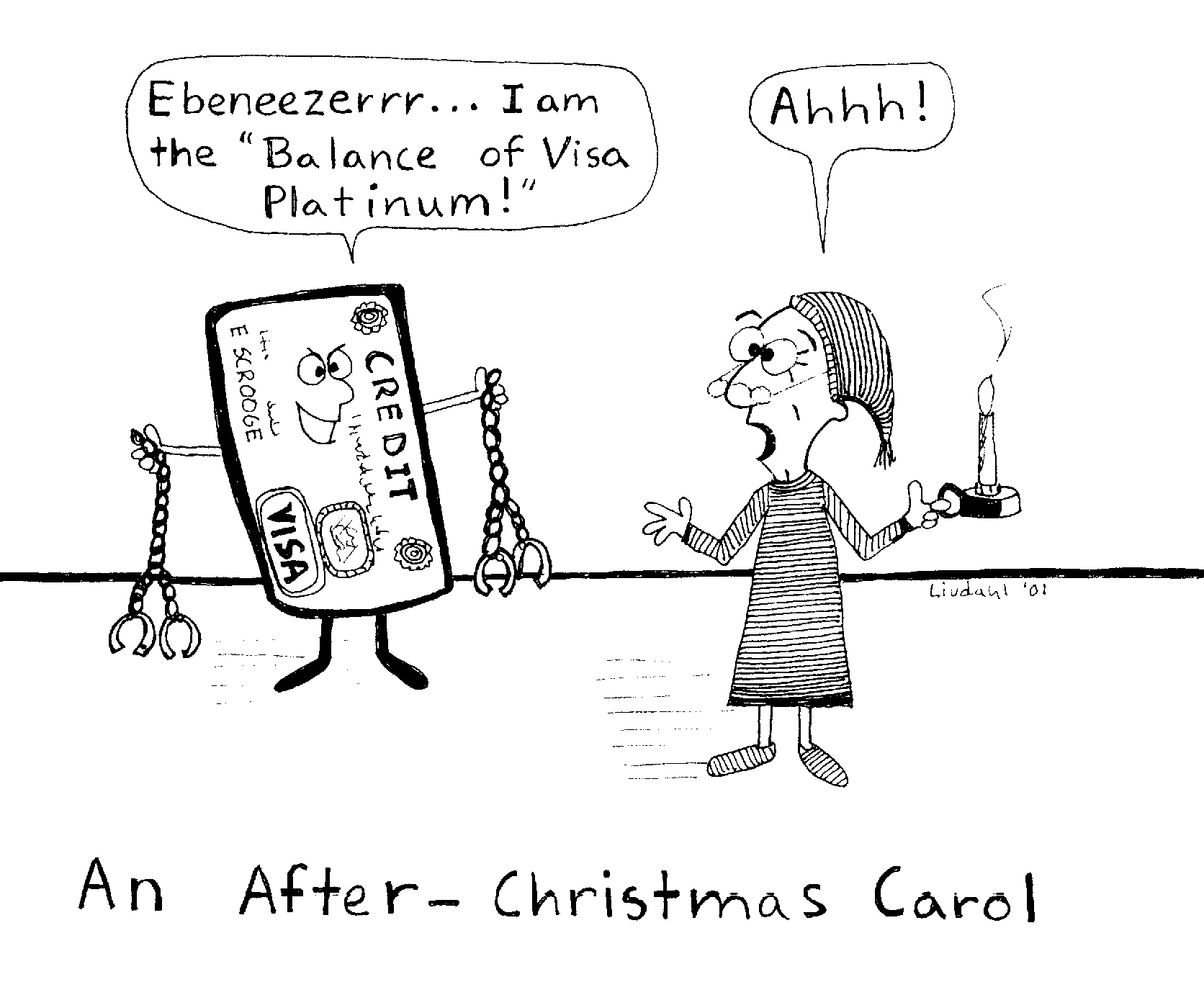
3-A076 Tall Mean Santa
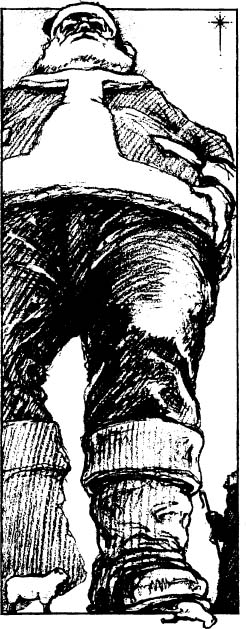
3-A078
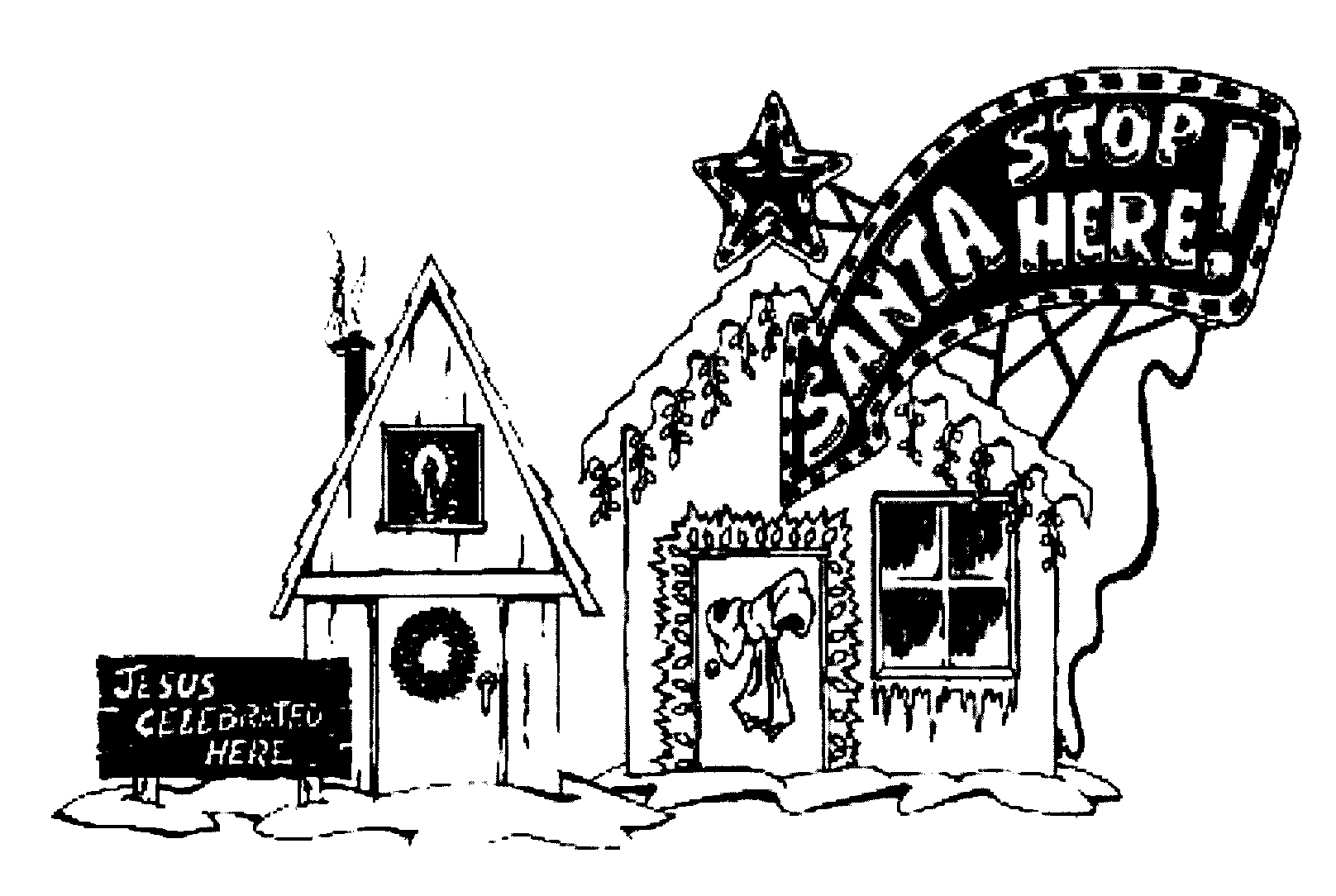
3-A079
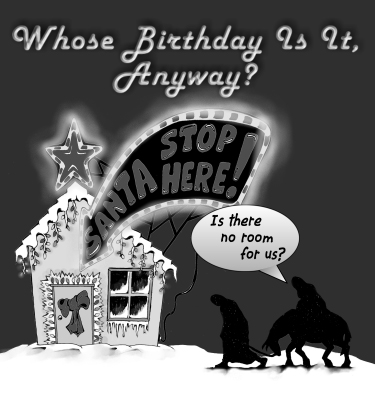
3-A079 color

3-A301
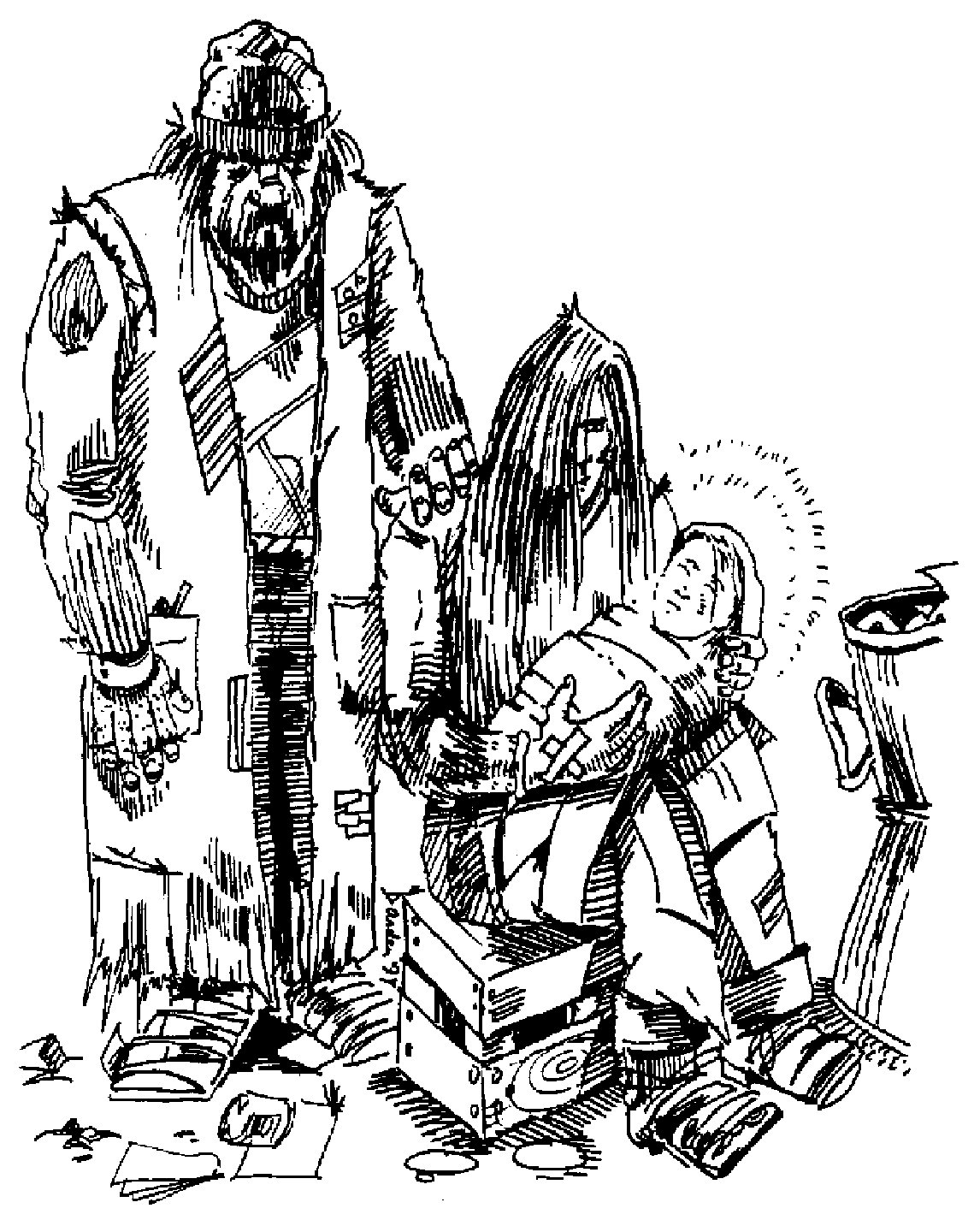
3-A305

3-A312

3-A313

3-A314

3-A315

3-A316
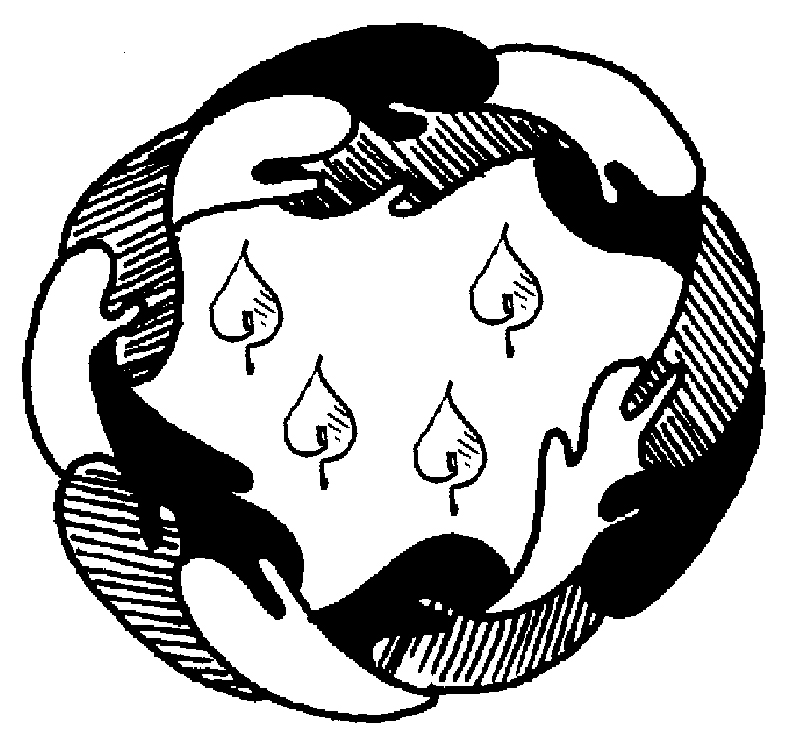
3-A317
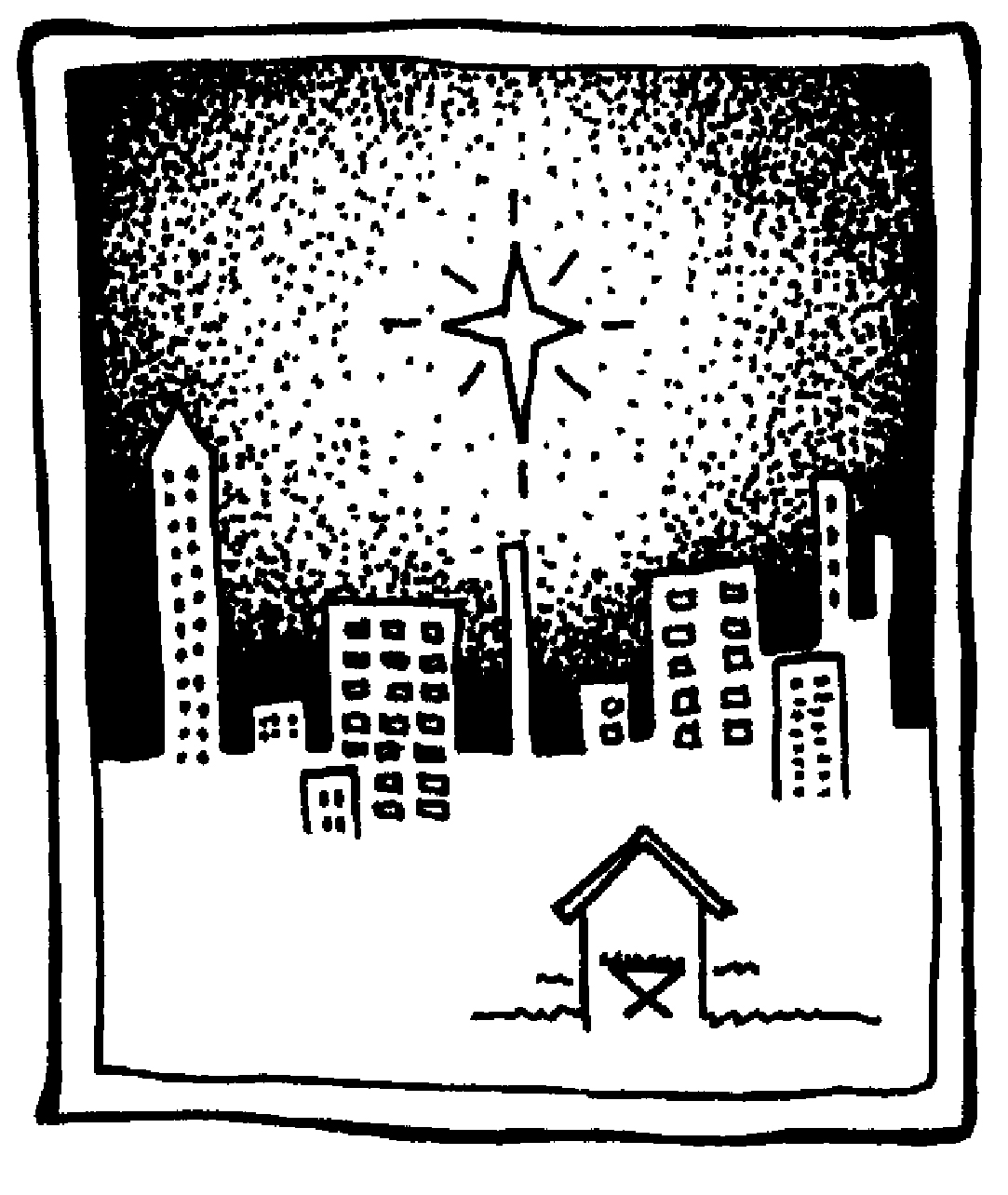
3-A318
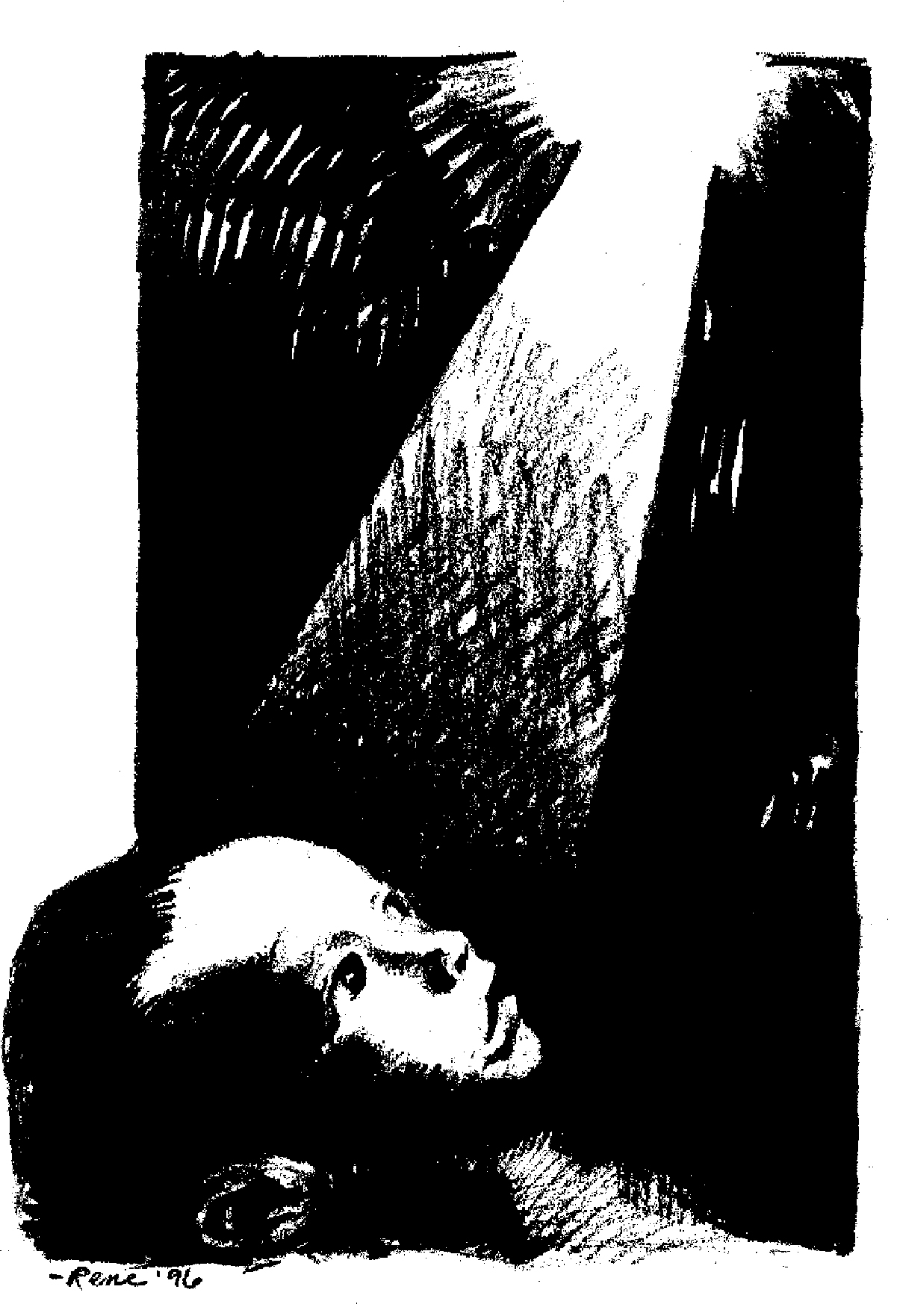
3-A323
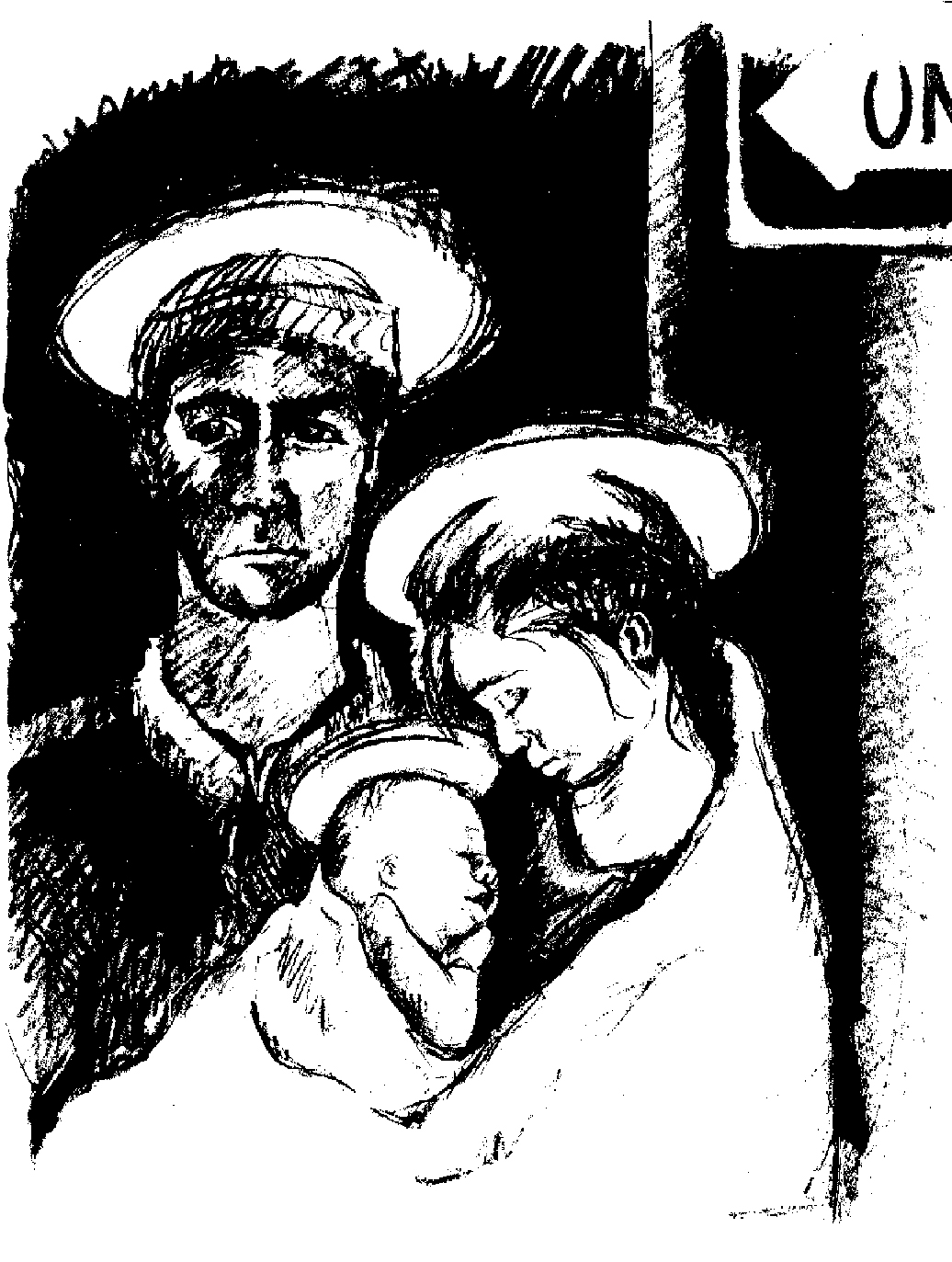
3-A327-Russian Madonna

3-A510
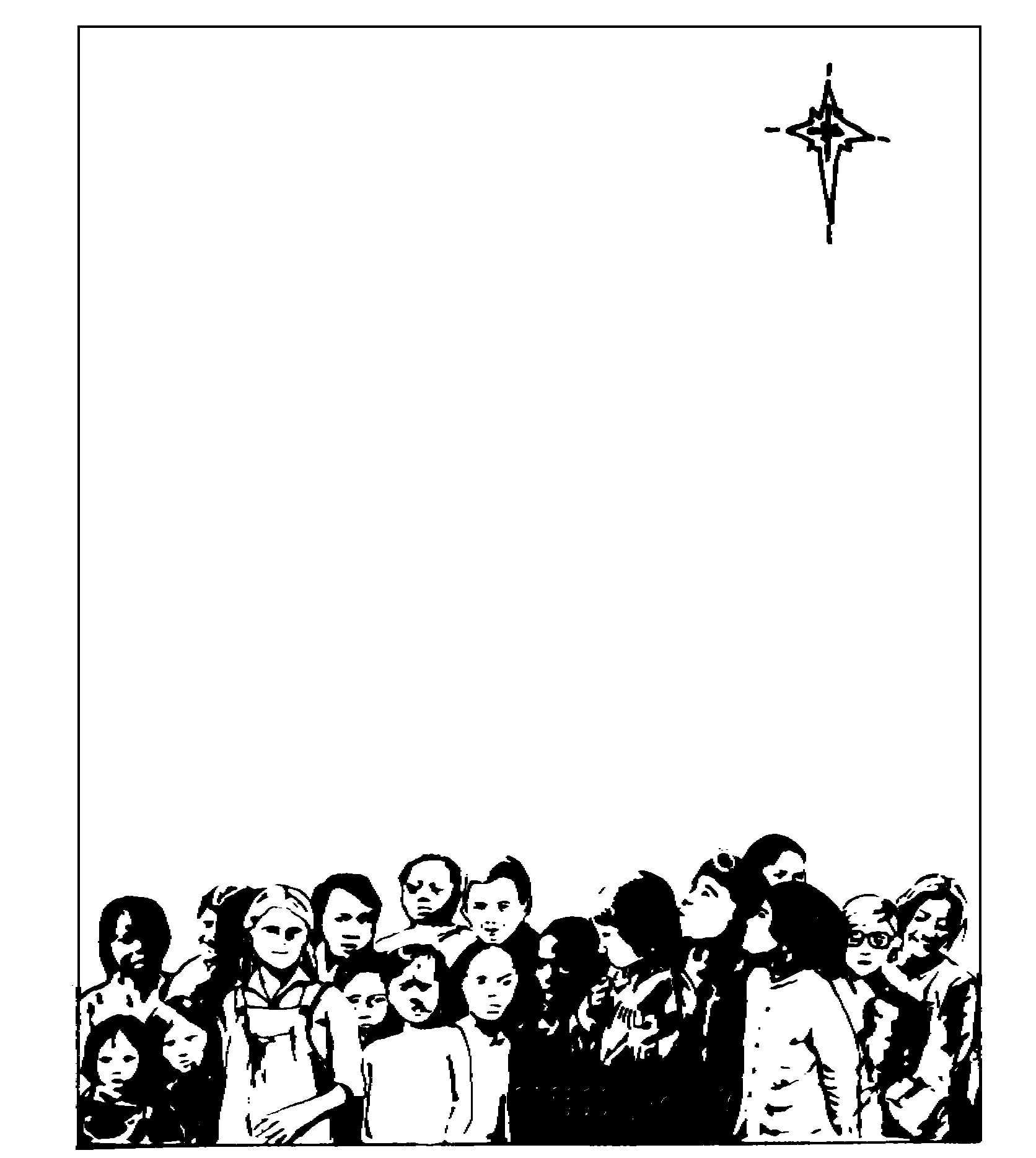
Santa doesn't come to the poor. Jesus did. Will we?
Santa doesn't come to the poor! For every child who is thrilled with a new bicycle or pair of roller skates, there is a child who feels neglected, unloved and inferior because his or her parents can't afford to buy presents. For all parents who overspend to give their children a "good" Christmas, there are parents who go into serious debts in response to cultural pressure to buy gifts. As one writer has so plainly put it, "No, Virginia, Santa doesn't come to the ghetto."
Jesus did! "You know how gracious the Lord Jesus Christ was. Though he was rich, he became poor for your sake." (II Corinthians 8:9) When we consider that the Santa Claus tradition is observed in conjunction with the birthday of Jesus Christ, who came to "bring good news to the poor" and who warned the non-poor of the dangers of materialism, the irony in our Christmas celebrations becomes truly overwhelming.
Will we? As Paul continued in his letter to the Corinthians, "I do not mean to be easy upon others and hard on you, but to equalize the burden, and in the present situation to have your plenty make up for what they need, so that some day their plenty may make up for what you need, so things may be made equal...." There are ways to celebrate the birth of Jesus that honor him and the work he came to do.
* Christmas Commitments, not Christmas Baskets: This Christmas, consider offering 25% of the time, energy and money you spent last Christmas as a "birthday gift" commitment to work year-round with those to whom Jesus brought "good news."
* Inclusive, not Exclusive Celebrations: When you gather your circle of family and friends at Christmas, include some from outside that circle. Their presence will remind you of the purpose of this celebration.
* Honesty and Sensitivity: Help your children understand the real purpose of Christmas and how it is undermined by our popular culture.
For more ideas, visit SimpleLivingWorks.org
3-A511
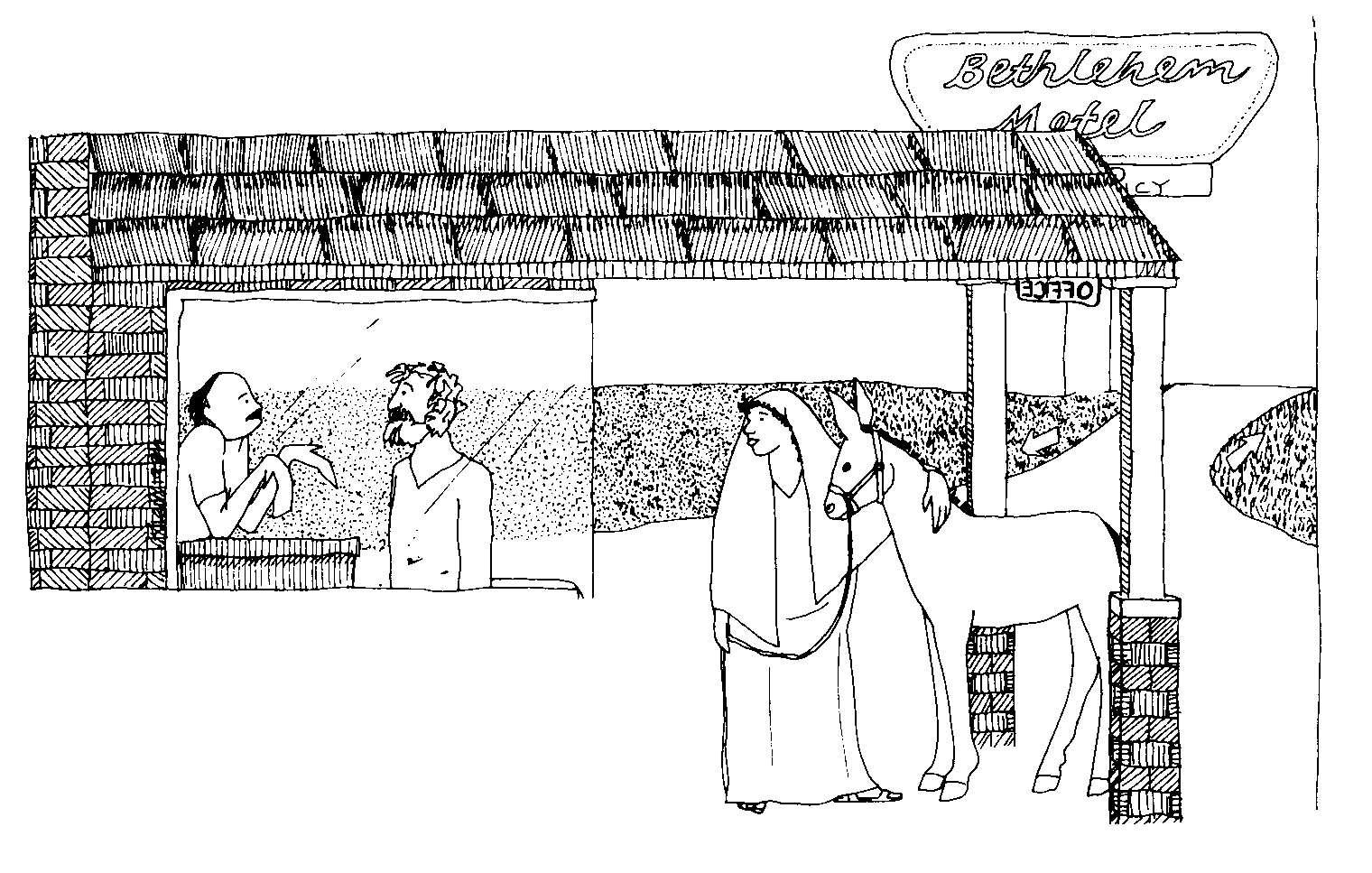
ANY ROOM AT THE INN?
When pictures for "Have Yourself a Merry Little Christmas" were being shot and spontaneous interviews were being recorded in a Sunday School class, this is how one five year-old remembered the old song "Jesus Loves the Little Children".
"Santa loves the little children
All the children of the world.
Red and yellow, black and white,
They are precious in his sight,
Santa loves the little children of the world."
That "Freudian slip," as it were, instantly summons up the profound ambivalence people of faith experience each year at Christmas.
It is tempting to regard these feelings of ambivalence as basically harmless, or to see them as legitimate concerns which nevertheless pale beside more obvious and pressing problems: the tragedy of human suffering in Africa, wars, all kinds of injustice, drugs, the disintegration of the family, interpersonal and spiritual alienation. Deep down inside we know that blurred vision has serious consequences. It is ironic that at the very time when we want to celebrate the birth of the One whose coming gives us hope to address these critical problems, our culture distracts us and undermines our values and the resolve we so desperately need.
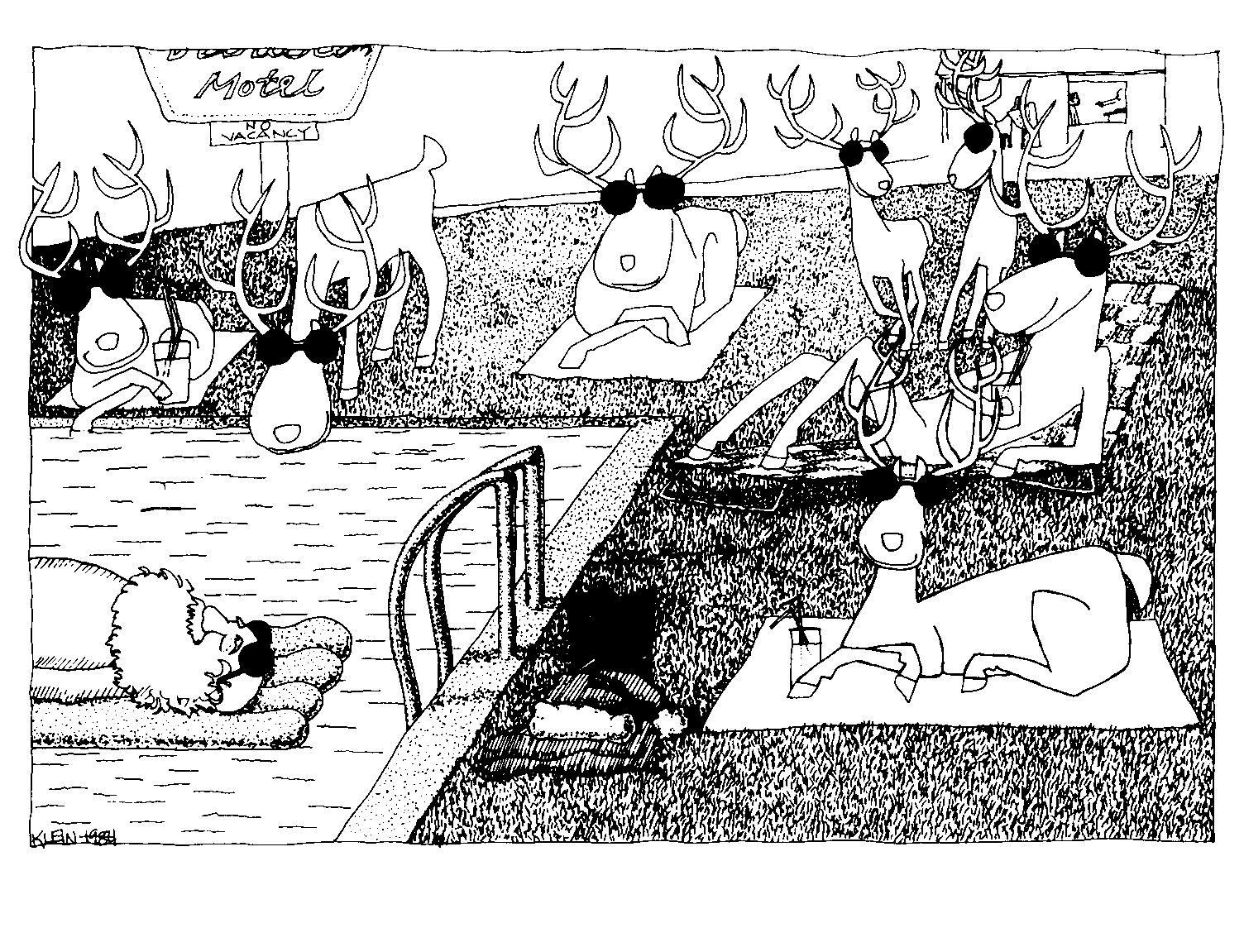
THE COST OF CHRISTMAS
For people of faith, the cost of Christmas is very high:
* While the Christian calendar calls for a solemn four-to-five-week preparation to celebrate the birth of Christ, the "Christmas economy" overshadows even Halloween, with Thanksgiving Day serving as little more than a prelude to the greatest shopping weekend of the year.
The BILLIONS we Americans spent on Christmas gifts for each other each year is not the worst of it. The worst is that Christmas provides a religion-sanctioned occasion when we can practice needless consumption. It encourages us to continue the same kind of consumption throughout the year. We pay a high price for Christmas.
* In order to get us to spend, this society exploits religious beliefs and deep emotions. In the months before Christmas we are subjected from every quarter to advertising's constant din of promises and threats that undermine our faith and depersonalize ourselves, all in the name of celebrating Christmas. Our deepest feelings and emotions are manipulated in order to get us to buy,
Advertising specialists have demonstrated that wafting the strains of "Joy to the World" throughout the shopping mall in December will bring joy to the pocketbooks of the shop owners, and that "Silent Night, Holy Night" does it even better. The result is that we succumb to the pressure, then feel guilty and used because we thought we knew better. Others experience deep depression because Christmas does not deliver the "happiness" the popular hype promises, nor does the excessive consumption really satisfy. We pay a high price.
* We lose a critical opportunity for renewal. Celebrations are ritualized interruptions in daily life that remind us of who we are, where we came from and where we are going. When they are not co-opted and commercialized, celebrations are a powerful way to nurture the human spirit. Celebrating the birth of Jesus can mean renewal of hope and direction for our lives. Yet, it is more often the occasion for increased stress and frustration than renewal. We pay a high price for Christmas.
* The poor of our society experience Christmas as a cruel hoax. The pervasive cultural ideology at Christmas is not "Christology" and the celebration of the coming of Christ as "good news to the poor," but what we might call "Santology" (Santa Claus theology). The "creed" of Santology is the well known song, "Santa Claus Is Coming to Town." Hum the tune and think about the words: What are you affirming when you sing this song?
According to this creed, Santa is omniscient, like God: Santa knows all about you. There is also a day of judgement. It comes once a year. Unfortunately, children believe that Christmas is the time when "good" children (and adults!) are rewarded with good things while the "bad" (that is the poor) get coals and switches. The truth is, of course, that gifts are not passed out based on who has been "good or bad" or "naughty or nice," but on people's disposable income or available credit. The cost paid by the poor for our Christmas is high.
Perhaps the greatest consequence of the high cost of Christmas is that Jesus remains confined to the stable. Nominally the guest of honor, but in reality often displaced by Santa and other activities, Jesus remains relegated to a stable out back where he can't interfere with our real "Christmas" celebrations.
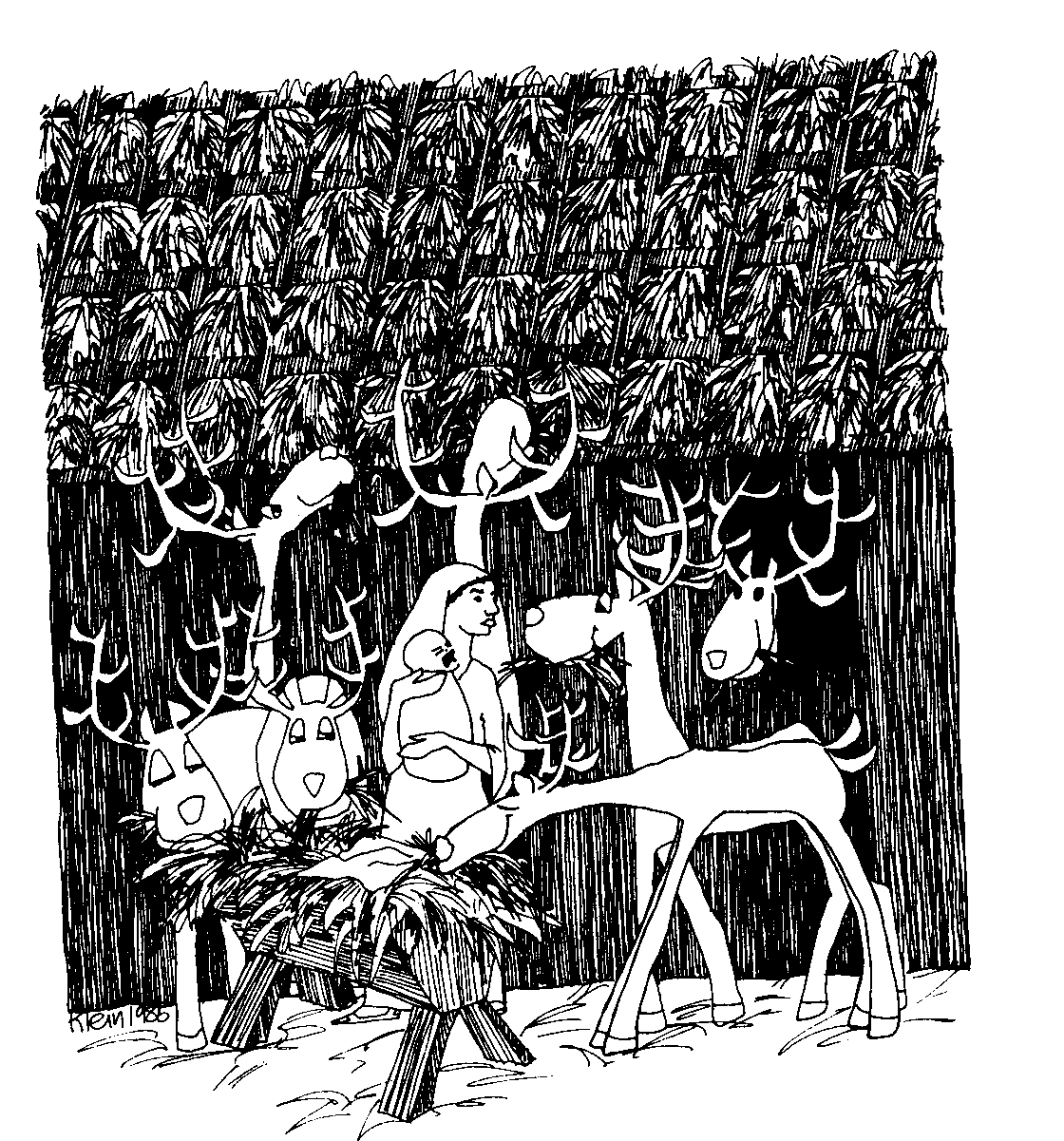
I don't care if Santa IS in town!
MAKING ROOM WITH OUR CELEBRATIONS
How can we make real the meaning of Emmanuel - "God with us" - during this Christmas season? How can it be a time of joyful celebration that does not undermine our faith?
* Let Advent be Advent! Reclaim the weeks before Christmas as a time to prepare for the celebration of Christ's birth through prayer, study, and reflection. Traditionally, Advent was a time for disciplined self-examination. Now the first Sunday of Advent sometimes inaugurates four weeks of celebrating. Let the traditional Advents texts, which emphasize preparation and self-examination, set the tone for the weeks before Christmas in your family and congregation.
* Resist the forces of commercialism which tell us that the only way to show love is to buy. Those forces are so great, especially in the months before Christmas, that we need what John Francis Kavanaugh has called "a spirituality of cultural resistance." Worship, church school and all other parish activities are the places where this spirituality can be nurtured in the months before Christmas.
* Reconsider perpetuating the Santa Claus traditions in your household. This is a difficult issue, and one which people united against the commercialization of Christmas can disagree. Some families are enjoying a rediscovery of the St. Nicholas tradition and the creation of new traditions. Take the steps necessary to bring a new sense of integrity to your household's Christmas celebration.
* Restore meaningful gift-giving practices that are personal, thoughtful, and considerate of the Earth's resources and people. Find ways to give of yourself through what you can make, what you can teach someone to do, and gifts of your time, especially to younger children and older parents. For those who consider themselves busy professionals, time may be the most treasured gift to be given.
Rechannel a significant amount - say 25% - of the money you spent last Christmas to the hunger program or other social ministries of the Church as a "birthday gift" for Jesus. As Jesus said, "Inasmuch as you did it to the least of these, you did it to me." (Matthew 25:40) Do a cost analysis of your family's spending last Christmas. Then, covenant with family members to rechannel a significant part of it this year.
* Make your celebration inclusive, not exclusive. When you gather your circle of family and friends at Christmas, include those who might otherwise be alone. Their presence will be a reminder to you of the purpose of this celebration, as well as bring added joy to all involved.
"Making room" means rejoicing in the promise of Christ's birth and joining in the effort to fulfill it. Merry Christmas!
--Milo Thornberry
For more ideas, visit SimpleLivingWorks.org
3-A512
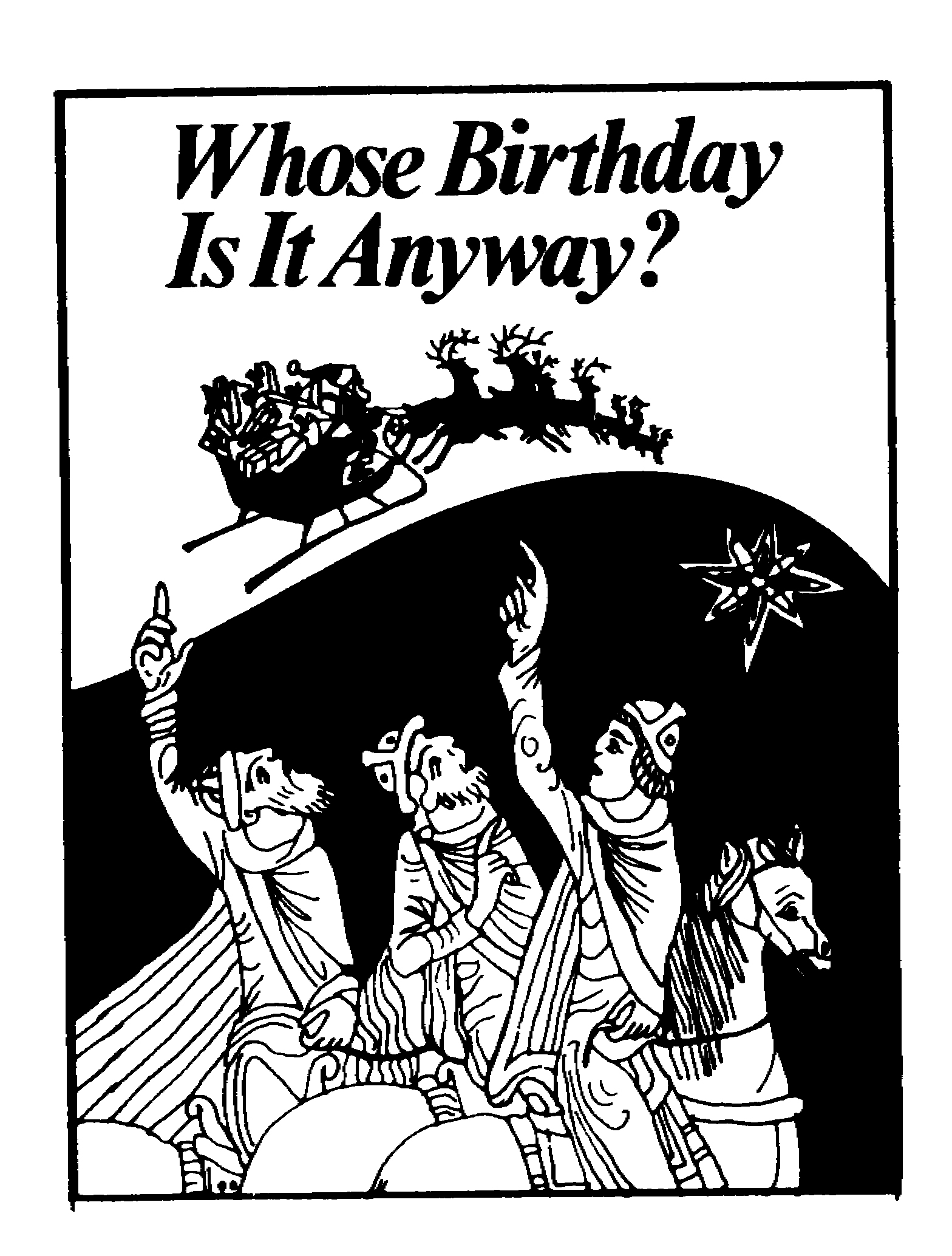
3-A513
REMEMBERING WHOSE BIRTHDAY IT IS
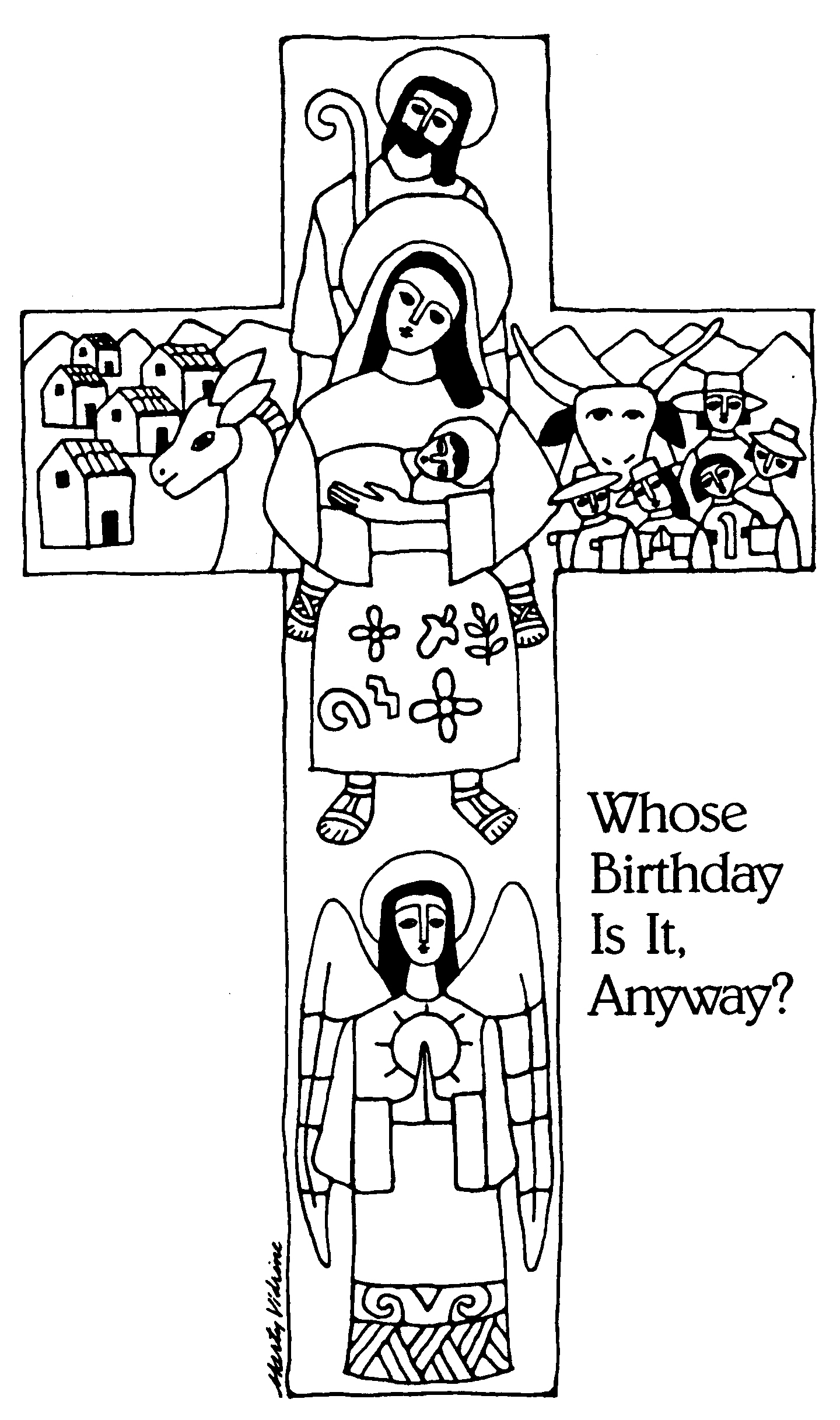
The story is simple, yet startling. A baby was born in a barn and laid in a manger, with Mary and Joseph in attendance. Angels announced his birth to frightened shepherds in the dark stillness of a Bethlehem night, and Magi came with gifts to worship him. In this baby, the long-awaited Messiah, were realized the hopes and dreams of the world. He came to bring good news to the poor, release for the prisoners, sight for the blind, freedom for the oppressed. It is his birthday we celebrate at Christmas. And we honor Christ's birth by continuing his work.
AS INDIVIDUALS: Volunteer your time and skills to help society's devalued people. For example, help with a senior citizen lunch program, visit people in prison or work with an advocacy group.
AS HOUSEHOLDS: Divert 25% of what you spent in time and money last Christmas to those who are really in need. Discuss changing gift-giving practices with your family and friends and decide if it is worth giving up some of what you did last year in order to offer a present that will continue Christ's work.
AS GROUPS: Form a covenant group and commit a certain amount of time, energy and money to meet a need in your community. Or help those that are already trying to meet a need, such as providing food, shelter, reading lessons, transportation or community meals. Examine the impact of lifestyle on larger issues such as global justice, environmental protection and nuclear disarmament.
AS A CONGREGATION: Encourage those working in your denomination to combat hunger and poverty and promote social and economic justice. Contact those agencies and find out how you can support their work. Consider a yearlong commitment as well as a special Christmas offering.
On birthdays we find ways to honor the one whose birth we are celebrating. How will you celebrate Jesus' birth this year?
For more ideas, SimpleLivingWorks.org
3-A514
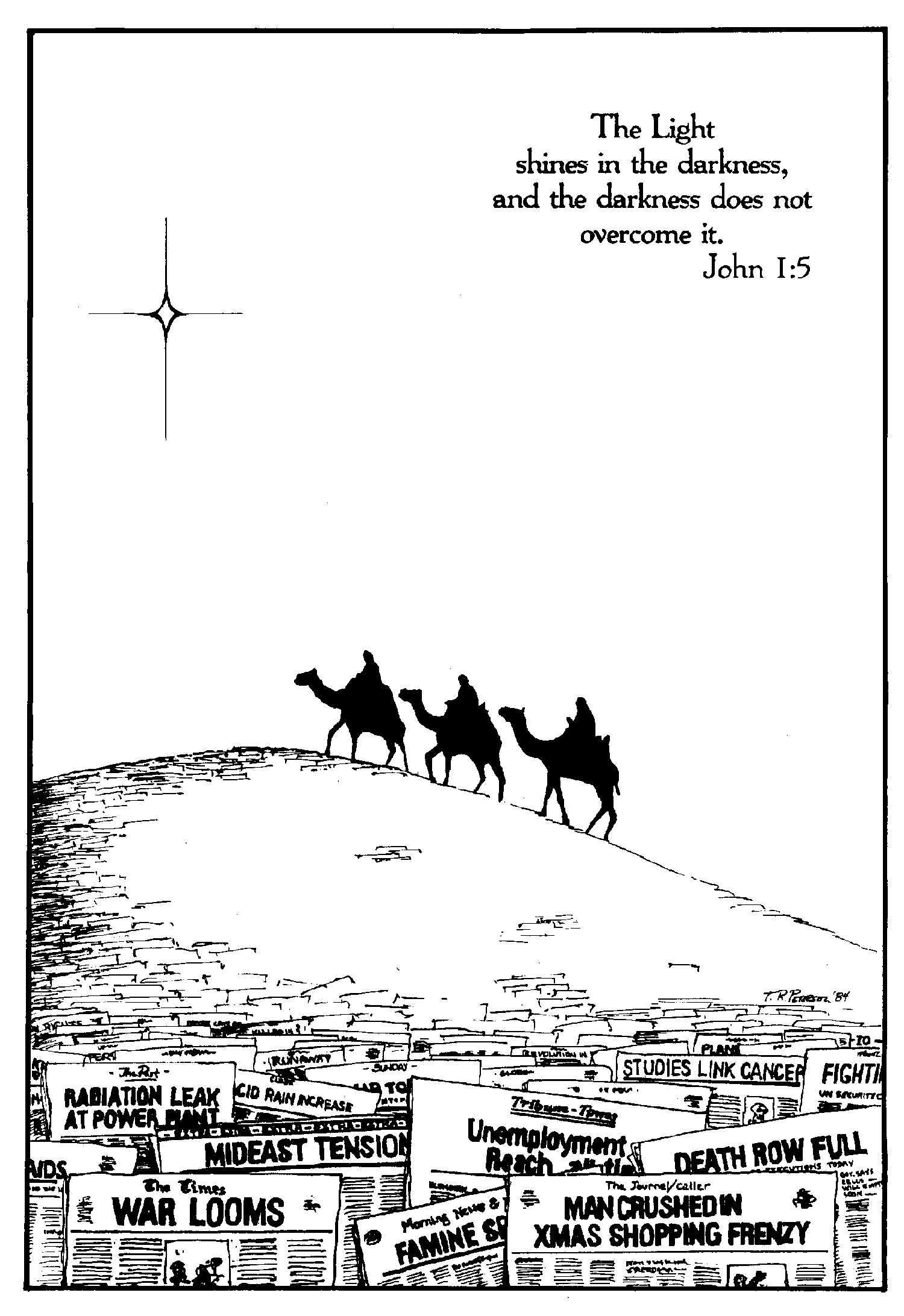
A Litany for Christmas
John 1:5
LEADER: O Lord, as we prepare to celebrate the birth of Jesus, we give thanks for the Light that has come into the world and given us hope. And we give thanks for those in every age who have been witnesses to the Light.
PEOPLE: The light shines in darkness, and the darkness has not overcome it.
LEADER: In the darkness of the threat of environmental collapse, we are thankful for the witness of those of all classes, races and nationalities who have begun to say, "It does not have to be. "
PEOPLE: The light shines in the darkness, and the darkness has not overcome it.
LEADER: In the darkness of hunger and homelessness in a world that has enough for all, we are thankful for the witness of those who feed the hungry, welcome the stranger, clothe the naked, and struggle for them in the halls of government and corporate boardrooms.
PEOPLE: The light shines in darkness, and the darkness has not overcome it.
LEADER: In the darkness from unsafe streets to death row cells, we give thanks for the witness of those who remember that justice is not served by violence.
PEOPLE: The light shines in darkness, and the darkness has not overcome it.
LEADER: In the darkness of greed that is a sickness in our souls, we give thanks for the witness of those who dispel the illusion that life consists in the accumulation of things.
PEOPLE: The light shines in darkness, and the darkness has not over, come it.
LEADER: O God, forgive us when we are content to live in the shadows. This Christmas, strengthen our faith and renew our hope that we may be witnesses to the Light. Amen.
SimpleLivingWorks.org
3-A515
Where Shall We Find Him?
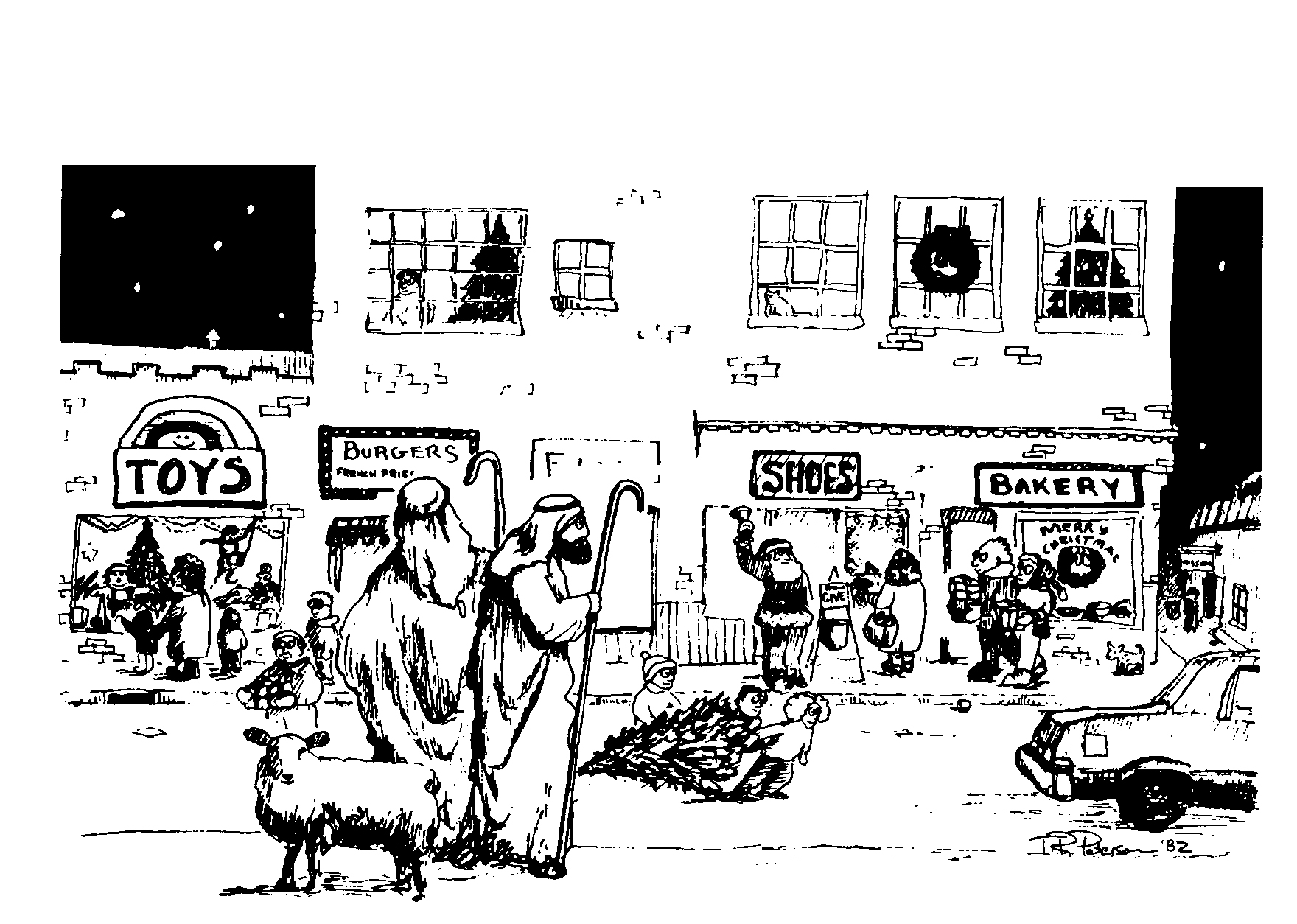
3-A516
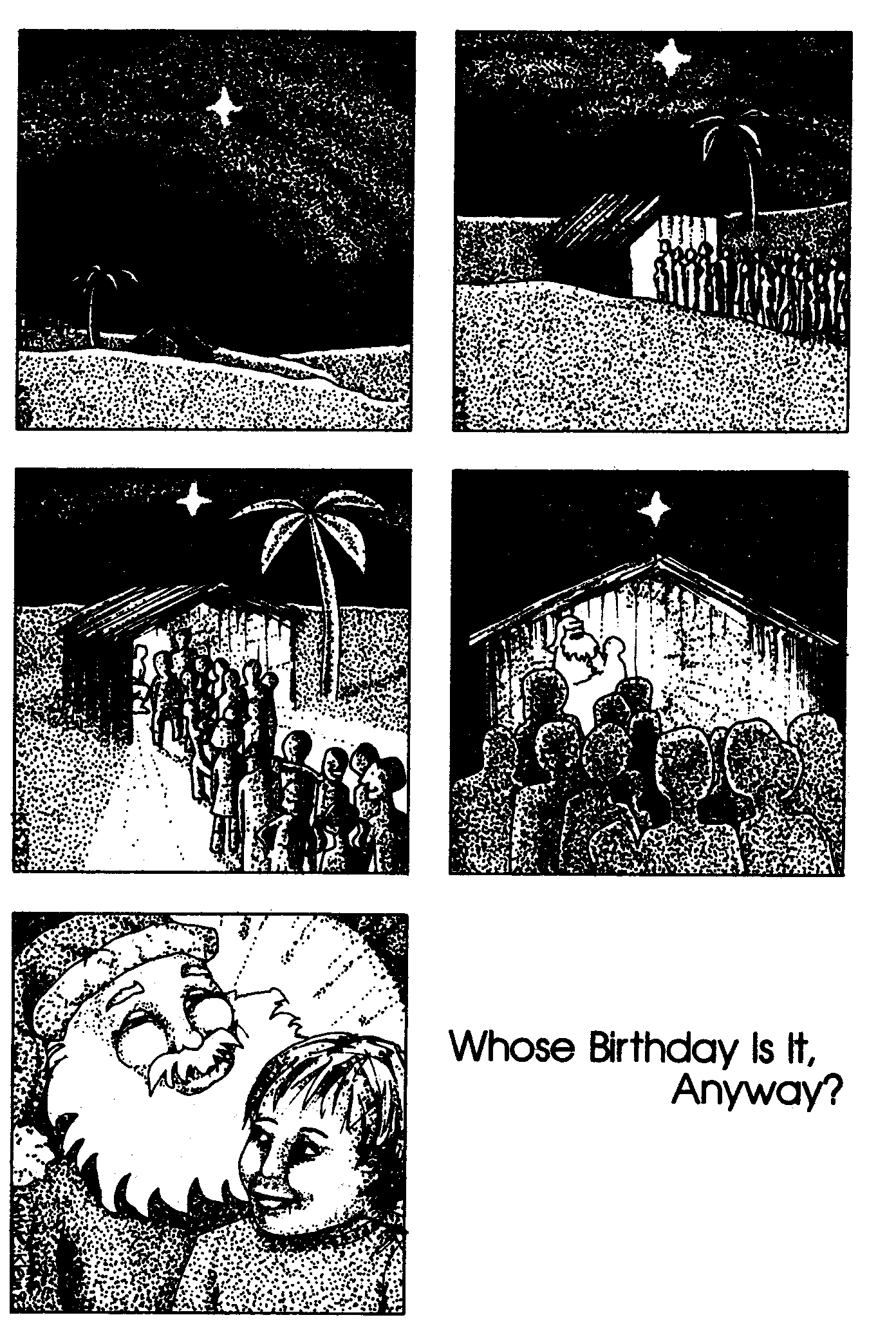
Preparing for the advent of Santa makes it hard to remember whose birthday we are supposed to be celebrating at Christmas, The one whose birthday it is should be first, not last, in our Christmas preparations. By giving to those Christ came to serve -- the poor, the homeless, the prisoner, the hungry, the oppressed, or the outcast -- we honor Christ's birth by continuing his work.
AS INDIVIDUALS: Volunteer your time and skills to help society's devalued people and secure their well-being. For example, help with a senior citizen's lunch program, visit people in prison, or work with an advocacy group.
AS HOUSEHOLDS: Consider diverting 25% of what you spent in time and money last Christmas to those who really need it. Discuss the possibility of changing gift giving practices with your family and friends, and decide if it is worth giving up some of what you did last year in order to offer a present that will continue Christ's work.
AS GROUPS: Form a covenant group and decide to commit a certain amount of time, energy and money to meet a need, such as providing food, shelter, reading lessons, transportation or community meals. Examine as a group the impact of life-style on larger issues such as global justice, environmental protection, and nuclear disarmament.
AS A CONGREGATION: Support those working in your denomination to combat hunger and poverty and promote social and, economic justice. Contact those agencies and find out how you can support. their work. Consider a year-long commitment as well as a special Christmas offering,
On birthdays, we find ways to honor the one whose birth we are celebrating. How will you celebrate Jesus' birth this year?
For more ideas, SimpleLivingWorks.org
3-A517
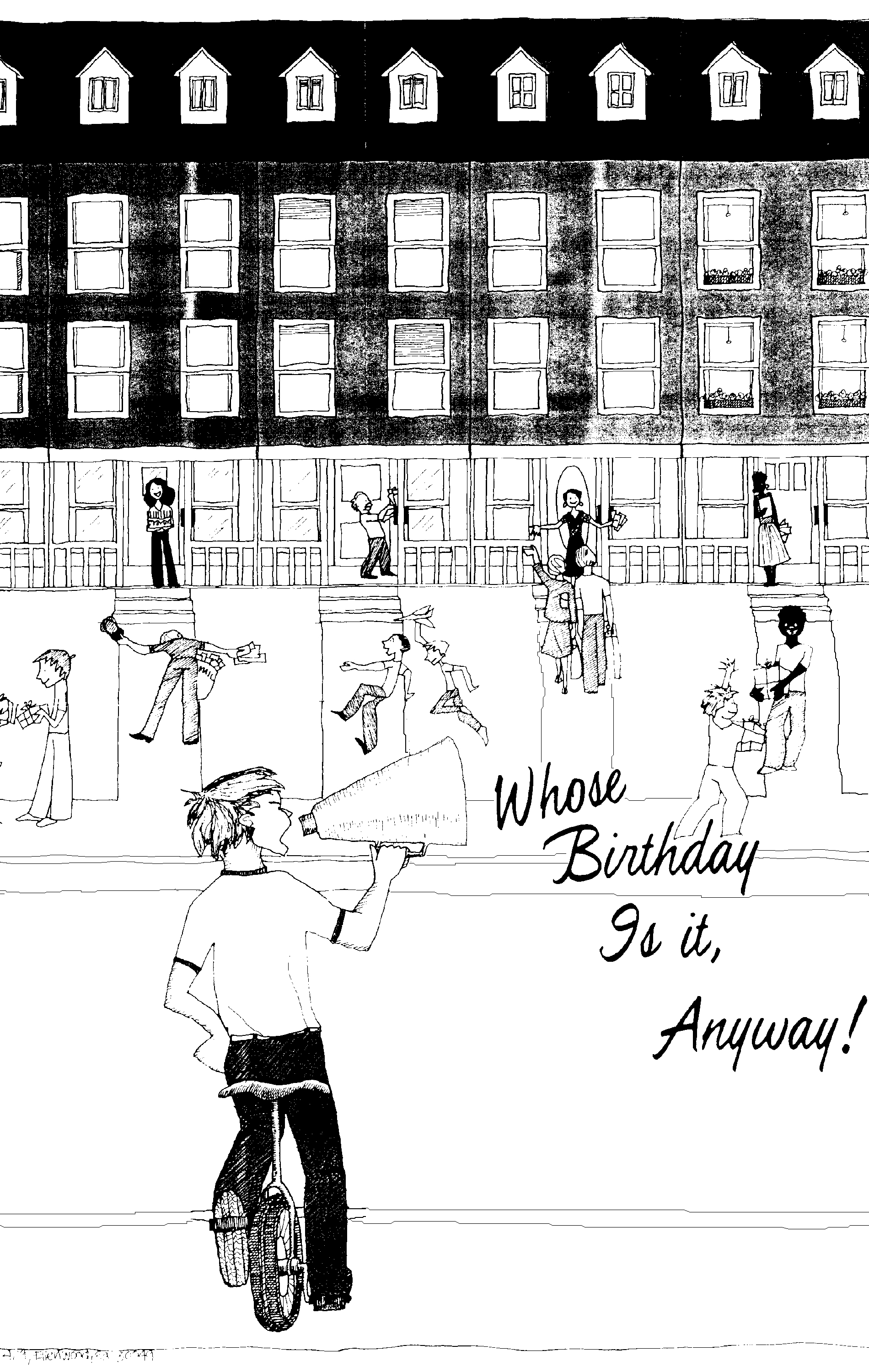
Whose Birthday Is It, Anyway?
(The Story of Jason)
In the Land of Puzzling Tales, there lived an eight-year-old boy by the name of Jason.
Now in this land and in the neighborhood where Jason lived, the unexpected always happened.
Instead of football they played kneeball; instead of the children "going to school" the teachers were busy "going to homes." In the summer time, it was not uncommon to see water freeze and in the winter time to see leaves on trees. It was a funny, strange place.
One incident in the Land of Puzzling Tales stands out. When it was time for Jason's ninth birthday, as usual, the unusual happened.
Jason's grandparents came from their home across the country to help celebrate, but of course, when they got to Jason's neighborhood, they went immediately to the Browns' down the street and visited and stayed there.
When Jason's mother baked the birthday cake, she gave it to the letter carrier to eat.
And when all the neighborhood kids heard it was Jason's birthday, they exchanged gifts with one another and, of course, Jason got none.
There was a blizzard of birthday cards. The post office had to hire extra workers and work longer hours to handle the deluge of cards. Of course, in the Land of Puzzling Tales, the expected was the unexpected, and all the kids, the moms and dads, grandparents, and even a couple of dogs and a parakeet got cards, while poor Jason got none.
Finally, at about nine o'clock, in a fit of frustration and anger, Jason went out of his house, borrowed the school cheerleader's megaphone, rode up and down the street on his unicycle and shouted at the top of his lungs, "Whose birthday is it, anyway?"
And the night was so silent that all night long echoes bounced off the mountains. "Whose birthday is it, anyway?" "Whose birthday is it, anyway?"
The baby Jesus will be kidnapped again this year and held ransom for billions of dollars. This year North Americans will surrender billions of dollars to the stores to buy gifts to swap.
But it is Jesus' birthday! Jesus ought to receive the gifts. Jesus said, "Inasmuch as you have done it to the least of these my brothers and sisters, you have done it to me." We give to Jesus when we give to the poor, the weak, the hungry, the homeless, the refugees, the prisoners.
It will be a great birthday celebration when God's people begin in earnest to give once again to Jesus. For after all, it is his birthday, isn't it?
- Rev. Arley Fadness, Harrisburg, South Dakota
From this classic story comes the expression "Whose Birthday Is It, Anyway?" which is now the title of an annual Advent booklet for families published by Alternatives.
SimpleLivingWorks.org
3-A518
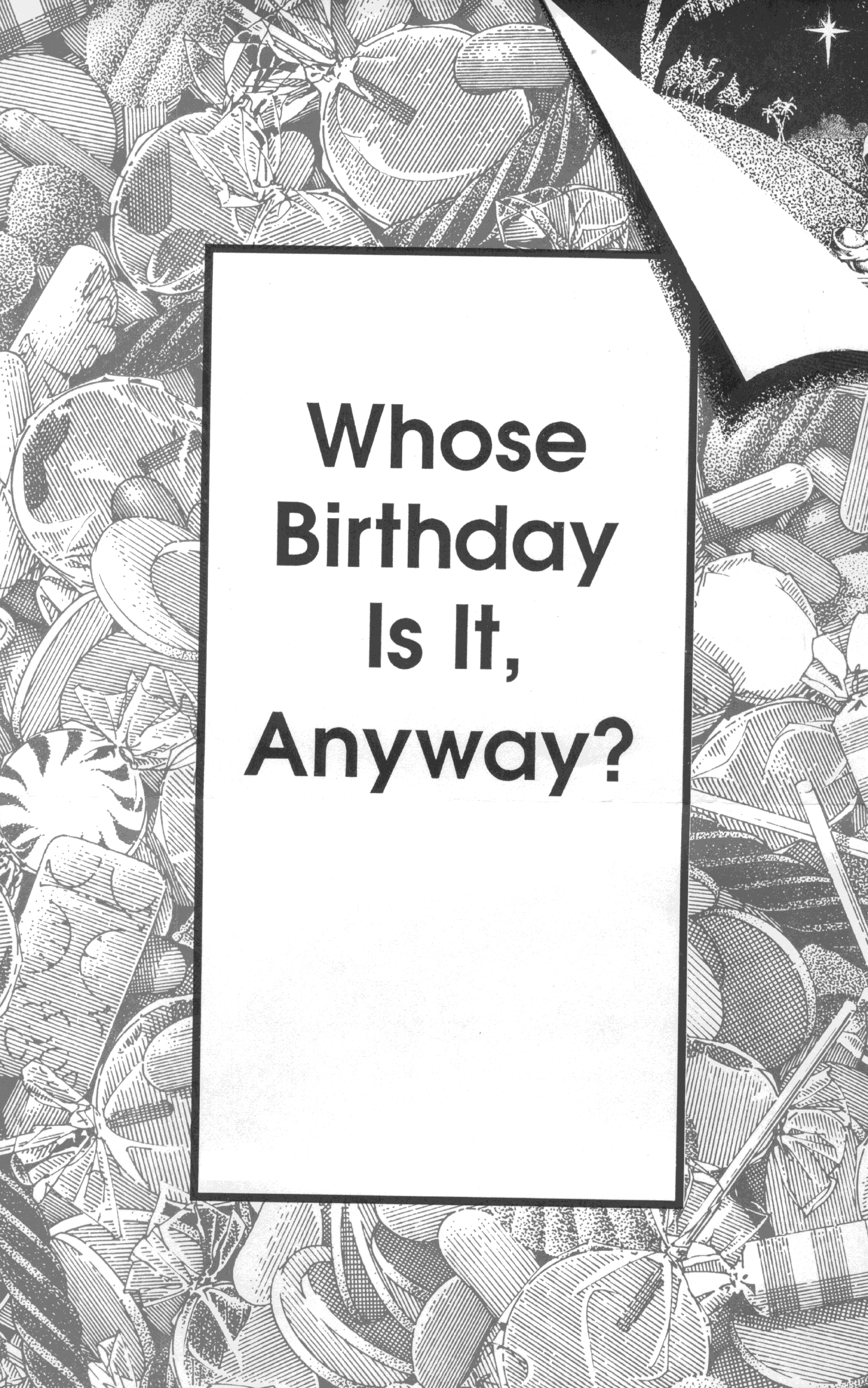
3-A519--Whose Birthday Is It, Anyway?
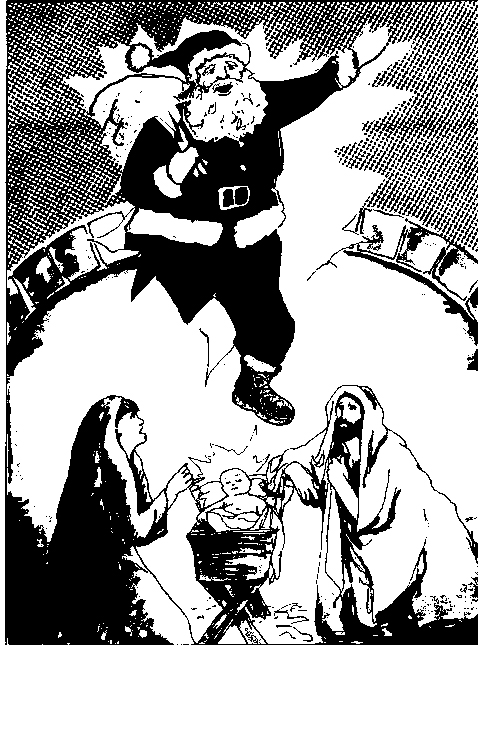
3-A520
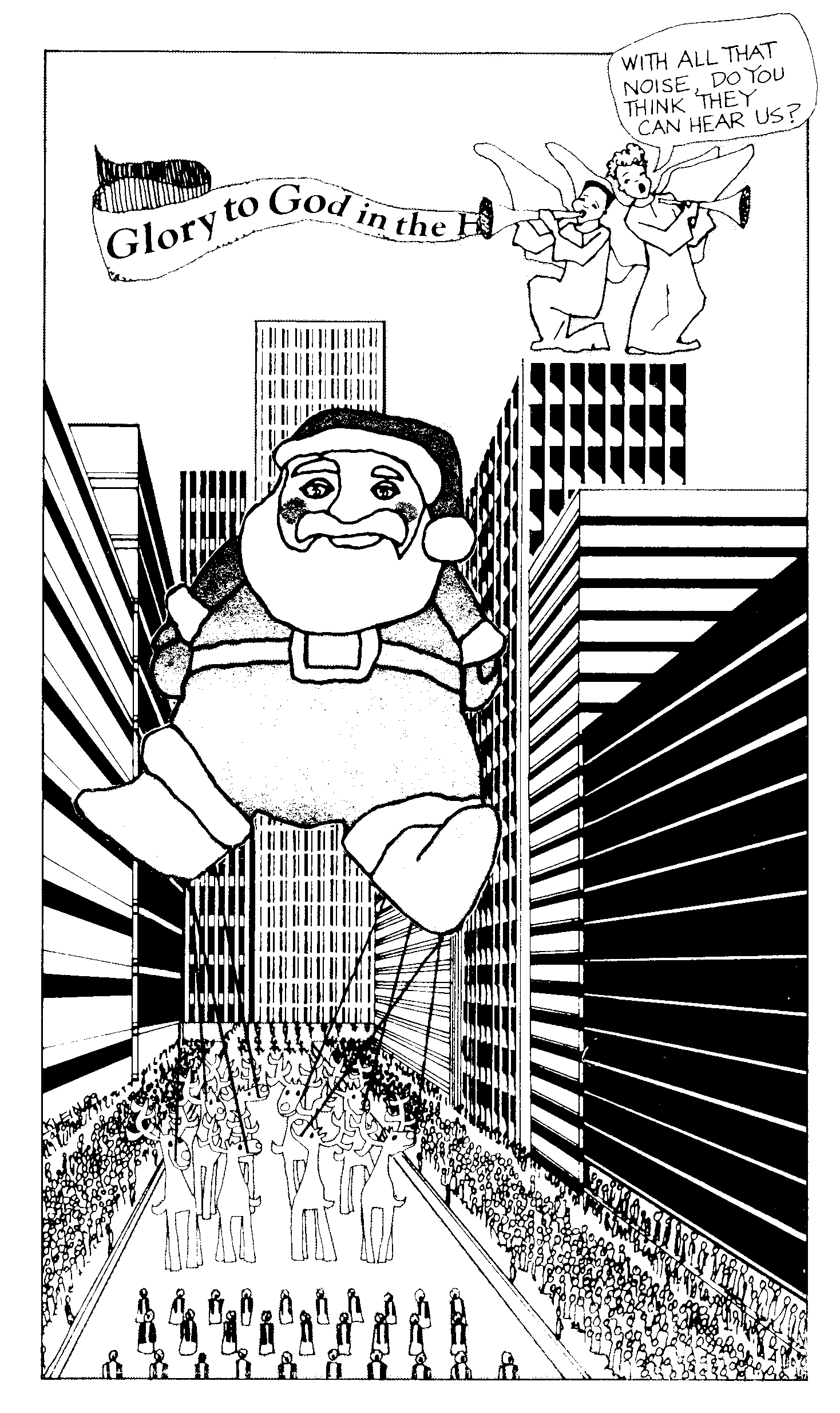
WITH ALL THAT NOISE, DO YOU THINK THEY CAN HEAR US?
For many, Christmas is the most exciting and exhilarating time of the year! School vacations. Breaks in the daily routine. Lights and decorations that brighten the darkness of winter. Television specials, parades and candlelight services. Parties and visits with loved ones. Secretive behavior and knowing glances at the table.
And what's it all about? An event heralded by angels to shepherds on a Judean hillside 2000 years ago: "Unto you is born this day in the city of David a Savior, which is Christ the Lord." And, we are told, those who heard the good news went with haste to see and worship the newborn Messiah.
Ironically, we may have trouble hearing the angels' message because of all the hubbub of pre-Christmas activities. In a society where our senses are under continual assault from October to December by a mass media hawking a commercialized version of Christmas, it is a wonder that we can hear anything else. Under this assault even the very activities we intend to express the Joy of Christmas can contribute to unfulfilled and unrealistic expectations, overspending, forgetting whose birthday is being celebrated, depression and a sigh of relief when it is all over.
How can we celebrate with joy and integrity? Although there are no simple formulas, consider some things that may help you maintain perspective:
* In the weeks before Christmas spend some time every day in silence, listening to your heart and faith instead of Madison Avenue.
* Consider replacing the Santa Claus traditions in your household with St. Nicholas traditions.
* Restore meaningful gift-giving practices that are personal and thoughtful with gifts whose worth is not measured by the price-tag.
* Remember whose birthday it is by giving 25% of your Christmas budget to those who really need it and by including in your celebrations people who would otherwise be alone.
For more ideas, visit SimpleLivingWorks.org
3-A521
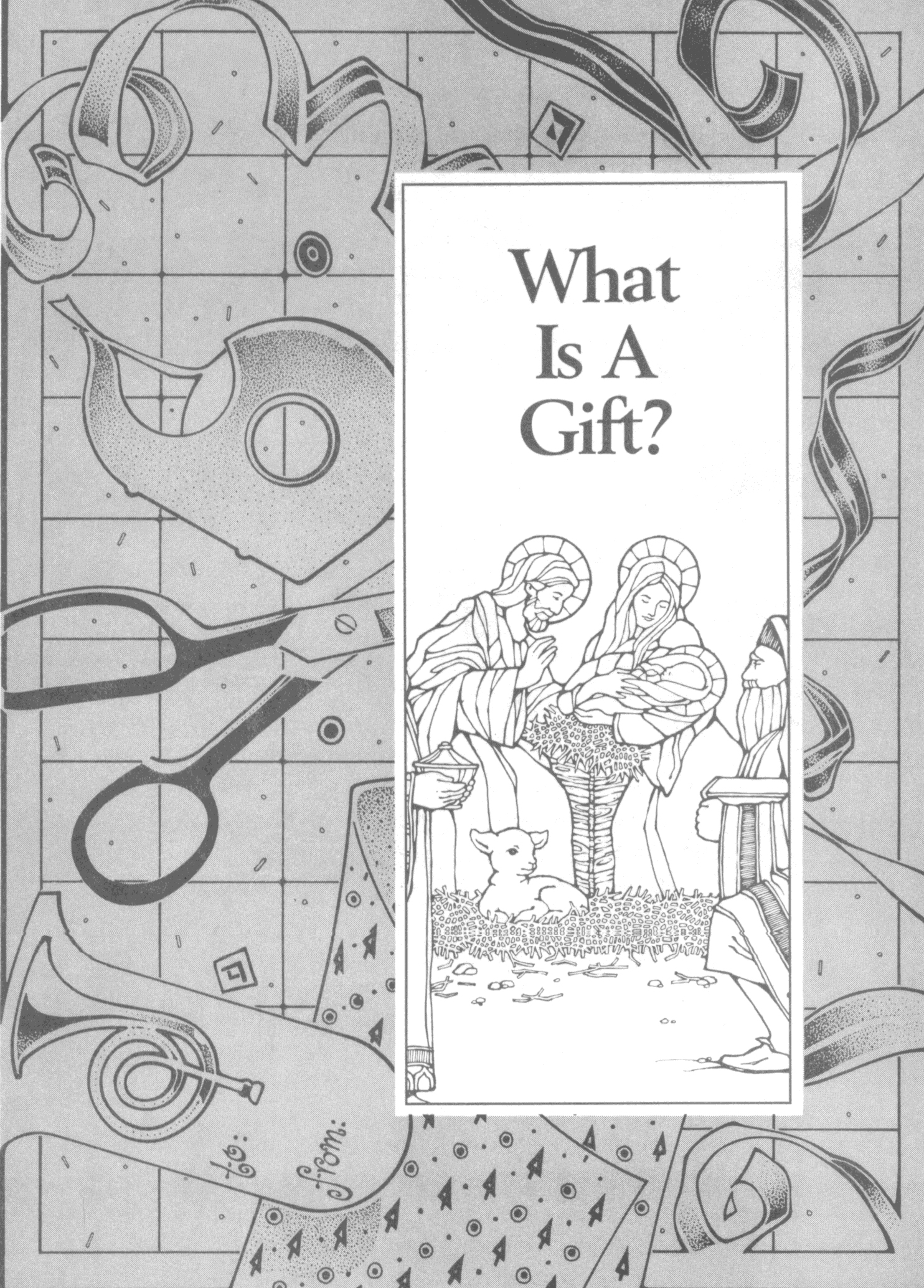
What Is a Gift?
How does a gift come to us?
In what might it be wrapped? In the blankets of a tiny baby... in the box carried on the long journey of a seeker... in the artwork of a child... in the creativity of a friend... in the corporate logos that go to all in the company... in the ancient message of the small picture... in the contemporary competition of foils, ribbons and papers?
Can we see gifts, can we receive gifts, in the unwrapped places of life -- in the barns, where the animals are... with today's travelers... with the clean and with the dirty?
Should we be looking for God's gifts to us in every place, in every experience of life? Should our eyes be open to what God is giving us in our relationships, in the messages shouted across all the media, in the emotions of guilt, celebration, longing and love? Should our eyes be open to the vision that is held out before us that keeps us in a slightly uneasy quest Christmas after Christmas?
A gift is more than an object. A gift is a carrier of meaning, values, esteem and is a symbol of our faith. So that any gifts we think of giving reflect God's giving and truly participate in the giving to which God calls us, ask:
* What meaning can this gift carry? What values can this convey?
* How can this gift reflect my feelings for the receiver? What can this gift symbolize about my faith?
For more ideas, visit SimpleLivingWorks.org
3-A522
Peace at Christmas
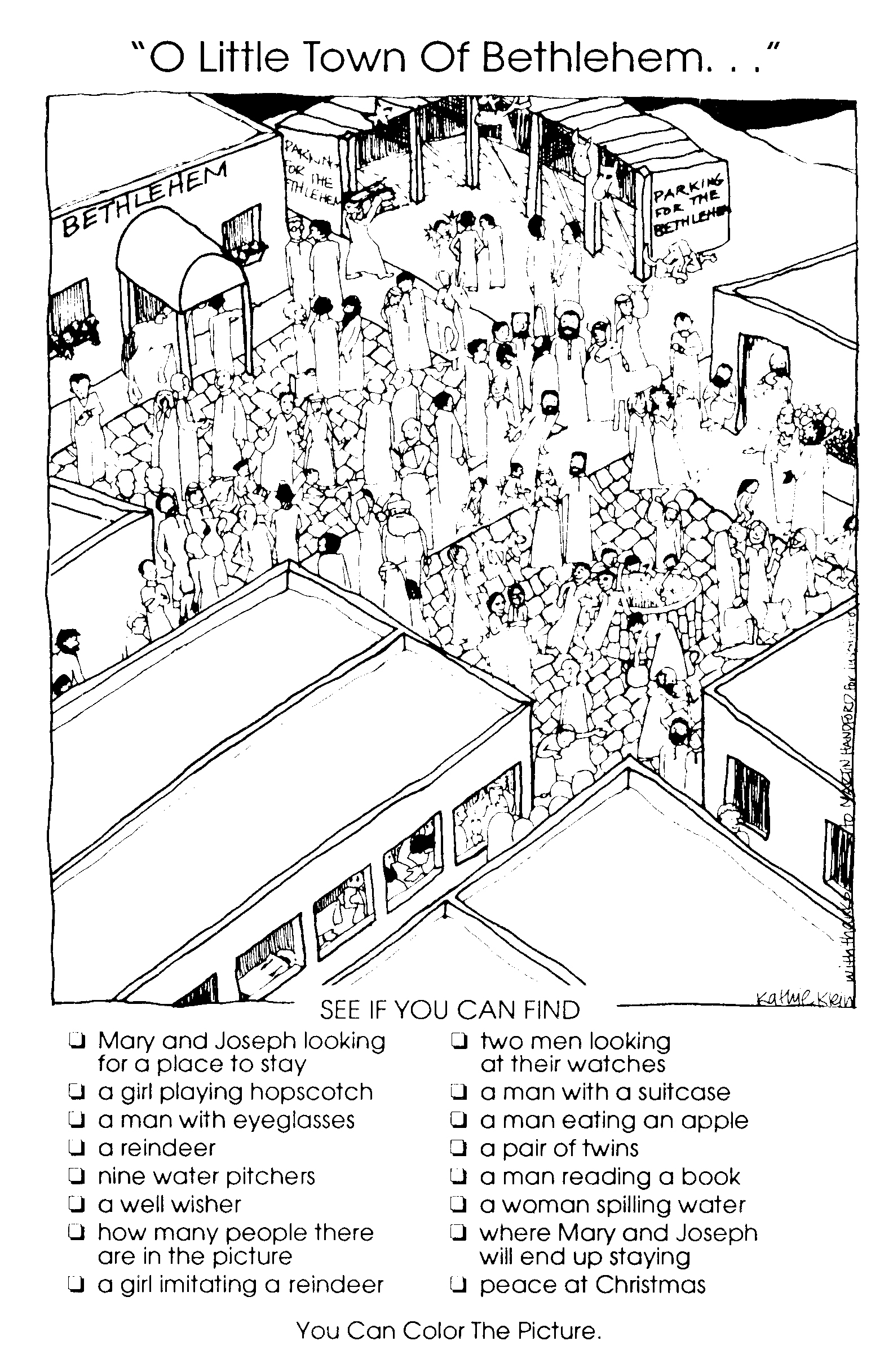
What a chaotic place Bethlehem must have been that first Christmas. Caesar Augustus had just issued an order requiring the registration of everyone in the Roman empire. The Gospel of Luke tells us "all went to their own towns to be registered." Mary and Joseph had to drop what they were doing, pack up their bags and head for Bethlehem. Imagine the noise and confusion as people from all over Palestine arrived in the small town. Doubtless, many were angry at having their lives disrupted. There must have been raucous reunions as friends and family, who had not seen each other for quite some time, were together again. Yes indeed, Bethlehem must have been a very crowded and chaotic place!
Just like Bethlehem, our own homes often become chaotic at Christmas. The dizzying pace of life in the information age seems to speed up this time of year. We face countless trips through crowded streets to busy malls and stores. Many travel great distances to be with friends and relatives. For some, family gatherings often add to the tension they experience. There are meals to cook, gifts to prepare, decorations to put up and parties to attend. Where is the peace and joy we've come to expect?
In the midst of all the noise and commotion of ancient Bethlehem, the Prince of Peace was born. And in the midst of our own hectic and chaotic lives, the Prince of Peace comes to us. This peace can't be bought at stores or malls and it can't be created with good food and fine decorations. Instead, the peace of Christmas is a gift from the one whose birthday we celebrate. So this Christmas open the doors of your heart and allow this peace to be born within you.
What We Can Do
1. RELAX! Don't let expectations for the "perfect" Christmas send you into a tailspin. Let go of those activities which only add tension to the season.
2. CENTER your celebrations on Jesus. Make a manger scene and display it in a prominent place in your home. Talk about the birth of Christ in your household.
3. SEEK SOLITUDE. Take ten or fifteen minutes each day to pray, study the Scriptures and meditate. Read the nativity texts or Bible passages related to peace.
4. SHARE the peace of Christ with those in need. Invite someone who might otherwise be alone to join in your celebrations. Volunteer at a local soup kitchen or homeless shelter.
5. REJOICE! The Prince of Peace has come! Let your heart be glad. This is what Christmas is all about.
For more ideas, SimpleLivingWorks.org
3-A523
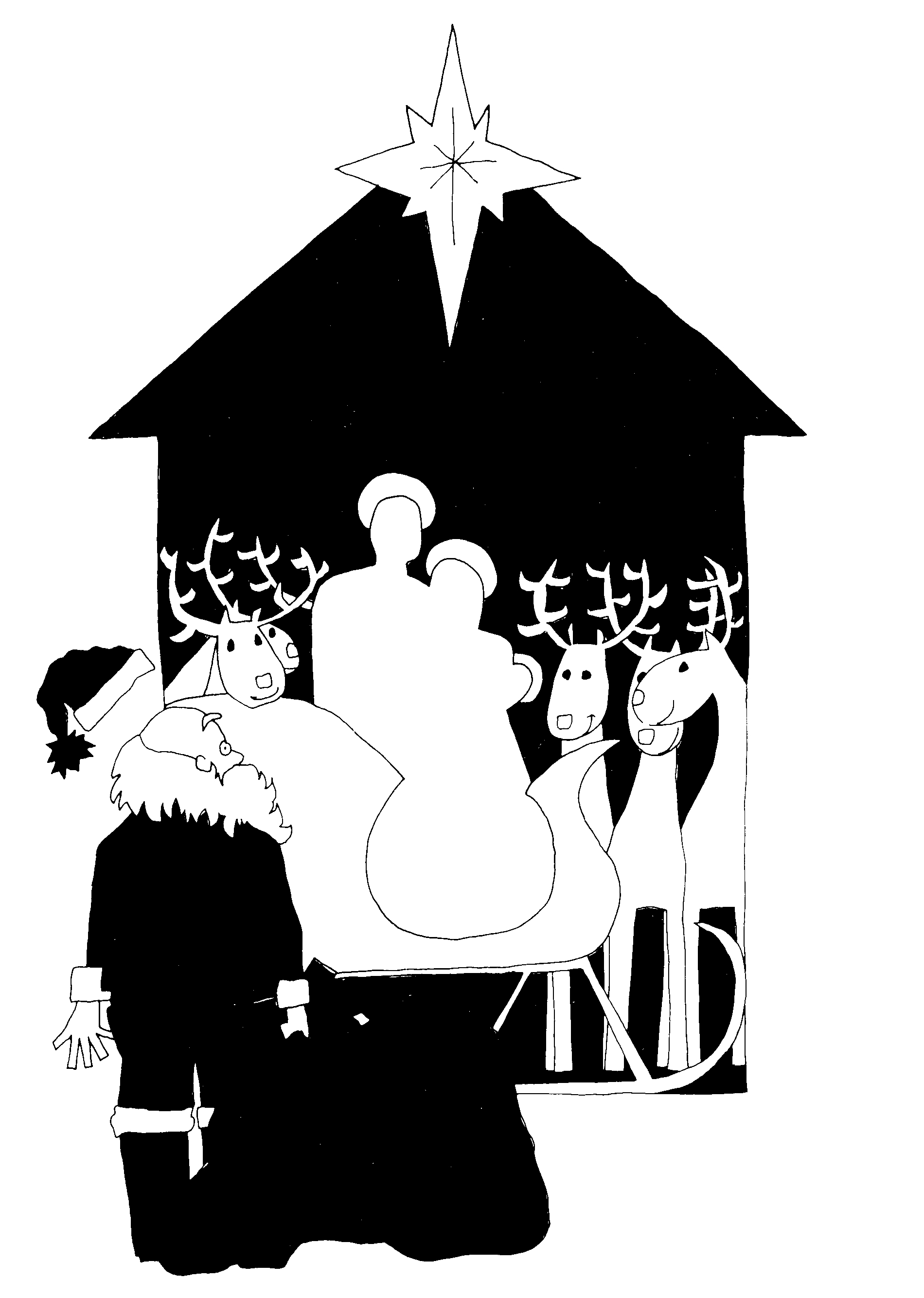
3-A523color

REMEMBERING WHOSE BIRTHDAY IT IS
The story is simple, yet startling. A baby was born in a barn and laid in a manger, with Mary and Joseph in attendance. Angels announced his birth to frightened shepherds in the dark stillness of a Bethlehem night, and magi came with gifts to worship him. In this baby, the long-awaited Messiah, were realized the hopes and dreams of the world. He came to bring good news to the poor, release for the prisoners, sight for the blind, freedom for the oppressed. It is his birthday we celebrate at Christmas. And we honor Christ's birth by continuing his work.
AS INDIVIDUALS: Volunteer your time and skills to help society's devalued people. For example, help with a senior citizen lunch program, visit people in prison or work with an advocacy group.
AS HOUSEHOLDS: Divert 25% of what you spent in time and money last Christmas to those who are really in need. Discuss changing gift-giving practices with your family and friends and decide if it is worth giving up some of what you did last year in order to offer a present that will continue Christ's work.
AS GROUPS: Form a covenant group and commit a certain amount of time, energy and money to meet a need in your community. Or help those that are already trying to meet a need, such as providing food, shelter, reading lessons, transportation or community meals. Examine the impact of lifestyle on larger issues such as global justice, environmental protection and nuclear disarmament.
AS A CONGREGATION: Encourage those working in your denomination to combat hunger and poverty and promote social and economic justice. Contact those agencies and find out how you can support their work. Consider a yearlong commitment as well as a special Christmas offering.
On birthdays we find ways to honor the one whose birth we are celebrating. How will you celebrate Jesus' birth this year?
For more ideas, visit SimpleLivingWorks.org
3-A526
Time for a Christmas Checkup?
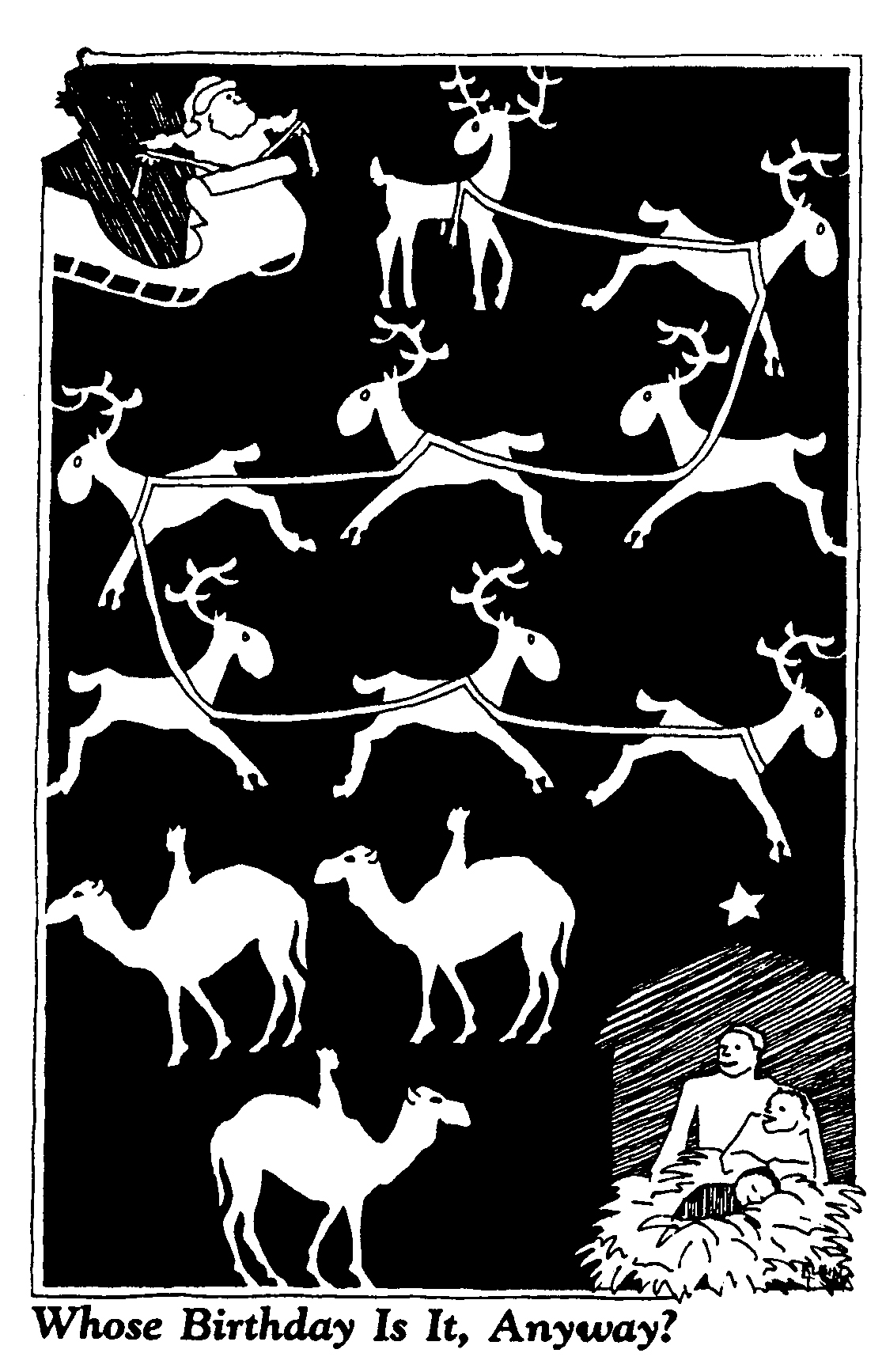
Sometimes it's hard to tell whose birthday it is, isn't it? Even the familiar sights, sounds and smells which remind us that Christmas is coming can distract us from the purpose of this important celebration. Perhaps it's time for a Christmas "checkup." Ask yourself the following questions:
*Is Christmas a time of spiritual renewal for me?
* Which receives the most attention in my household at Christmas -- the "advent" of Santa Claus or the Advent of Jesus Christ?
* Do I feel pressured by the media, friends, relatives and myself to do things and spend money in ways that do not honor the birth of Christ?
* Am I comfortable with the gift-giving patterns of my family? Does my spending for Christmas reflect my faith?
* The Gospels say that Christ's coming was "good news to the poor." Are my celebrations of his coming also "good news to the Poor?"
Do your answers make you feel a need to change some of your Christmas celebrations? If so, consider the following:
* Observe the spirit of Advent. Avoid commercialized Christmas hype. Take some quiet time each day of Advent for reflection about what you want to celebrate this Christmas.
* Reconsider perpetuating the Santa traditions in your household. If Santa has become the center of attention, maybe he should go.
* Rediscover new "old ways" of giving, in which thoughtfulness and creativity - not money - are the measures of good gifts.
* Divert from this year's Christmas budget an amount equal to 25% of what you spent last Christmas and give it to those who really need it.
* Include in your Christmas celebrations those who would otherwise be alone.
These are suggestions, not a magic formula for spiritual health at Christmas. Consider them as you seek to shape your celebration in such a way that this Christmas neither you nor the members of you household will wonder "Whose birthday is it, anyway?"
For more ideas, visit SimpleLivingWorks.org
3-A527
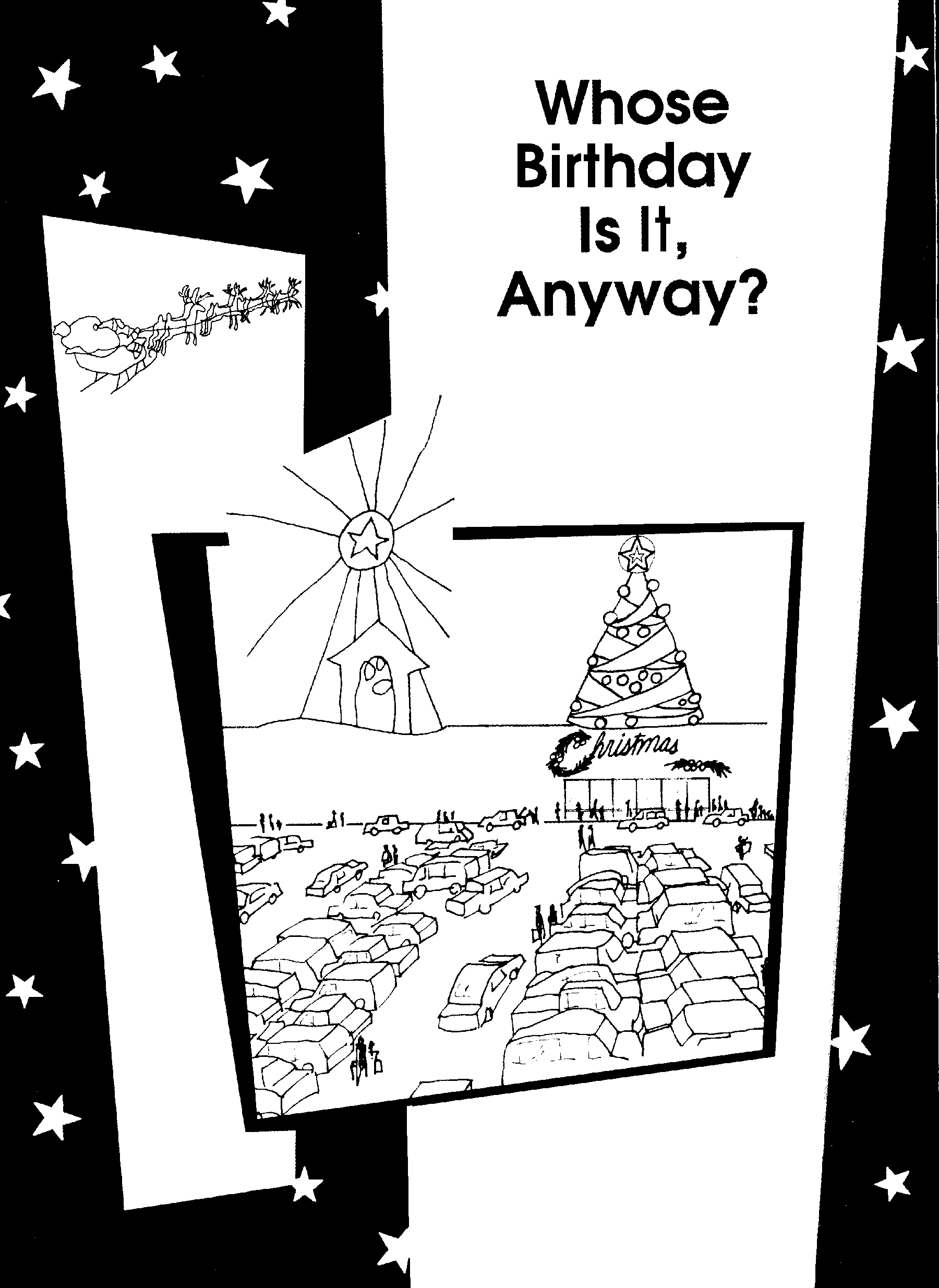
3-A528
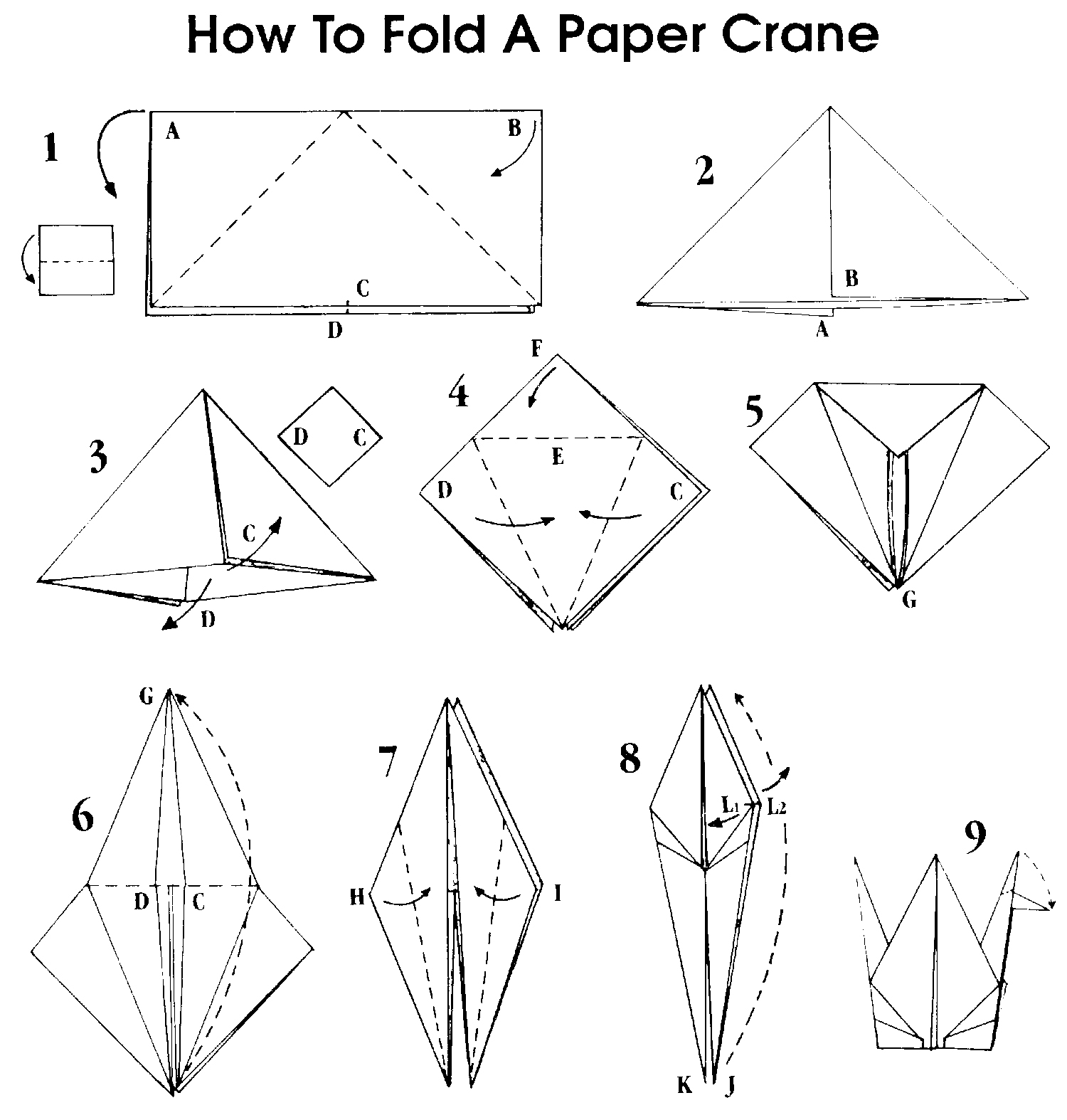
3-A529
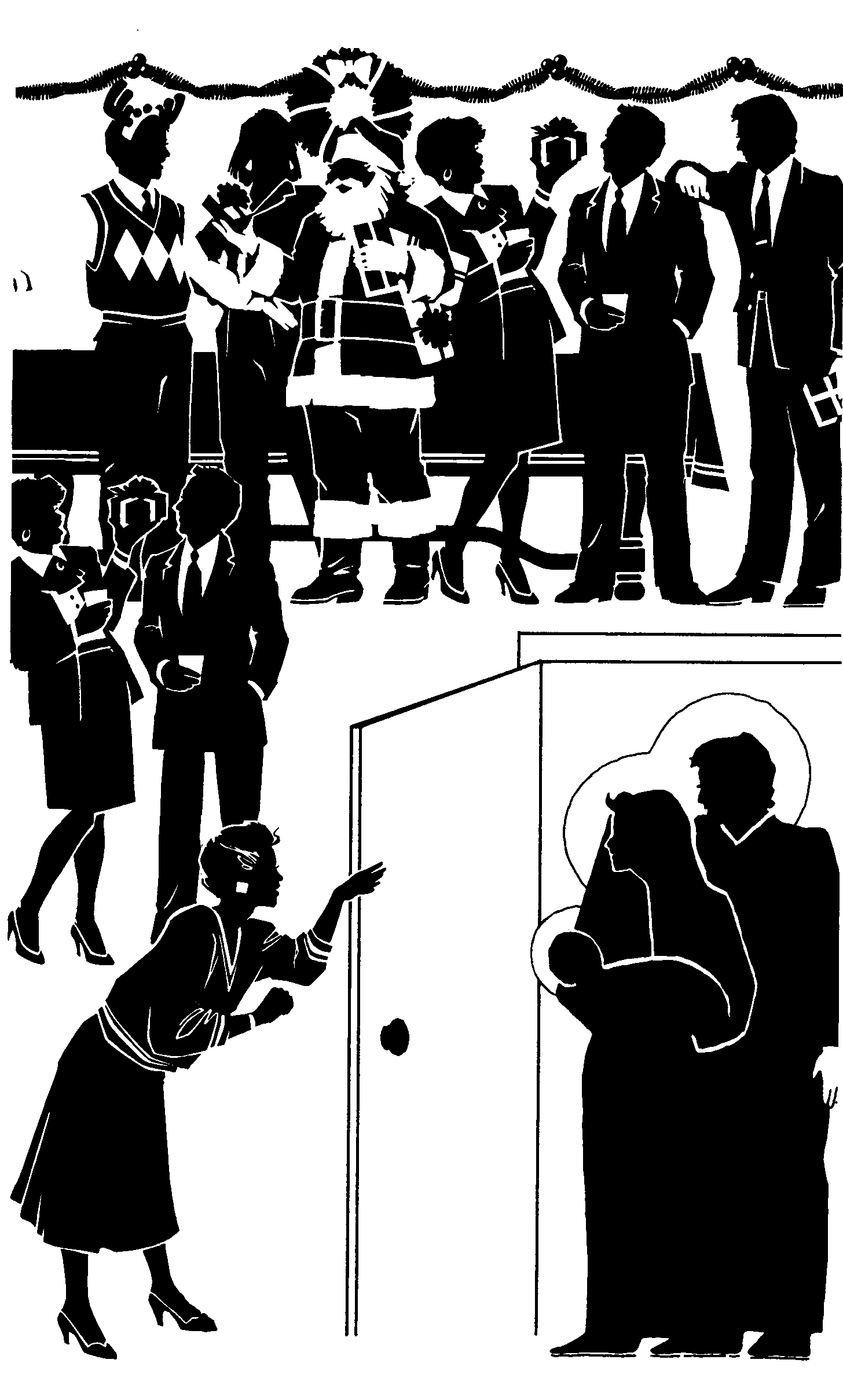
3-A530
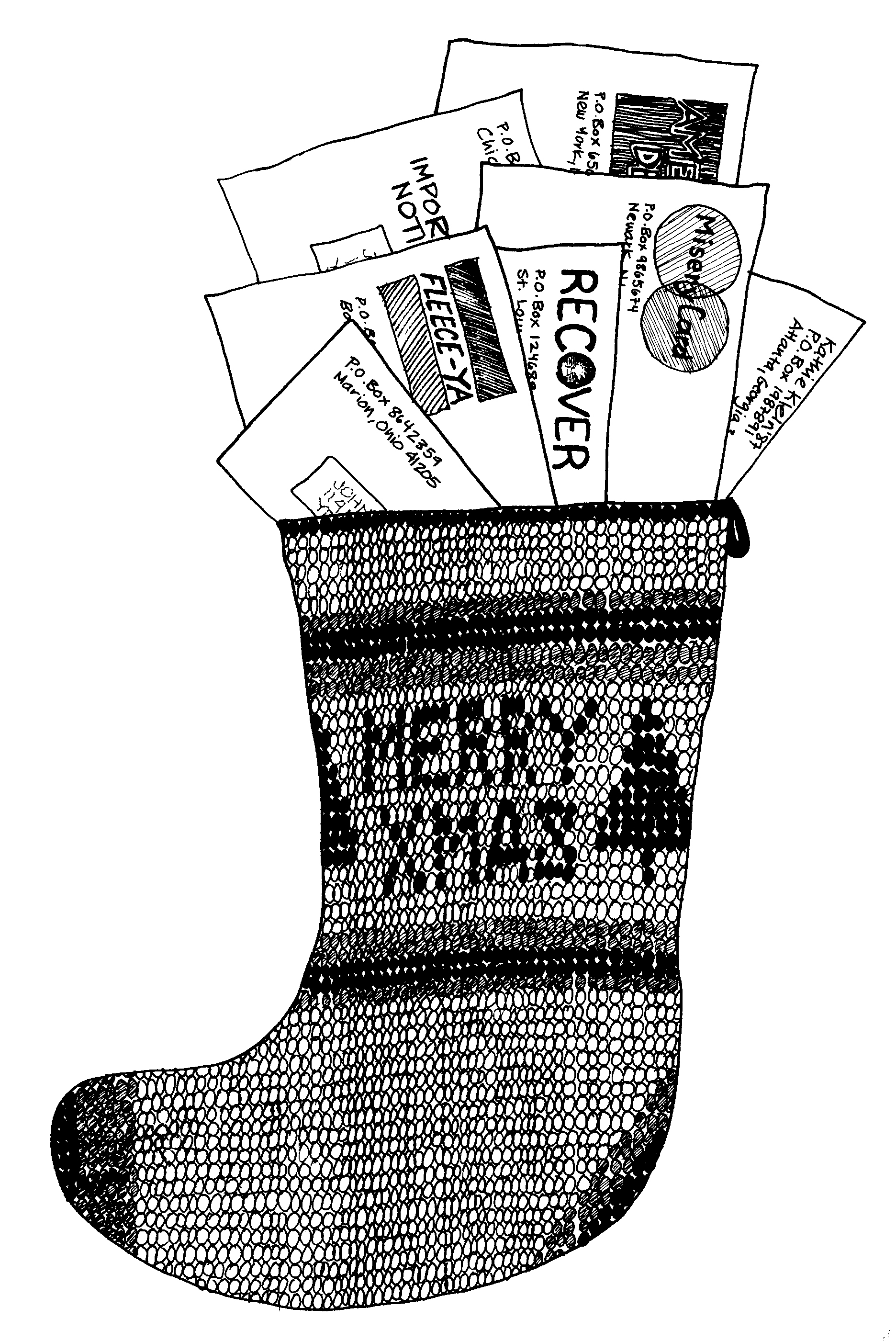
3-A532
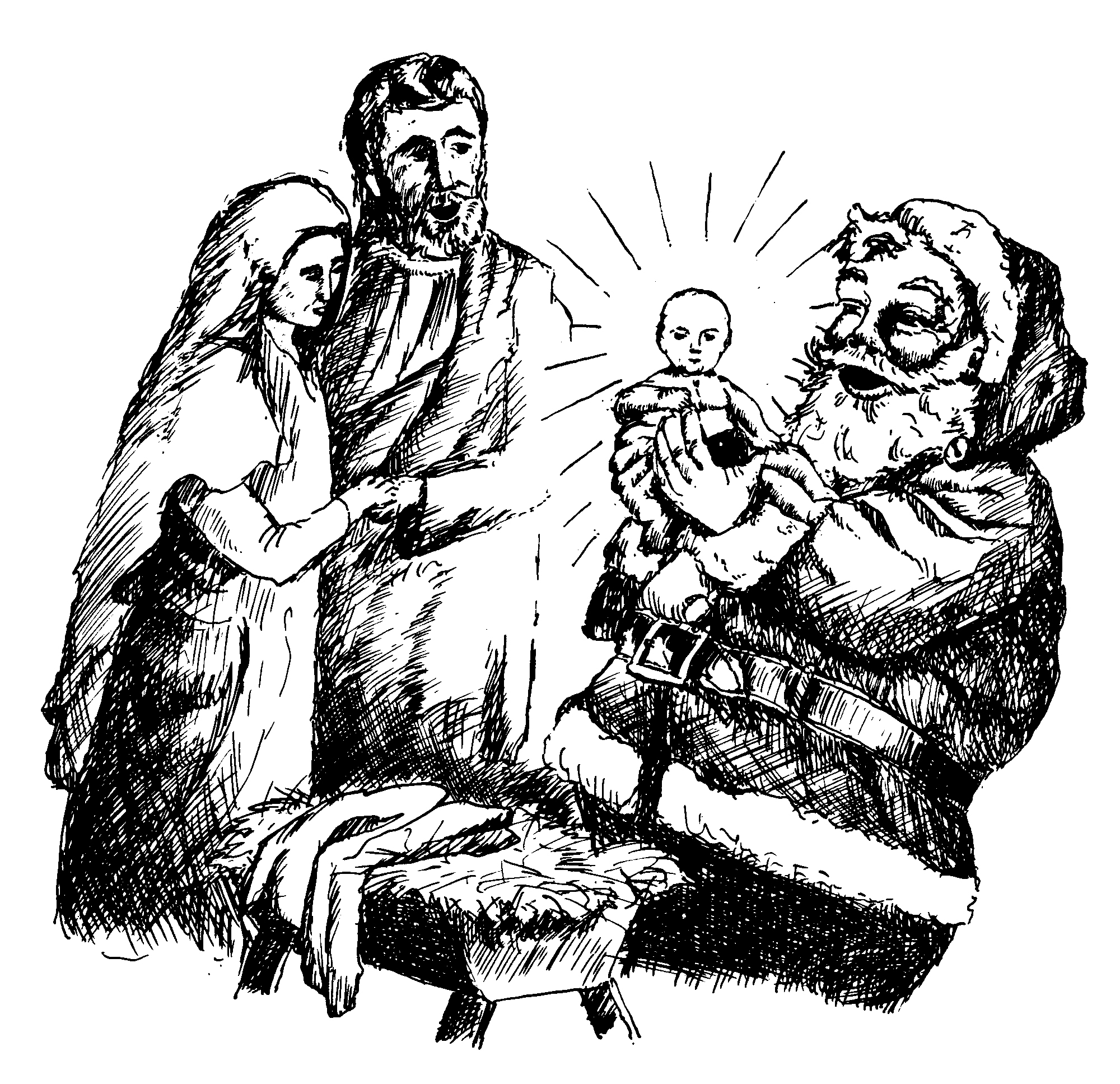
3-A533
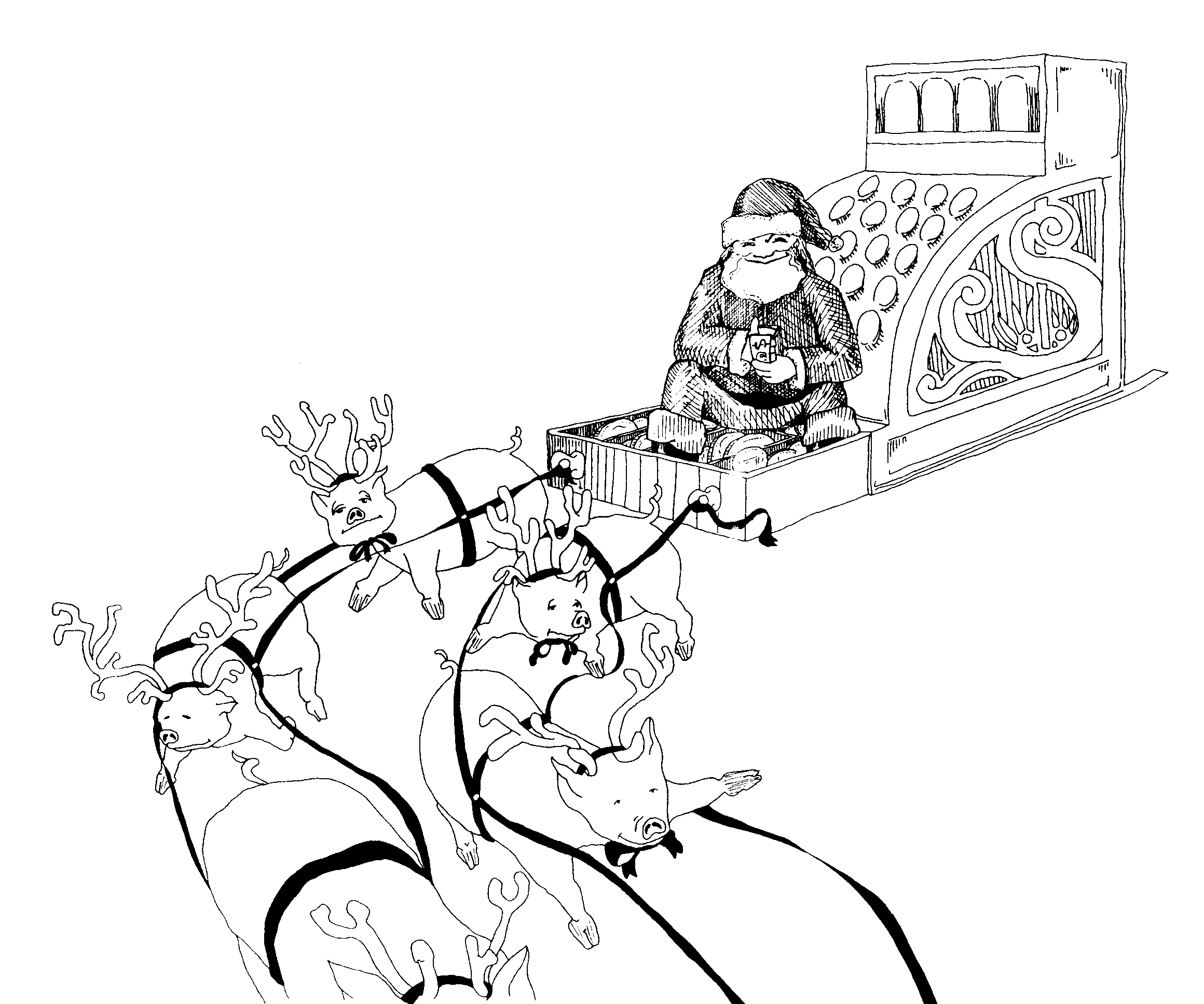
3-A534

I'm afraid of my toys!
3-A801
.JPG)
3-A802
.JPG)
3-A803
.JPG)
3-A804
A Voice in the Wilderness
.JPG)
3-A811
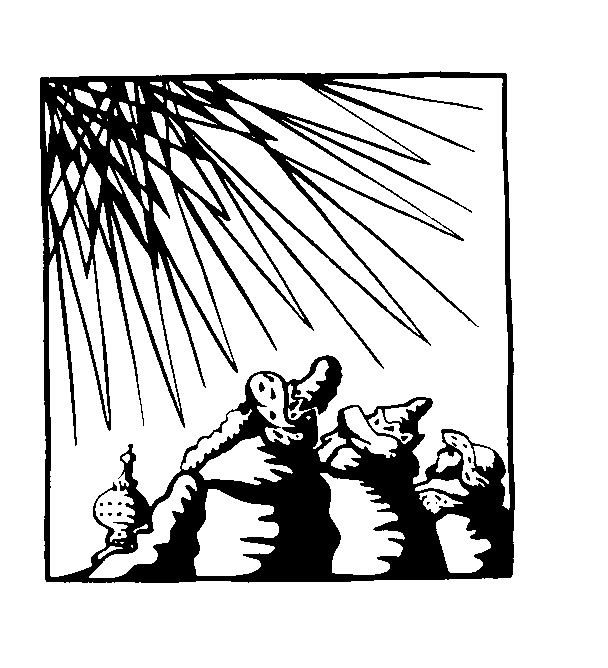
3-A812
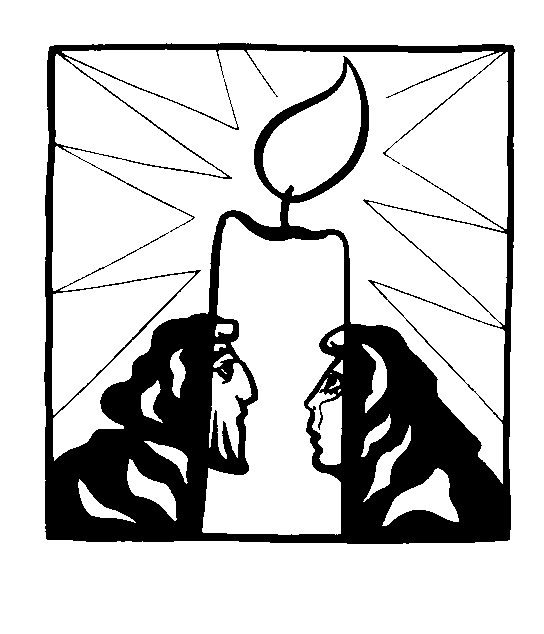
Let your light shine
3-A863
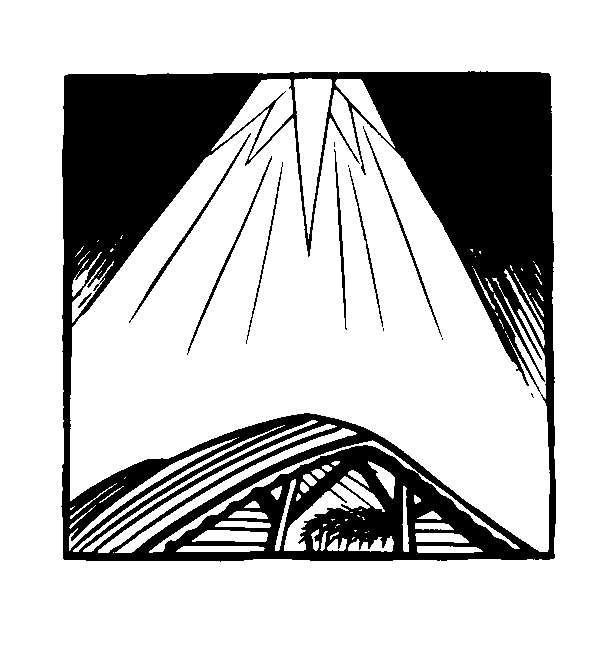
3-A876
.JPG)
3-A878
.JPG)
3-A879
.JPG)
3-A906
.JPG)
3-A907
.JPG)
3-A908
.JPG)
3-A909
.JPG)
3-A910
.JPG)
3-A911
.JPG)
3-A912
.JPG)
3-A913
.JPG)
3-A914
.JPG)
3-A915
.JPG)
3-A916
.JPG)
3-A917
.JPG)
3-A918
.JPG)
3-A919
.JPG)
3-A920
.JPG)
3-A921
.JPG)
3-A0110

3-A0111
Flight
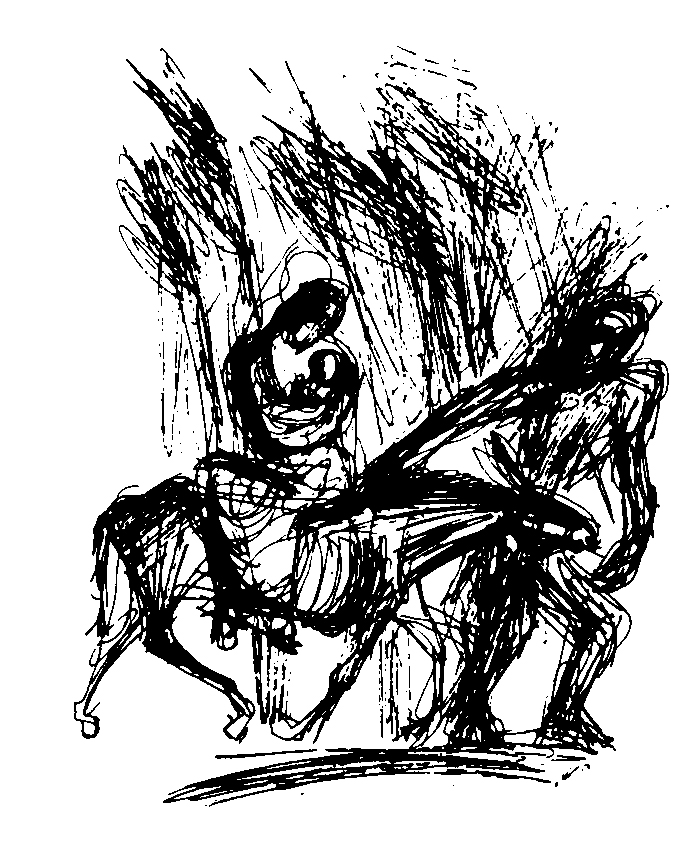
The Way Isn't Always Easy
If it hadn't been for Joseph, the neighborhood kids would have tormented Jesus, calling him a bastard; and Mary simply wouldn't have been accepted in respectable society.
Bethlehem is
Wherever people cannot tolerate inhumanity and where they have a hunger and thirst for God's justice. Their hearts are so in tune with God's, that he can be born in them and live in them.
3-A0119
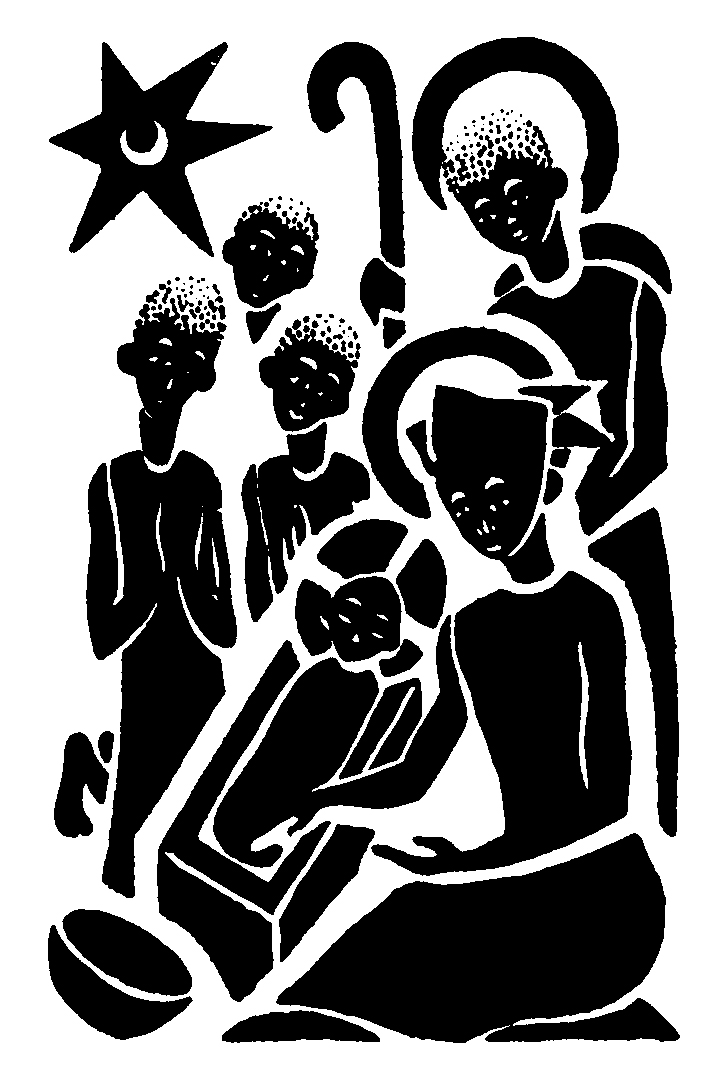
African Nativity
3-A0139
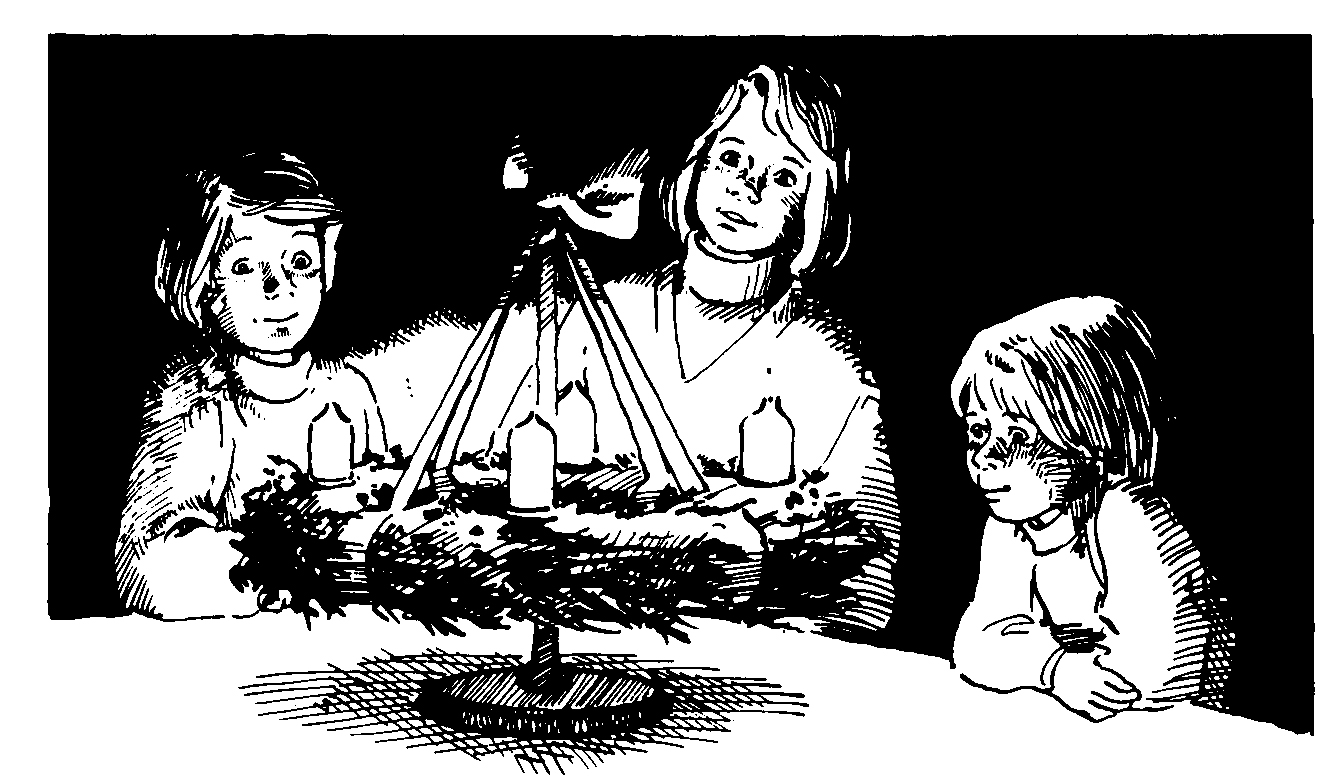
3-A0145

3-A0147
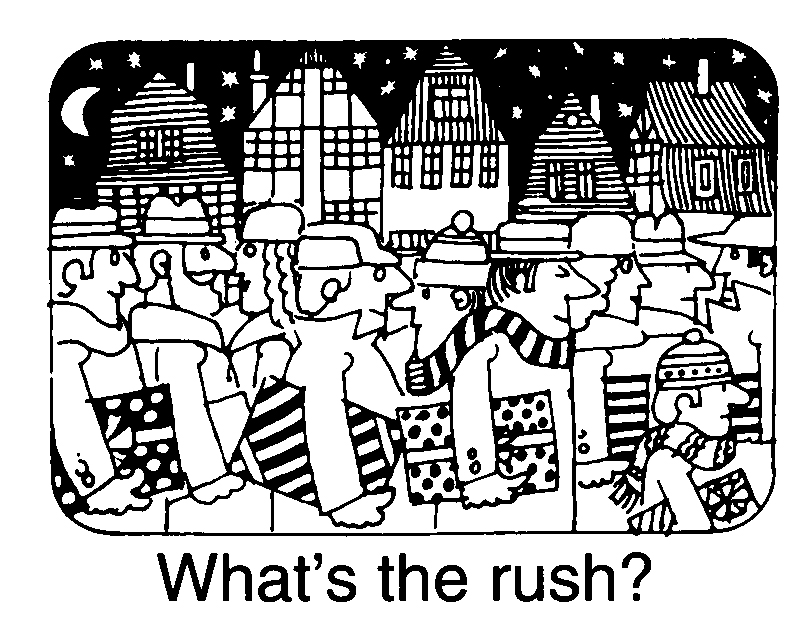
3-A0152

3-A0156
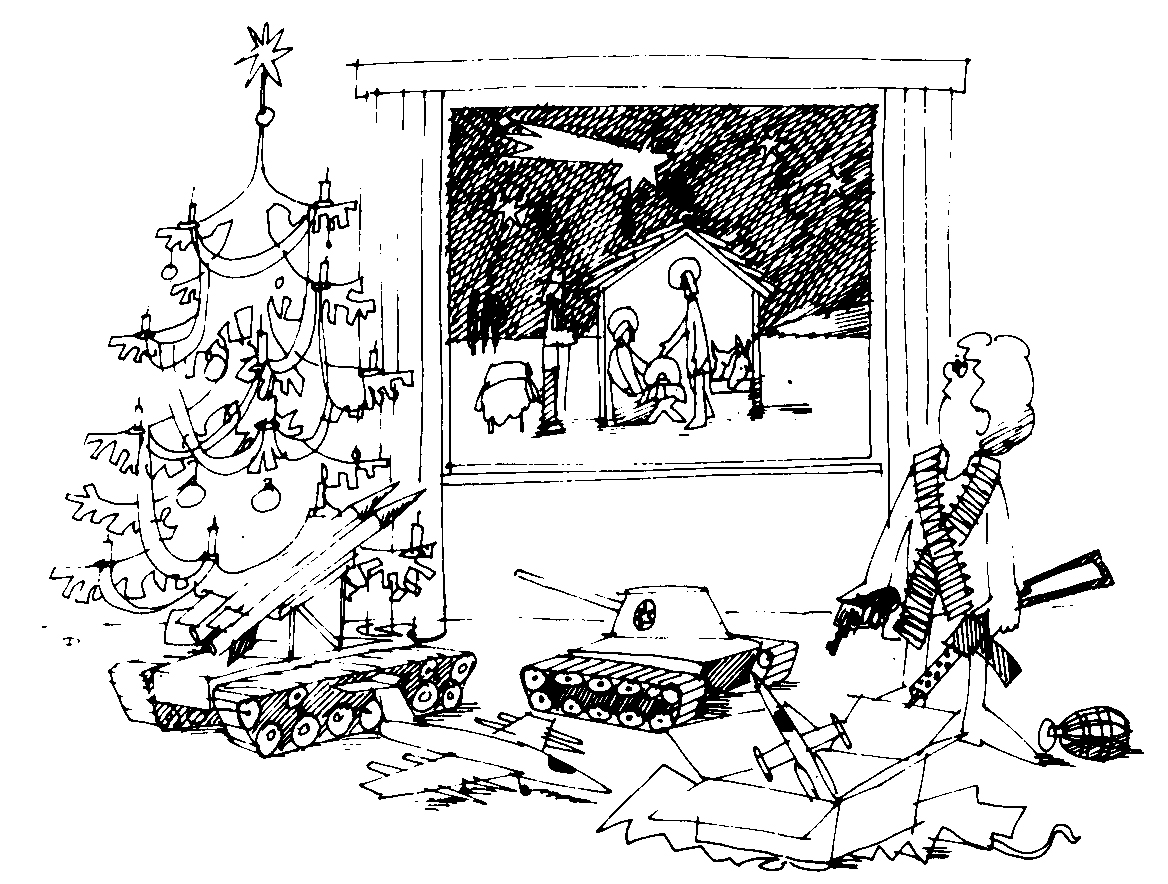
Do they really gotta camp outside our house? I don't want that riff-raff spoiling my Christmas!
3-A0161
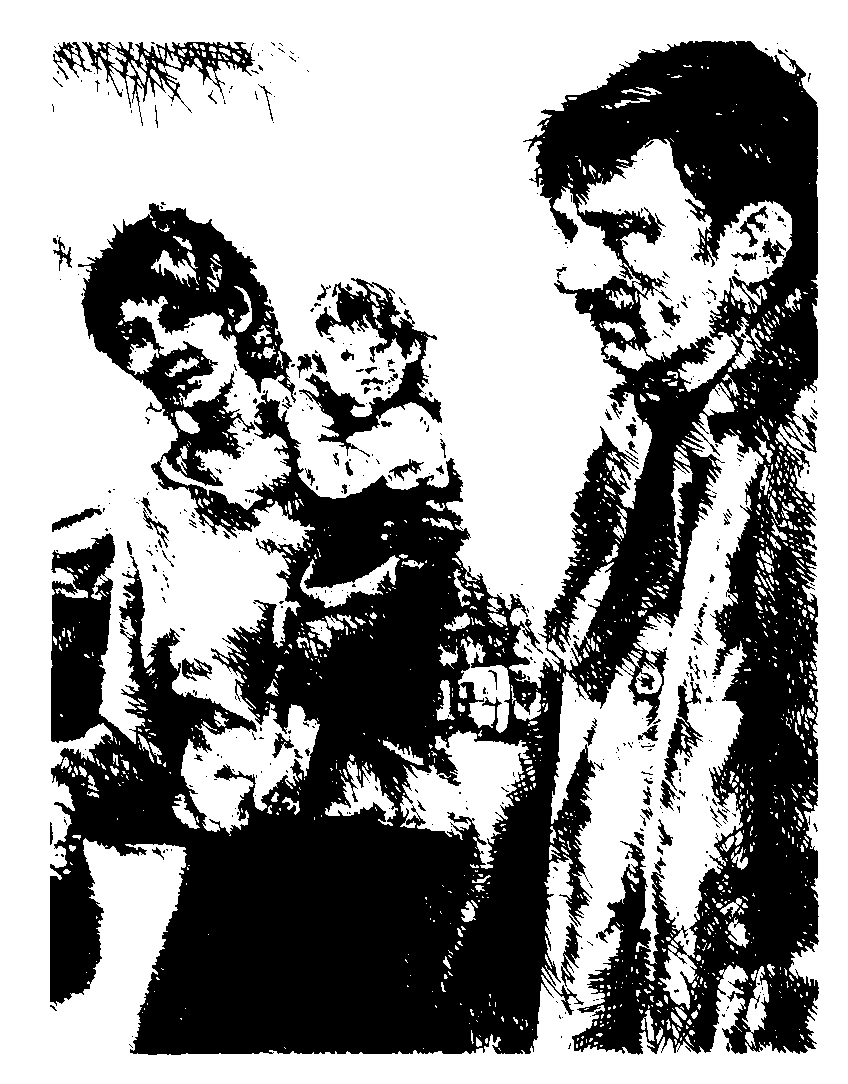
No Room in the Inn--
No Room in our Hearts
2,000 years after a homeless man named Jesus established Christianity, there are three million Americans who don't have a place to call home, while the rest of us turn a blind eye to this modern disgrace. In the city of New York on this Christmas Day, 25,000 people will be sleeping in the streets. Another 20,000 youth will be on the streets because, just as there was no room in the inn, there's no room in our hearts to house the homeless poor. There is not a single community in this country not impacted by homelessness. It is no longer a uniquely urban phenomenon. Whether you live in a rural, urban or suburban community, you have neighbors who have no place to call home. --Christopher Ney, D.D., New York City Coalition for the Homeless
3-A0313
Money Worries

3-A0602
Magnificat Dance
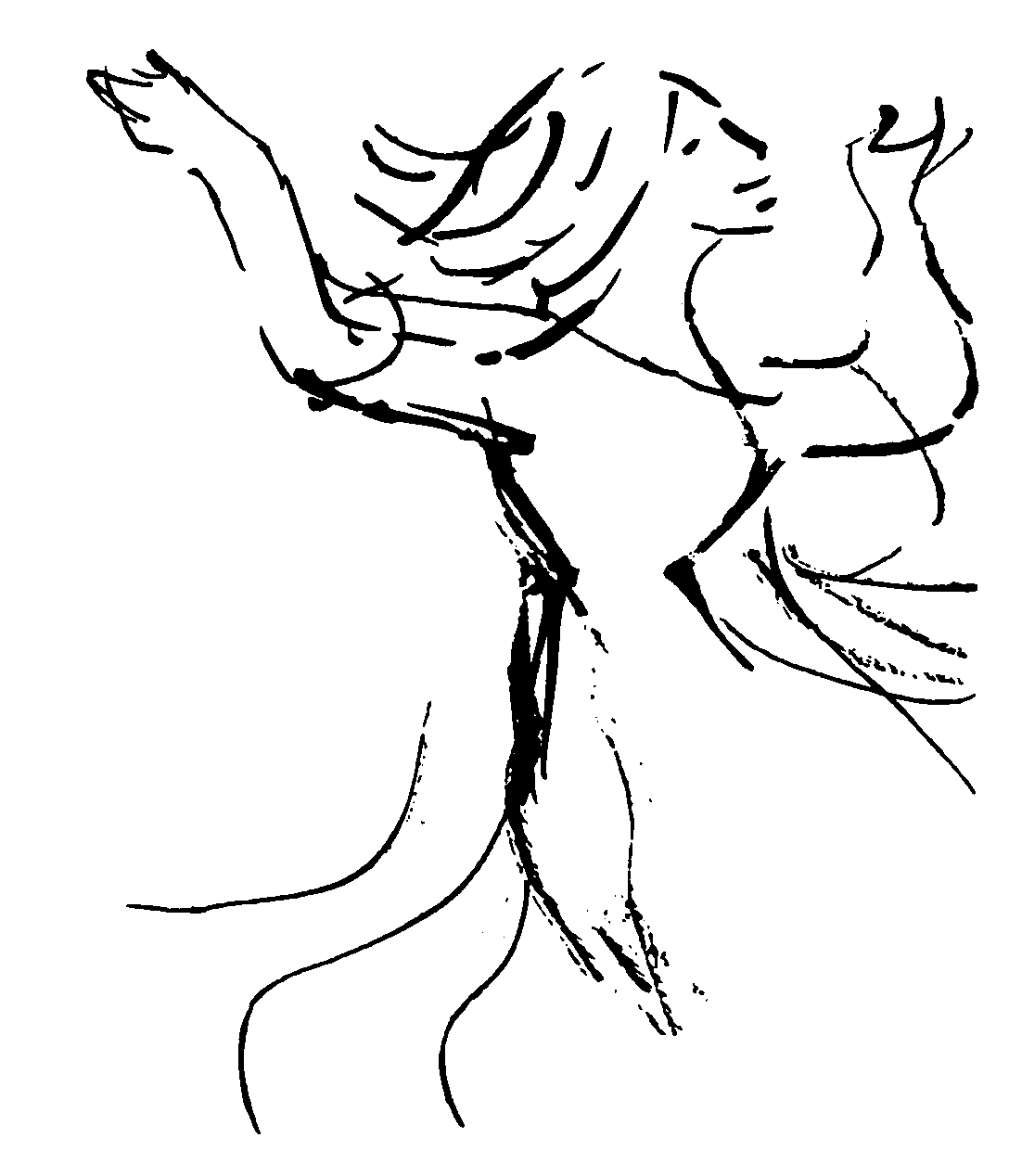
3-A0813

3-A0861
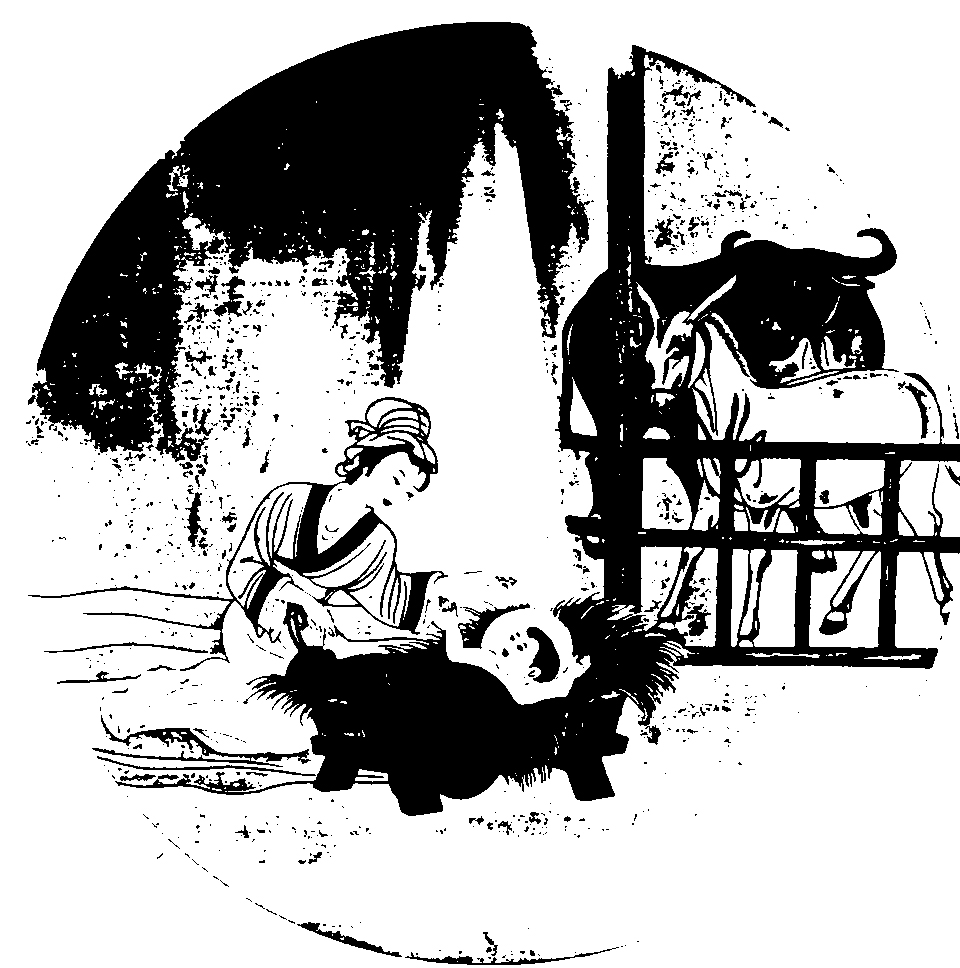
3-A0864
The Gospel According to US

1. In those days a decree went out from the stores that everyone should buy.
2. So they all went to buy, each to the nearest shopping center.
3. And they all returned and praised all which they had seen and bought, just as it had been told to them.
3-A0878
All the Children of the World
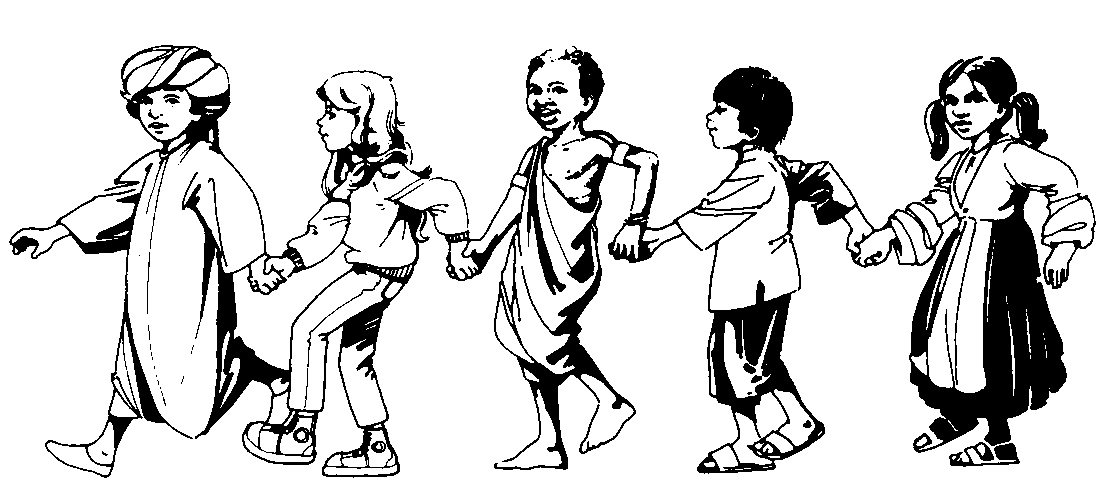
In Somalia there are children who look old because of hunger. In America there are children whose spirits are crippled by plastic, concrete, and video. In Colombia there are children who work the mines. In the Philippines there are children who are given up to prostitution. And in Bethlehem there is a child who can touch every heart. The child of Christmas needs to be everywhere, not only under the Christmas tree -- where he is hardly noticed.
3-A0888
And lived among us...
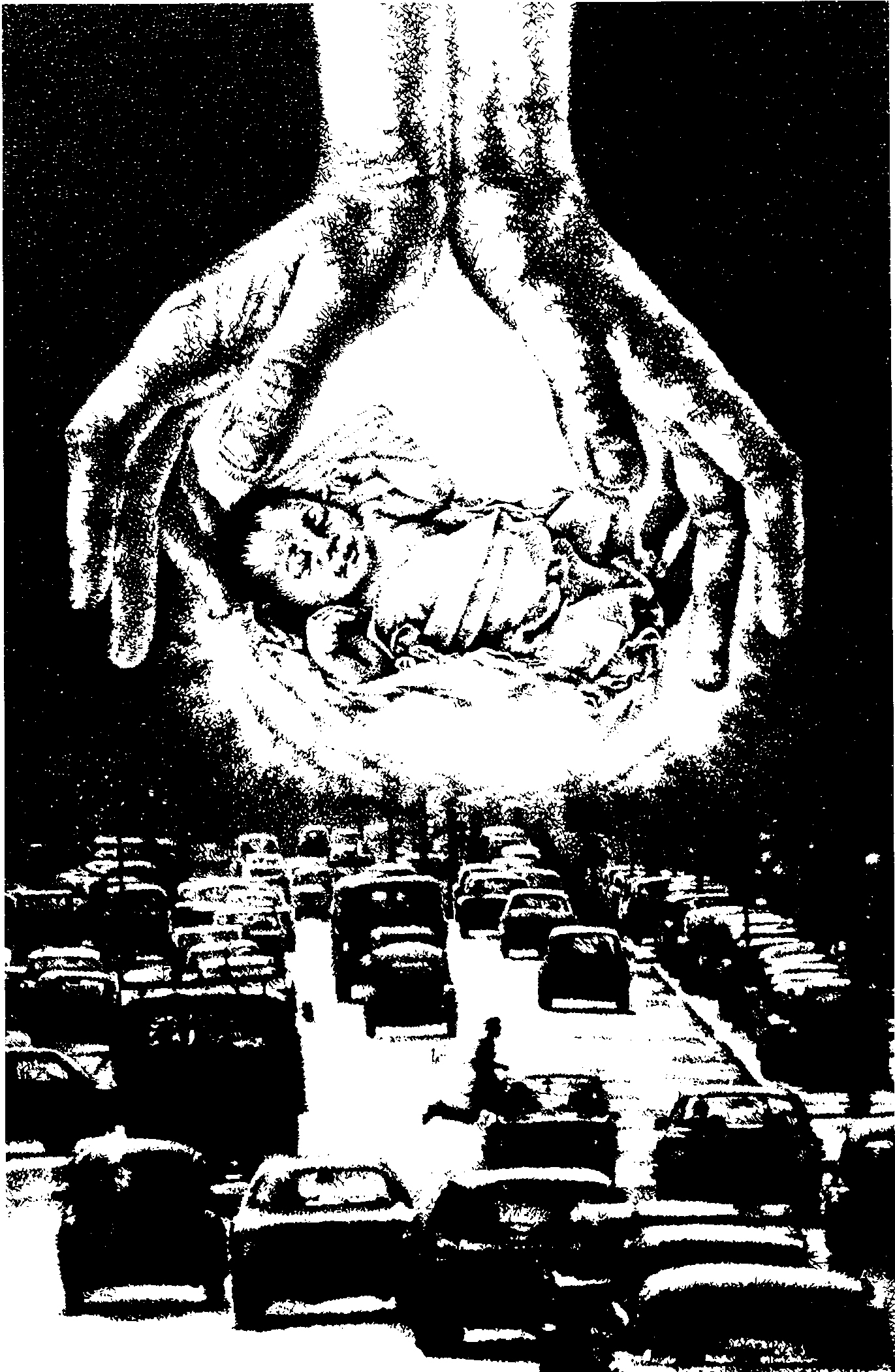
3-A0896
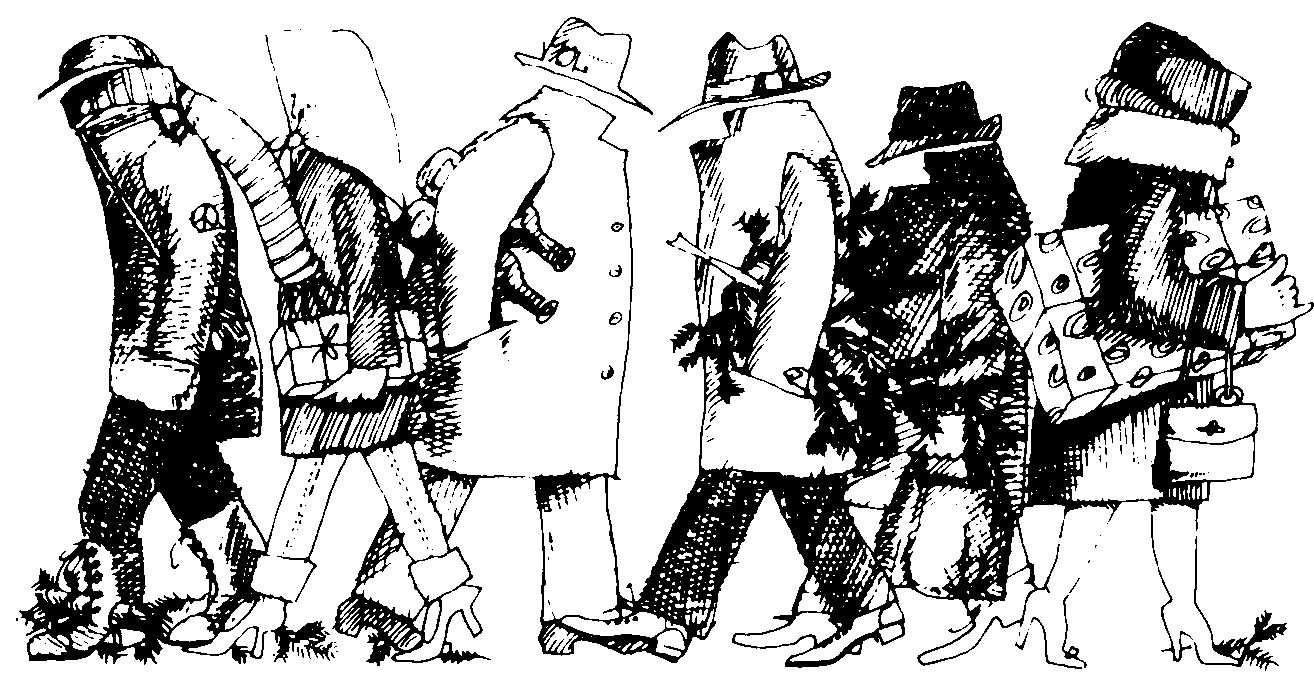
Most people celebrate Christmas because most people celebrate Christmas.
3-A0952
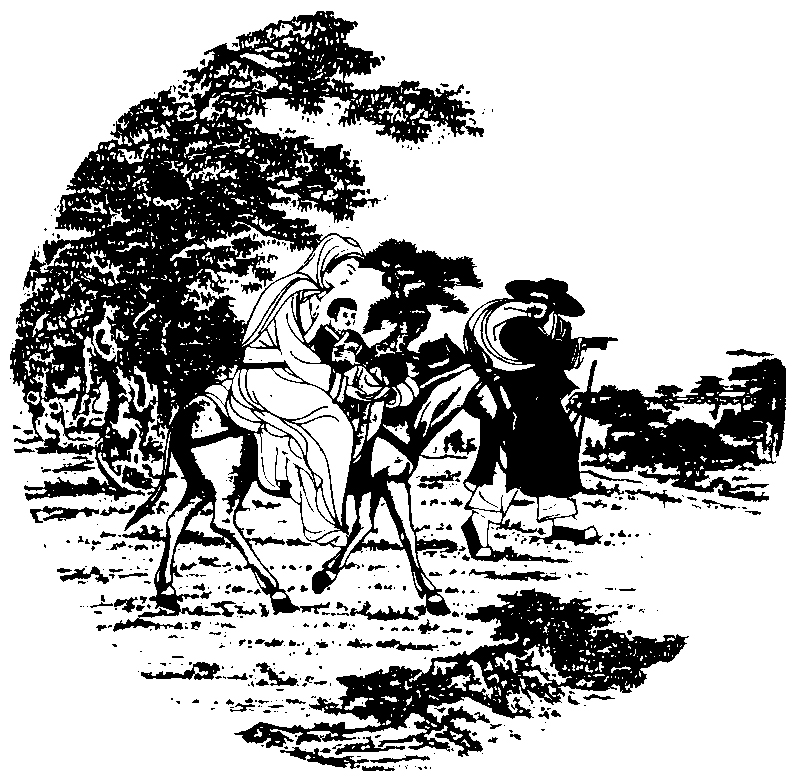
3-A1020
Christmas in Indonesia
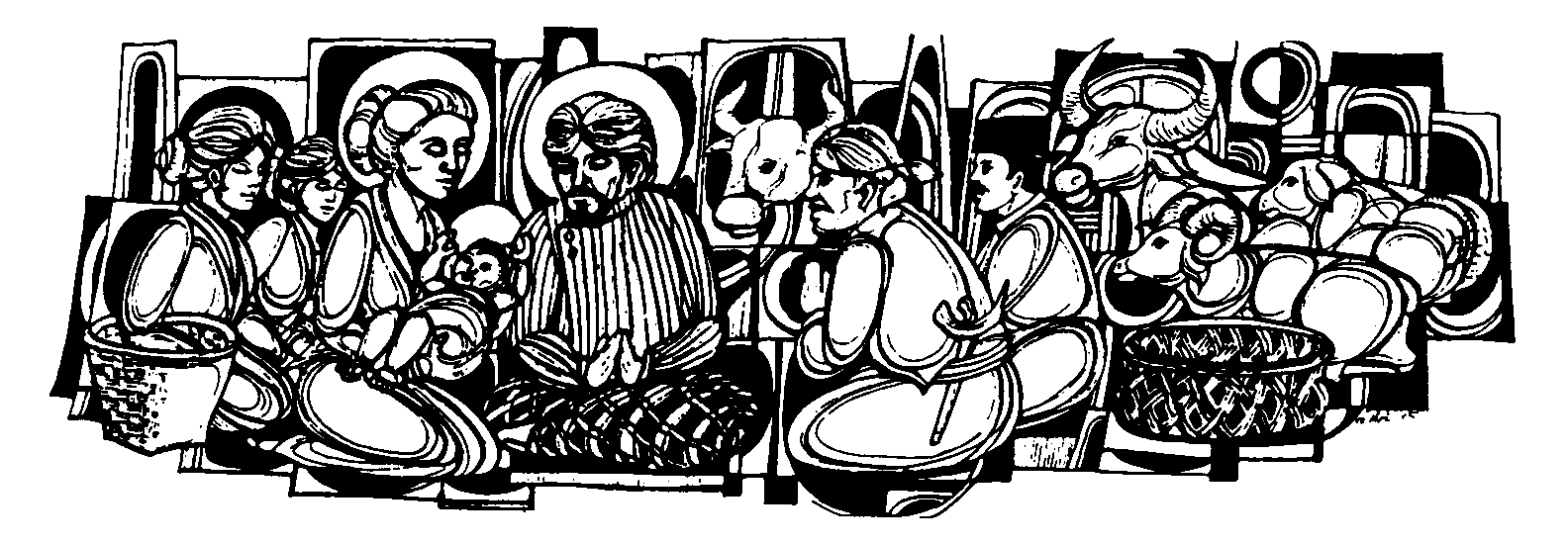
3-A1402
Advent I
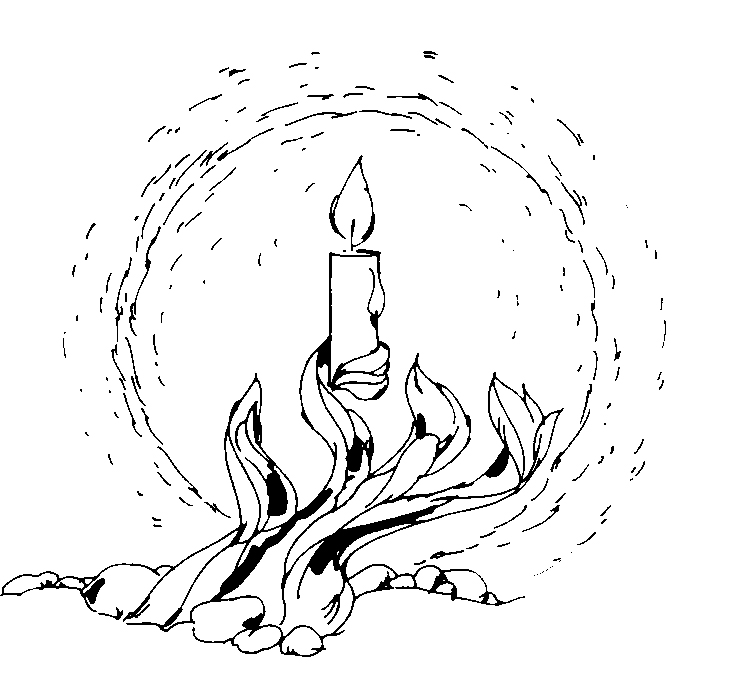
How I wish that Advent would grow in you.
3-A1412
Advent 2
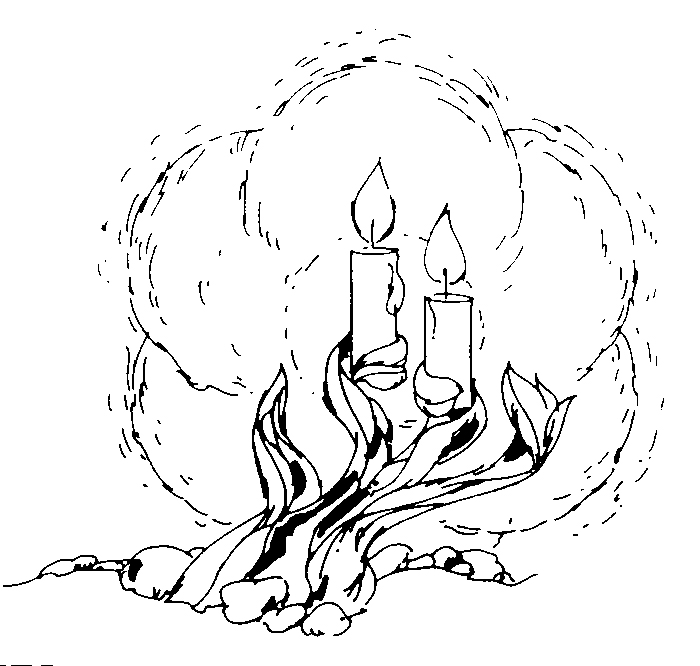
How I wish that Advent would grow in you. How I wish that I could live with you, be intimate with you and share all of your burdens. Look, I am coming toward you among all of your desires. And yet you still don't allow me to satisfy you. I, your God.
3-A1423
Advent 3
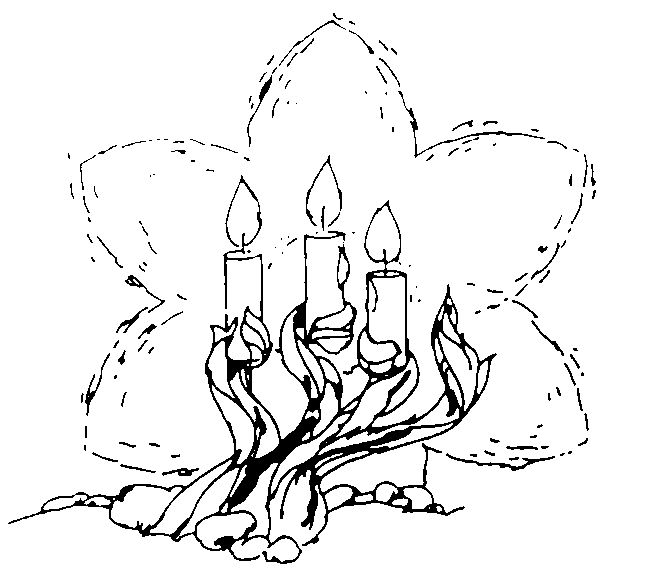
How I wish that Advent would grow in you. How I wish that you would let me in - into your sorrow and night, into your failures and wasted time. Look, I'm coming toward you - into everything that imprisons you. Yet you still won't let me free you. I, your God.
3-A1431
Advent 4
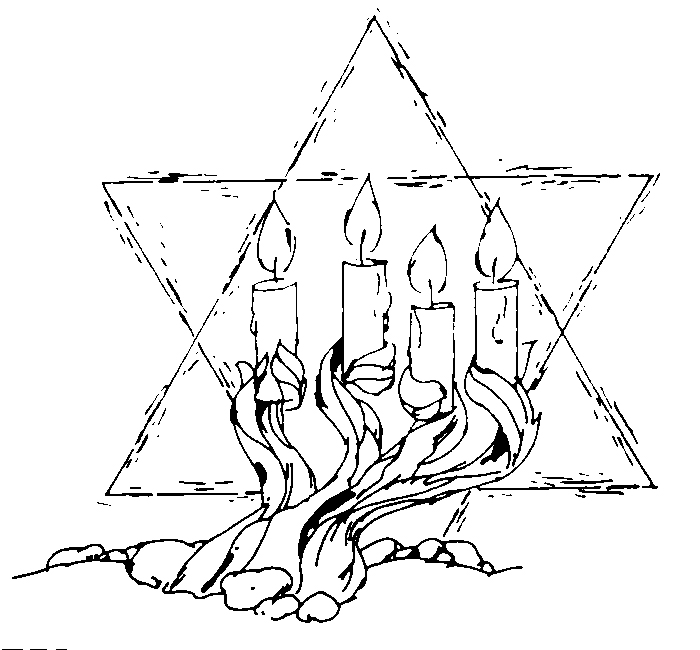
How I wish that Advent would grow in you. How I wish to be born anew in your city, in your street, in your house, in your heart. Look, I am coming to you from eternity of eternities. And I am looking only for you. I, your God.
3-A1440
To the Child in the Manger:
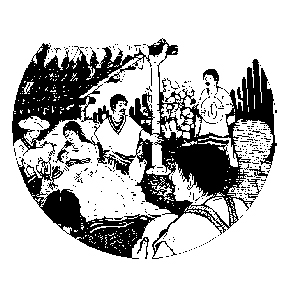
When I close my eyes, I see your face and all of a sudden it looks familiar. In your divine face I see the faces of people I know. There is Carlos, who doesn't have a job. Then there is Maria, our sick neighbor. Pedro, who doesn't have any friends. And the many people who are persecuted, taken advantage of, and slighted.
3-A1442
Into the Hands of Our Longings
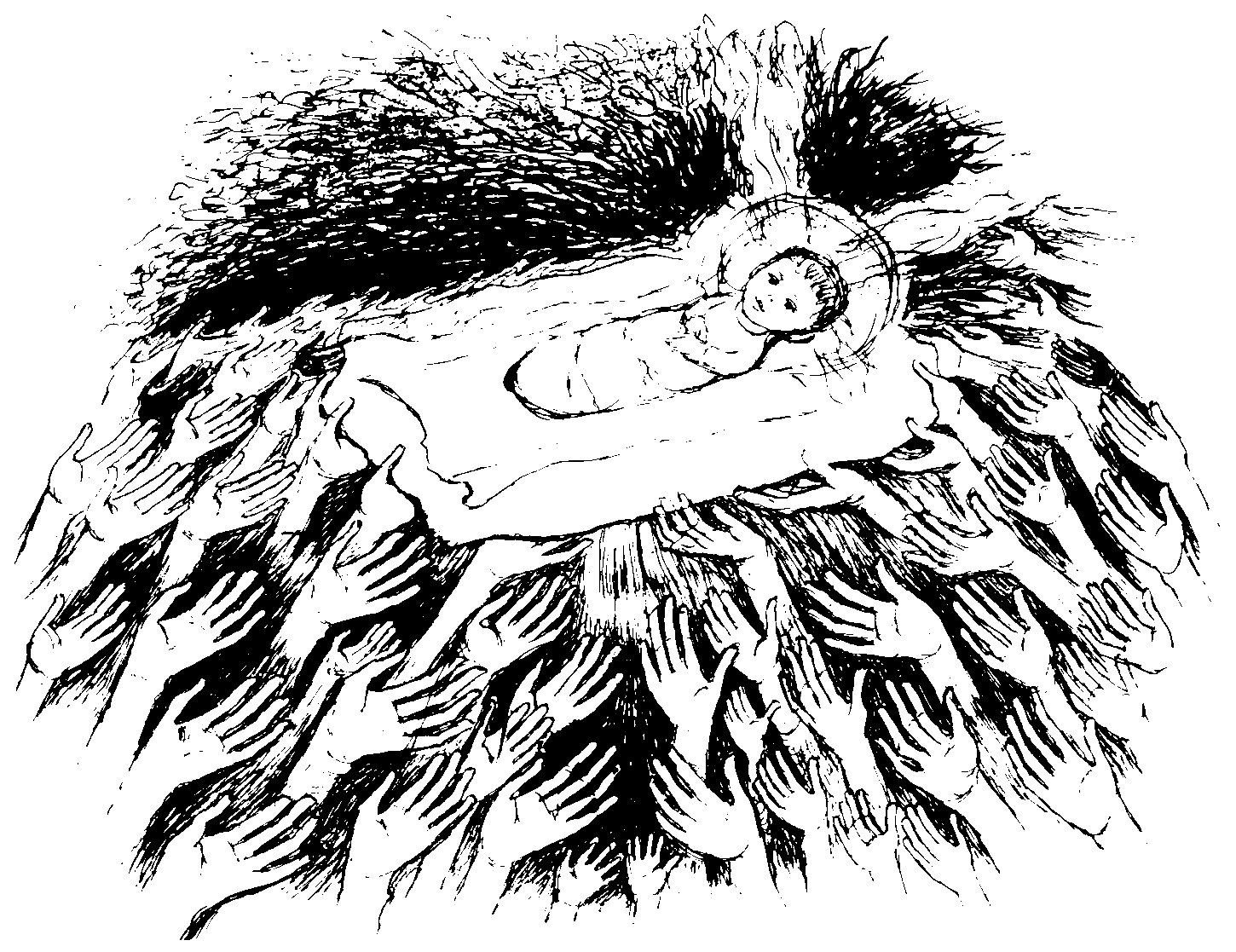
If only people really knew what God is giving them this night, millions of hands would reach out toward the child. For in him is born love, is born peace, is born justice, is born hope, is born joy. For now and forever.
3-A1445
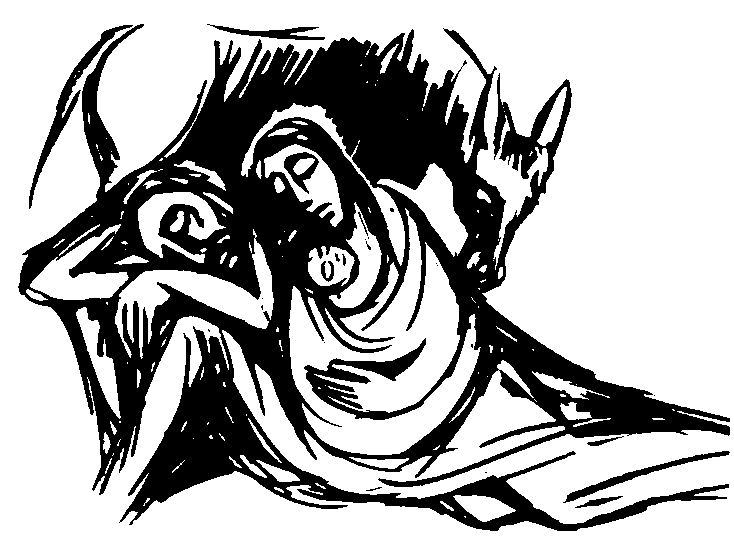
When you have to flee for refuge, only the warmth of a family can replace your home.
3-A2027
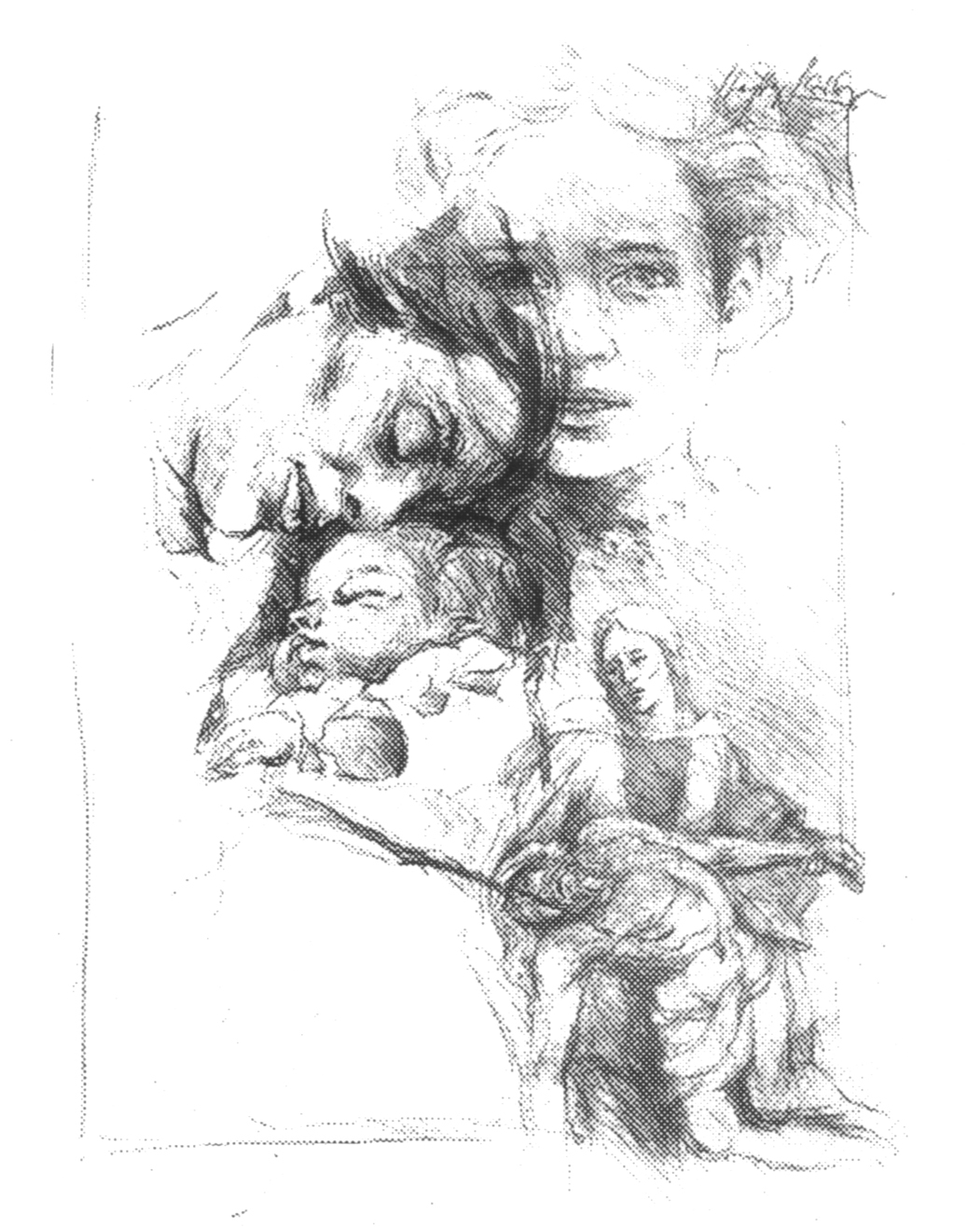
Mary, mother at birth and death
3-A2142

3-A2143

3-A2144

3-A2145

3-A2165
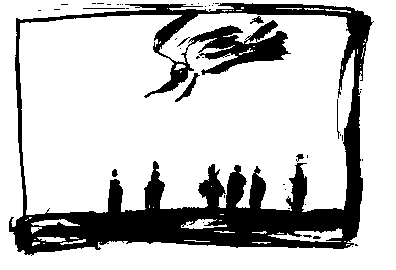
Do not be afraid,
I proclaim to you
good news of great joy!
For today a savior
has been born for you.
3-A2166
Deception?
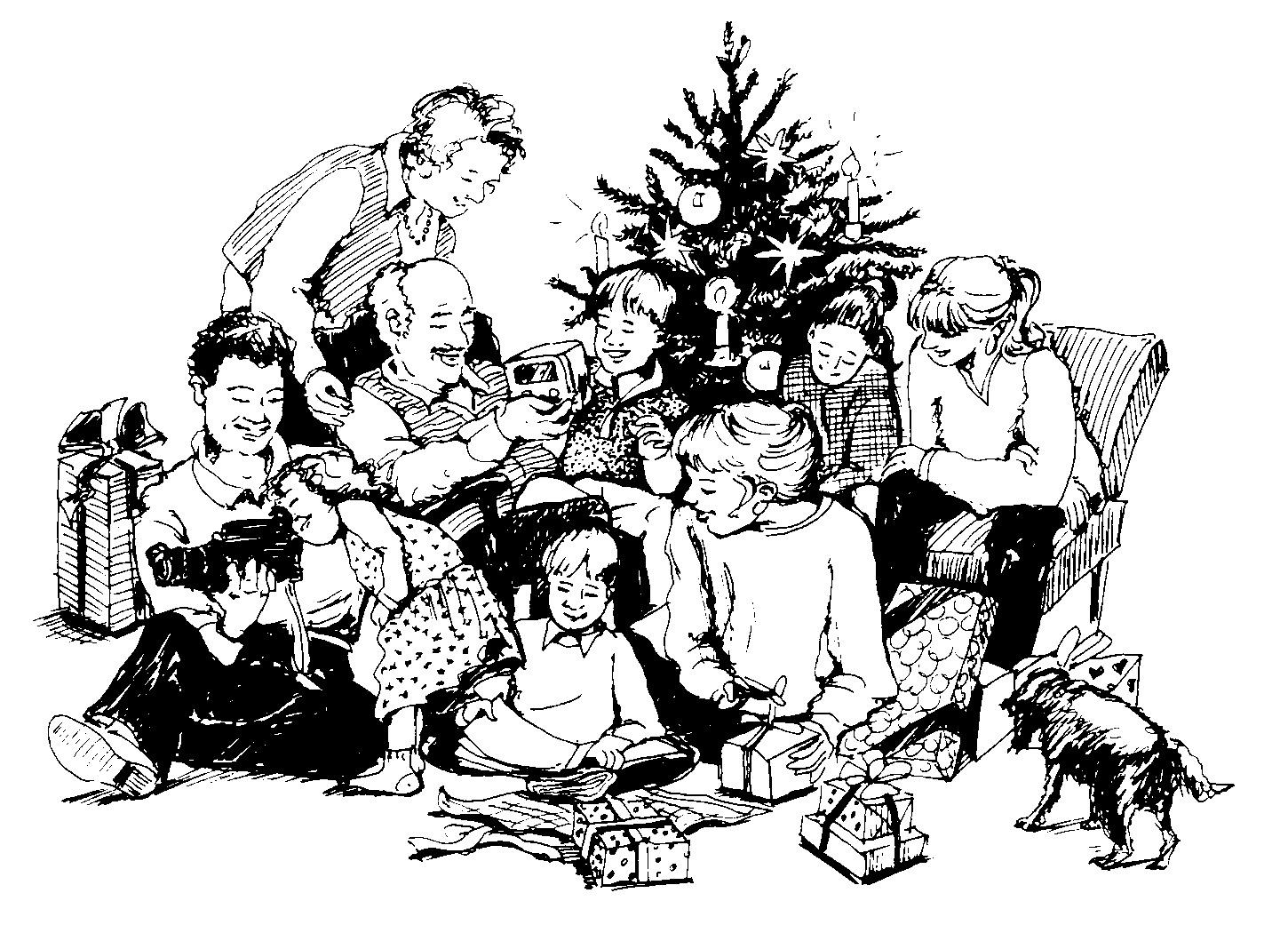
What a beautiful scene when the family celebrates Christmas time together.
But careful! The tempter may slip into this scene a deception. We may give the impression that we give gifts because we have been "good" this year.
At Christmas we celebrate the Savior, given to us because God loves us, not because we've been "good."
This faith can empower us to share more with needy people and spent less on ourselves.
3-A2171

Rejoice! A Savior is Born
3-A2179
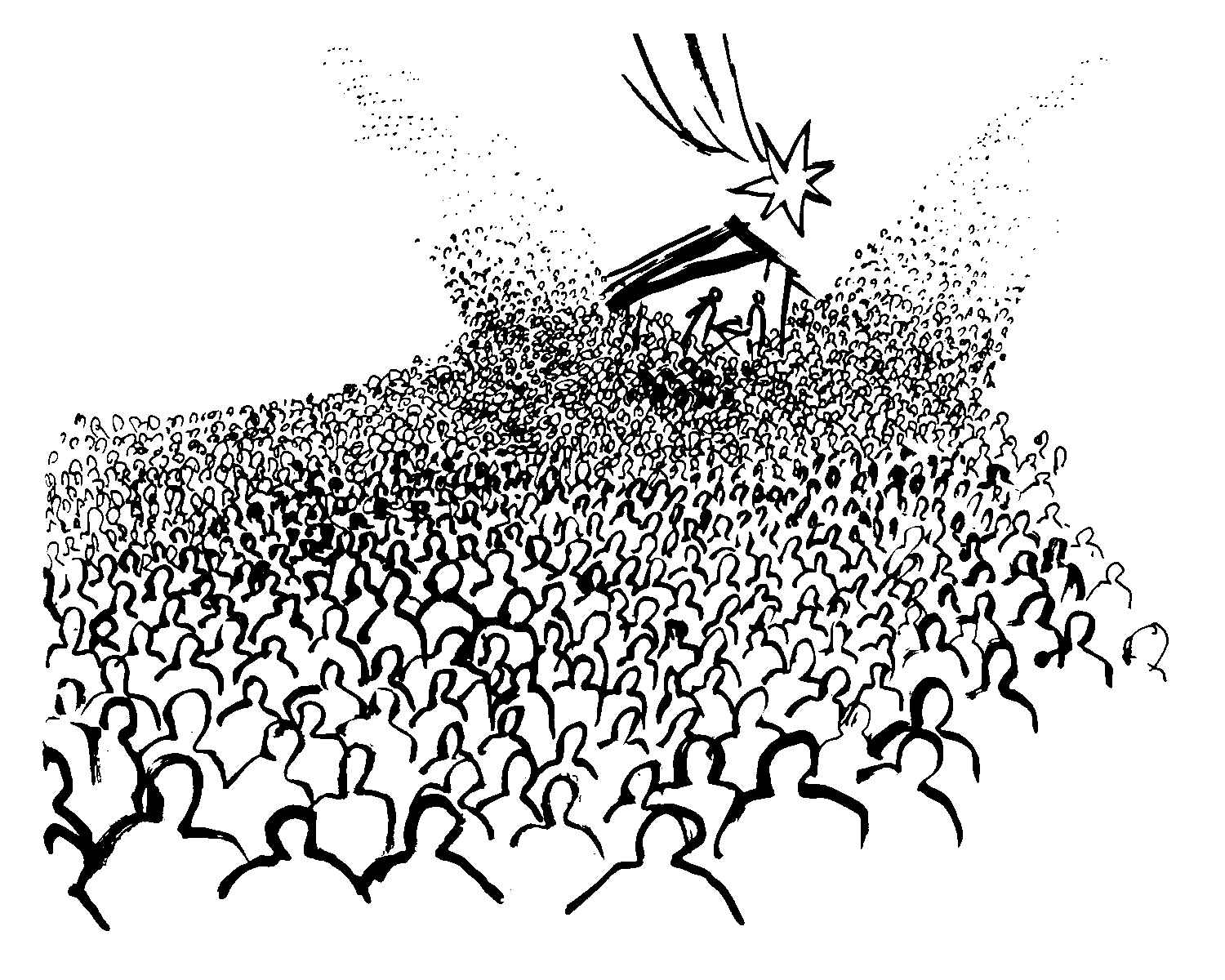
Already with the manger, people react in different ways to Jesus. For some it is a Christmas decoration for which they have developed a fondness. For others it is a symbol of their faith and a confession as to the kind of simpler life of service they are committed to live.
3-A2200
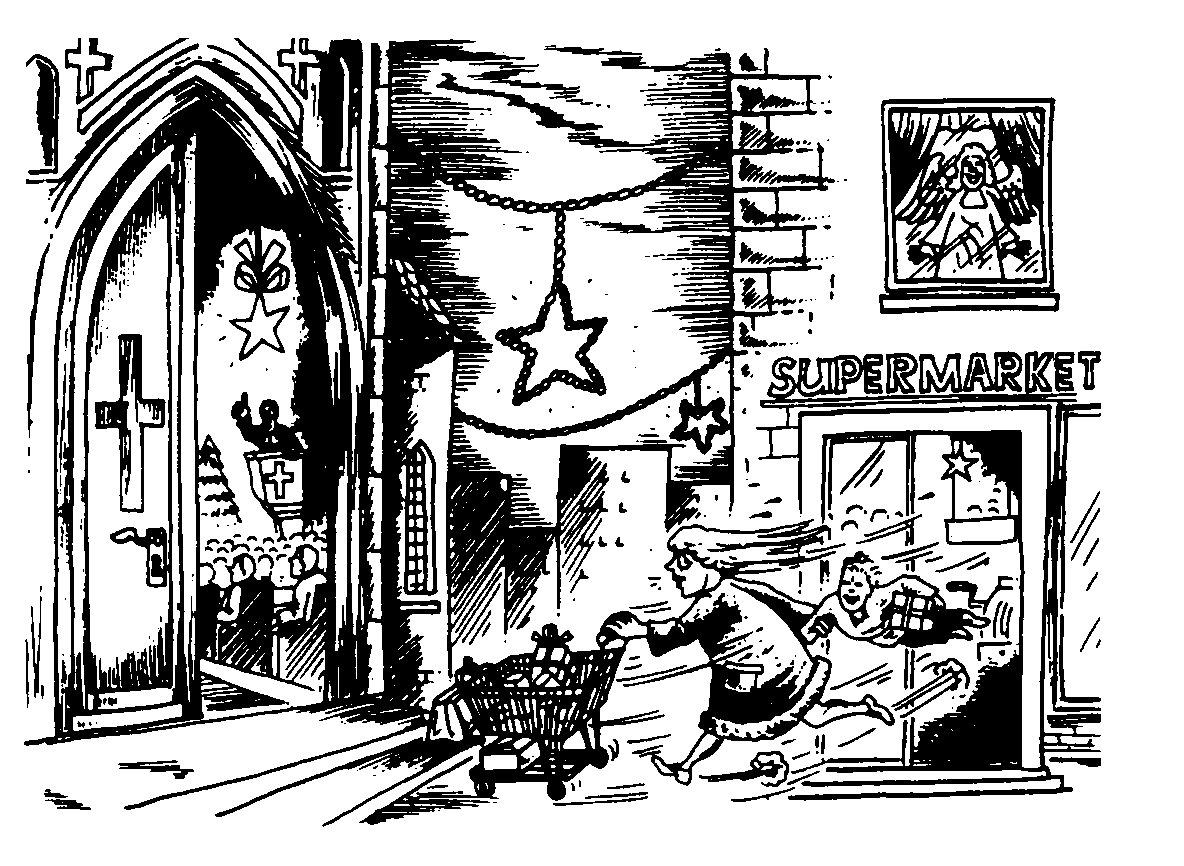
"I think we can still make it!"
3-A2771
Madonna and Child
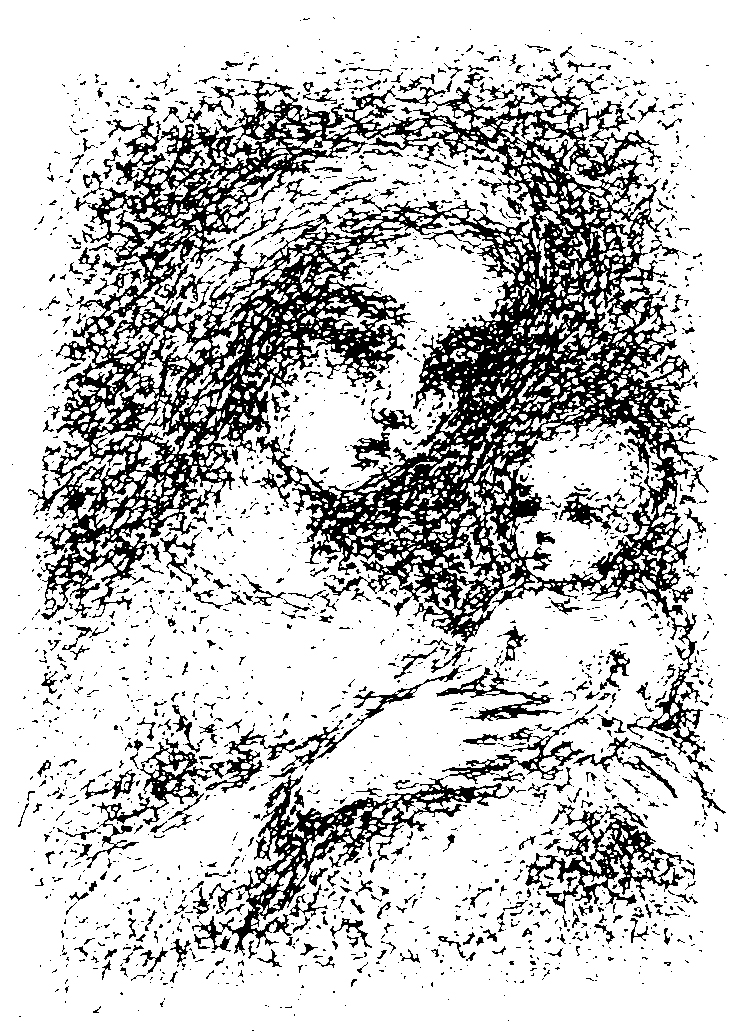
3-A2869
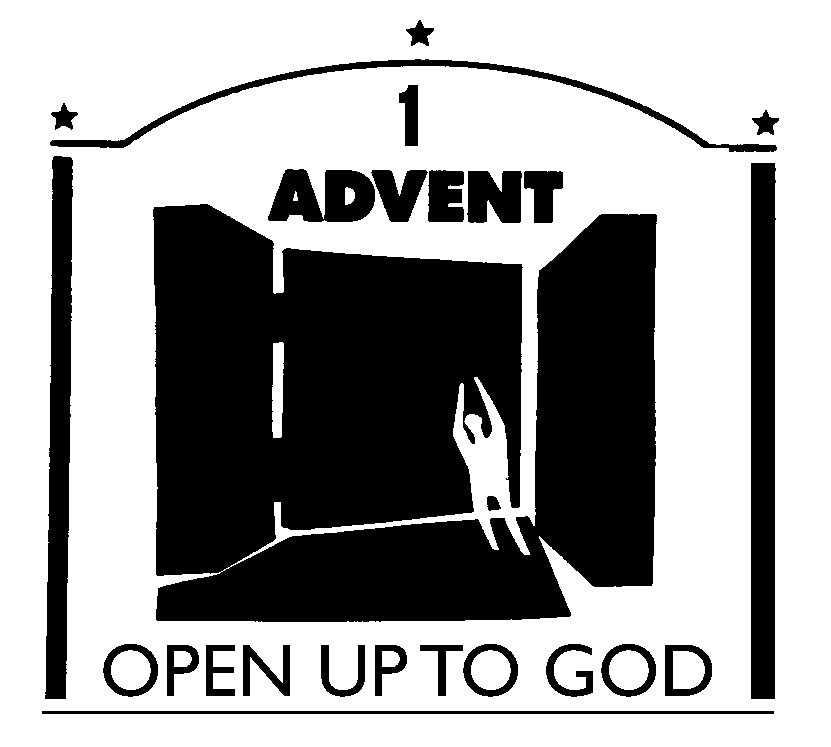
3-A2878
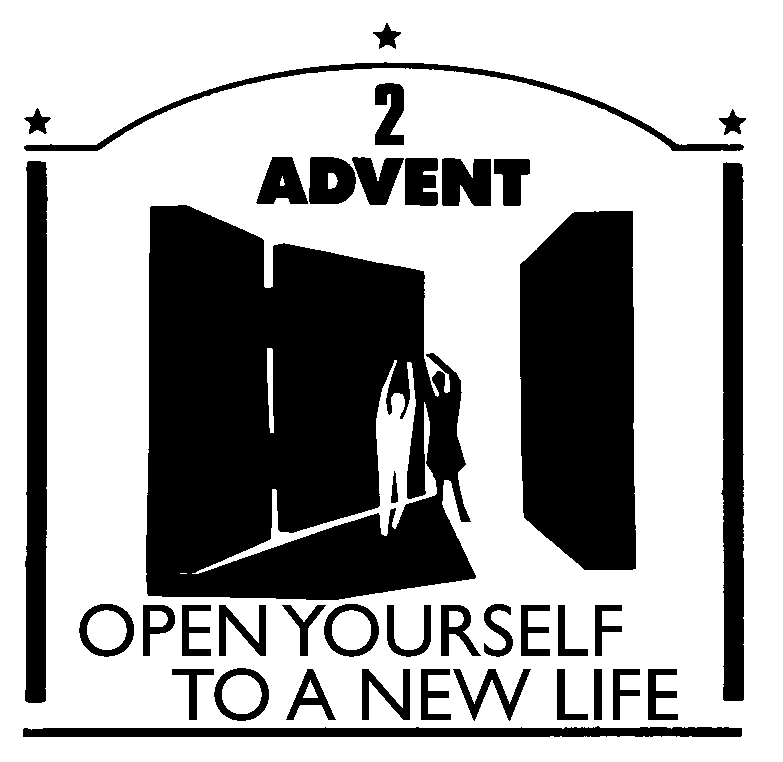
3-A2883
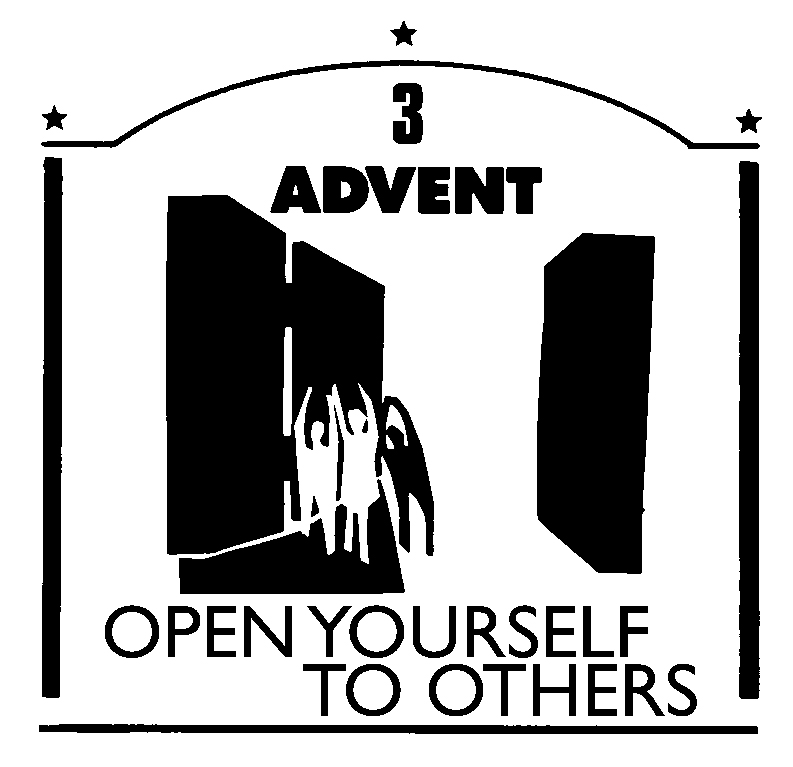
3-A2889
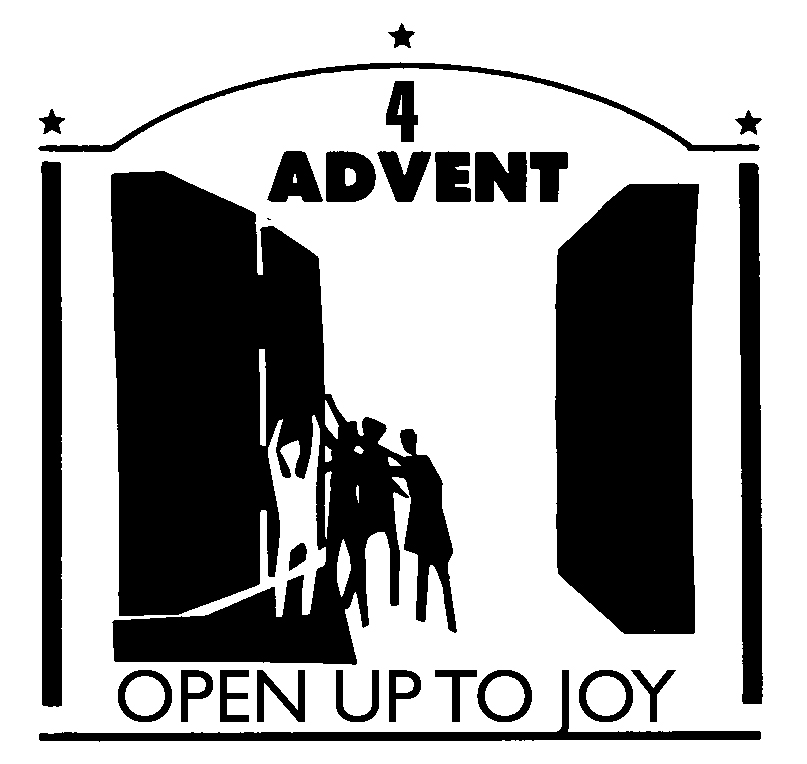
3-A2894
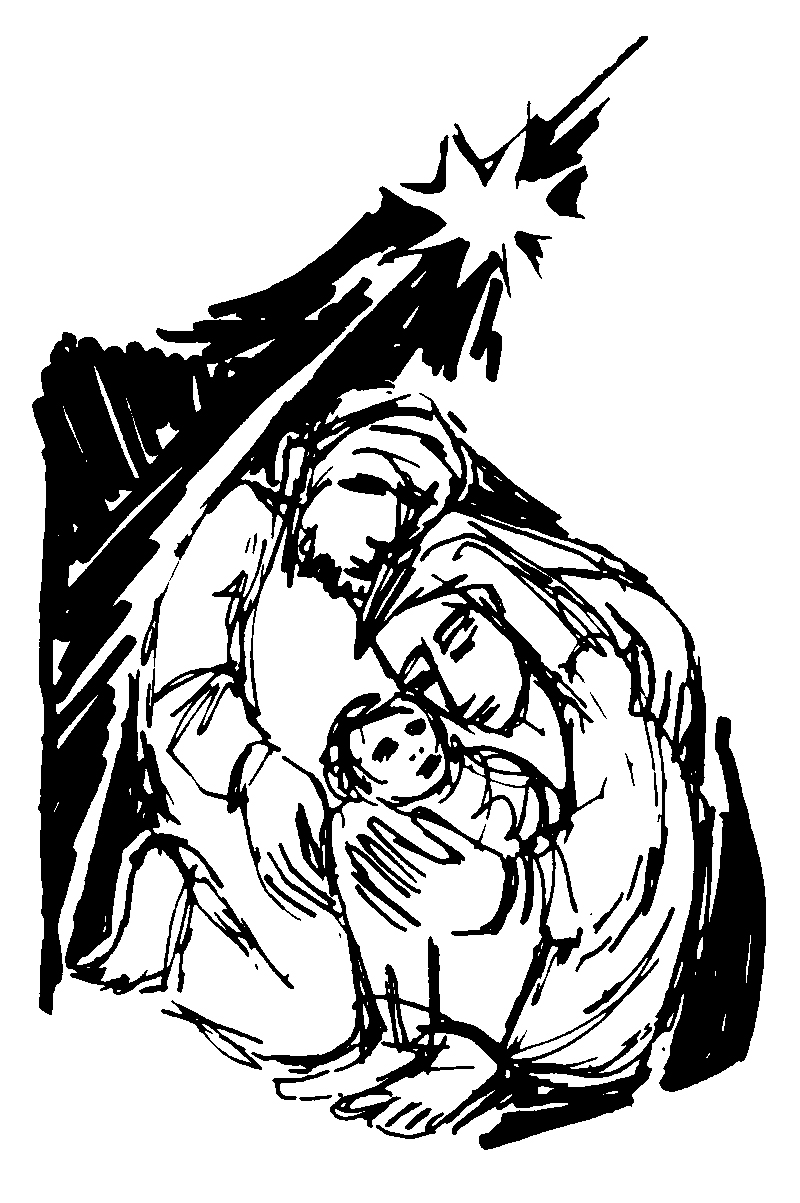
God entrusted himself into human hands, so that we could learn to trust him. May we, from our trust in God, learn how to trust life.
3-A2895
Becoming Human from Within
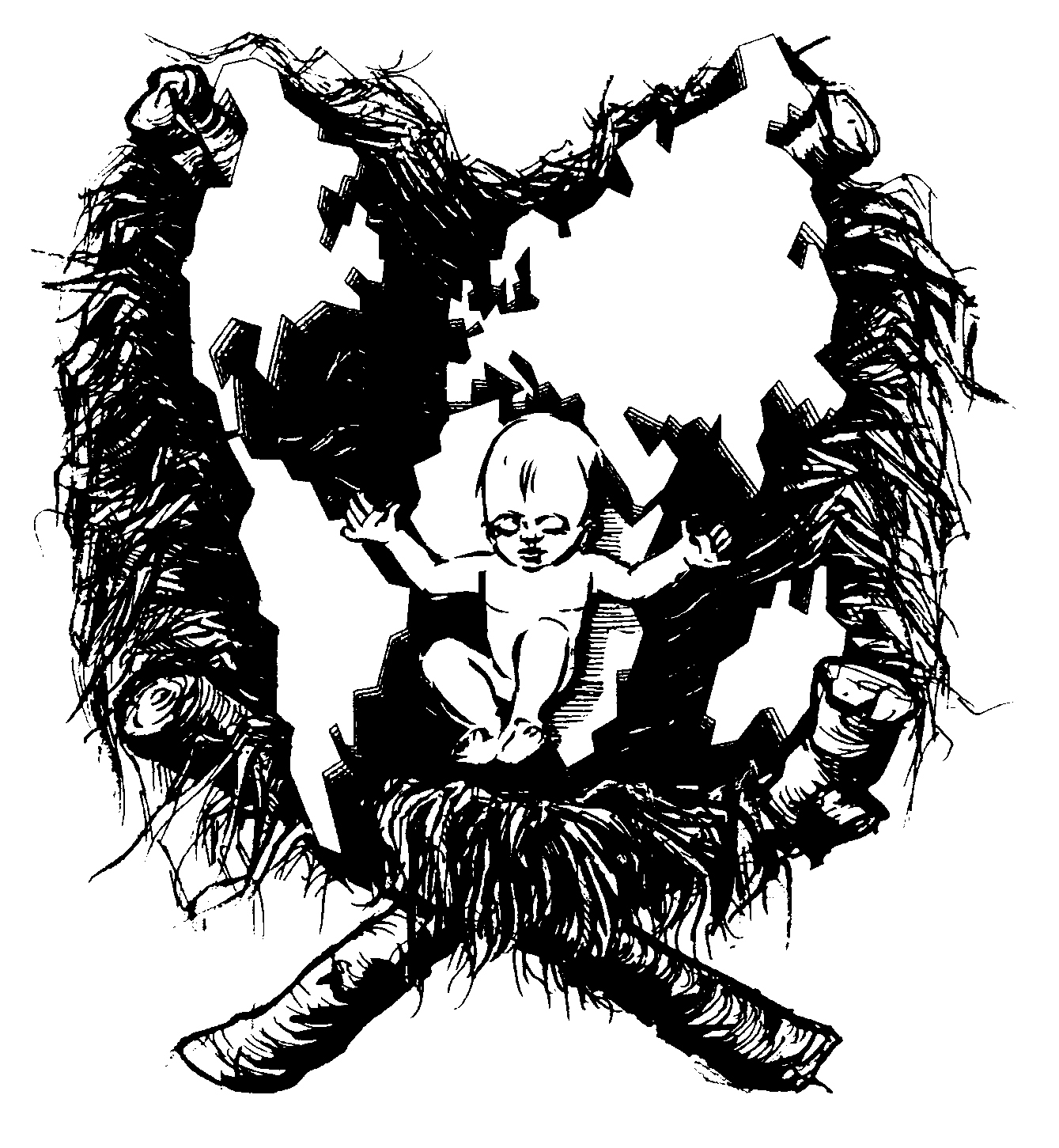
In the middle of the world, God became human, becoming one of us. The peace of Christmas does not come from outside, not from stuff or activity. It penetrates the world from within, from relationships with other people and with God's Creation.
3-A2919
The Pleasure of Anticipation

As the candles of the Advent wreath are lit, from week to week it becomes brighter in our home. As the light grows, anticipation grows for the coming of our Lord.
3-A3026
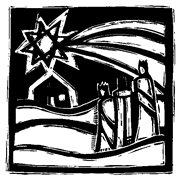
3-A3677
First Sunday in Advent

Opening up for the arrival of the Lord
3-A3681
Second Sunday in Advent
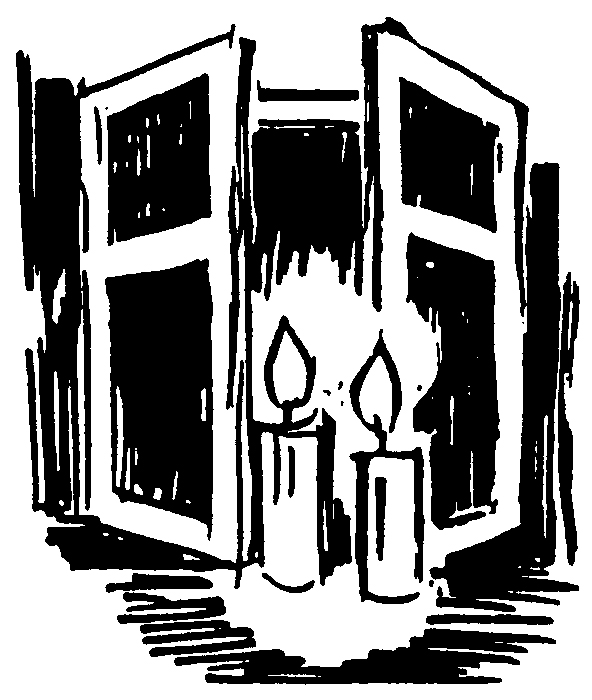
Opening up to the "You"
3-A3683
Third Sunday in Advent
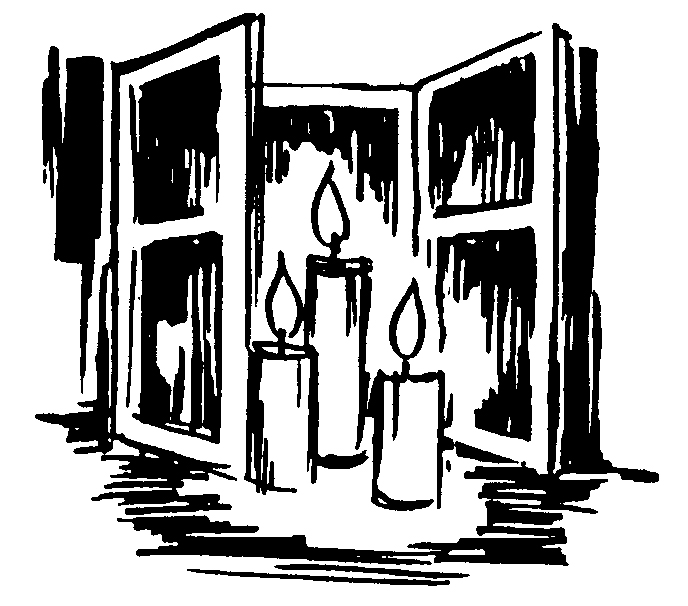
Opening up to the "We"
3-A3689
Fourth Sunday in Advent
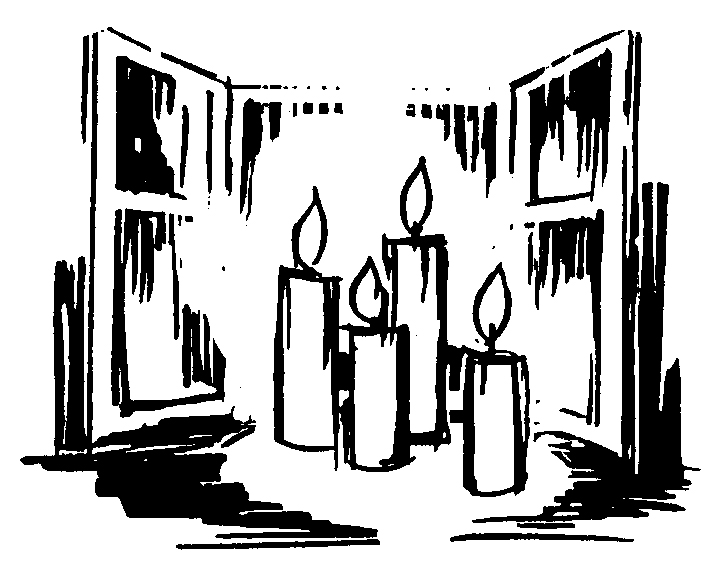
Opening up to God
3-A3697
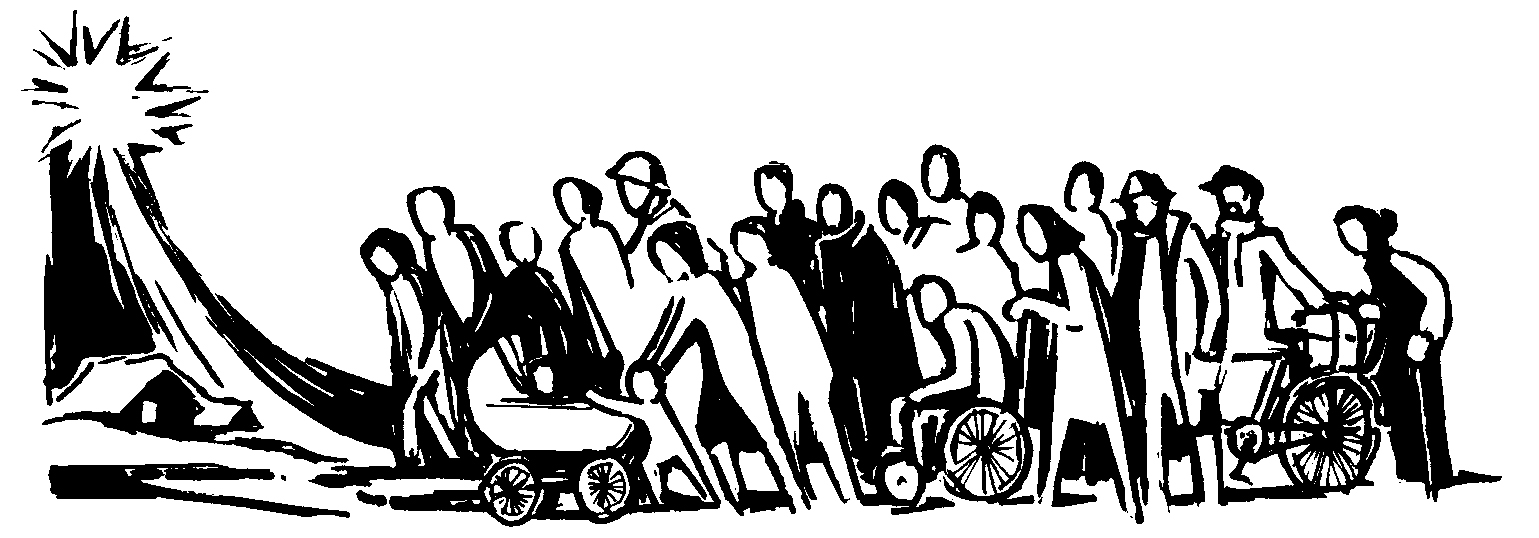
The continuing movement toward Bethlehem.
3-A3702
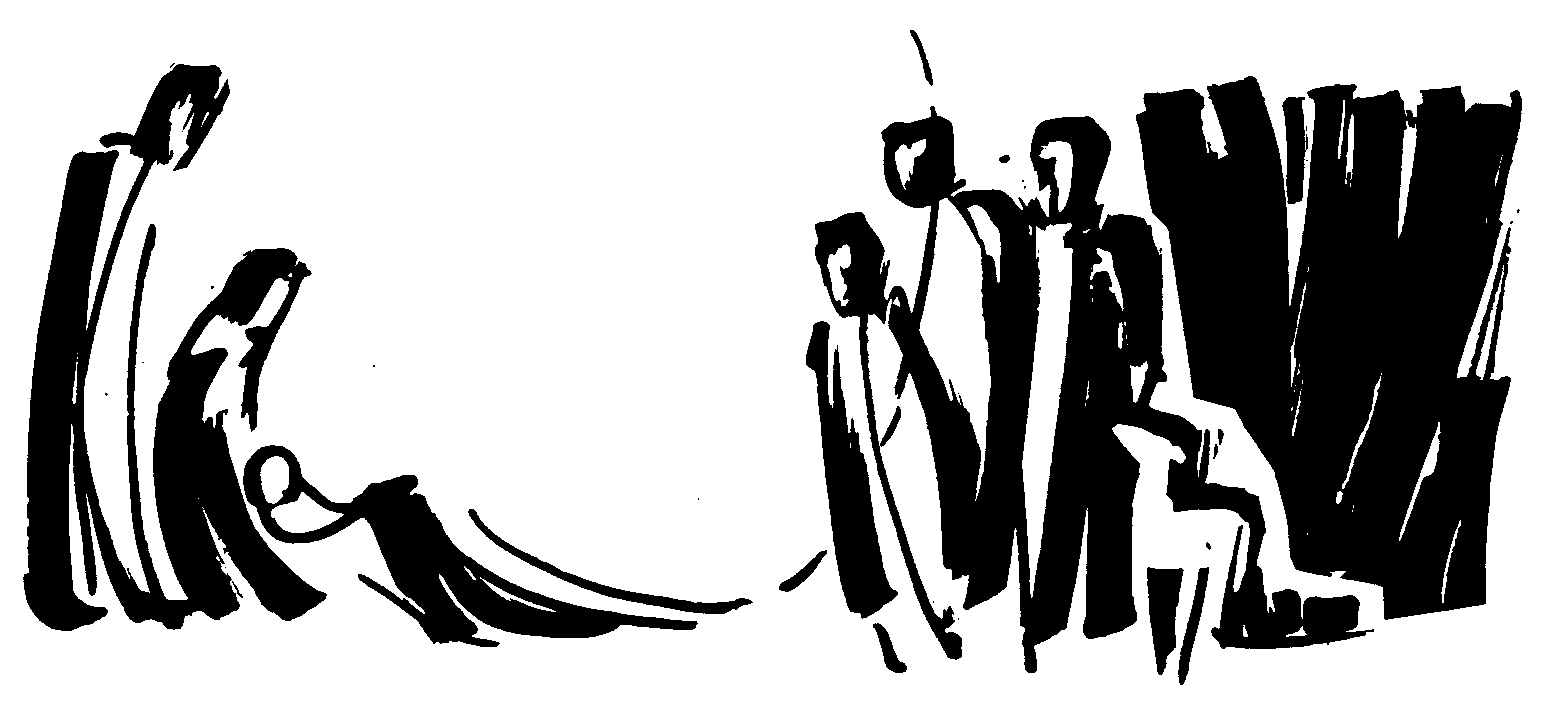
...and they found a child
3-A3736
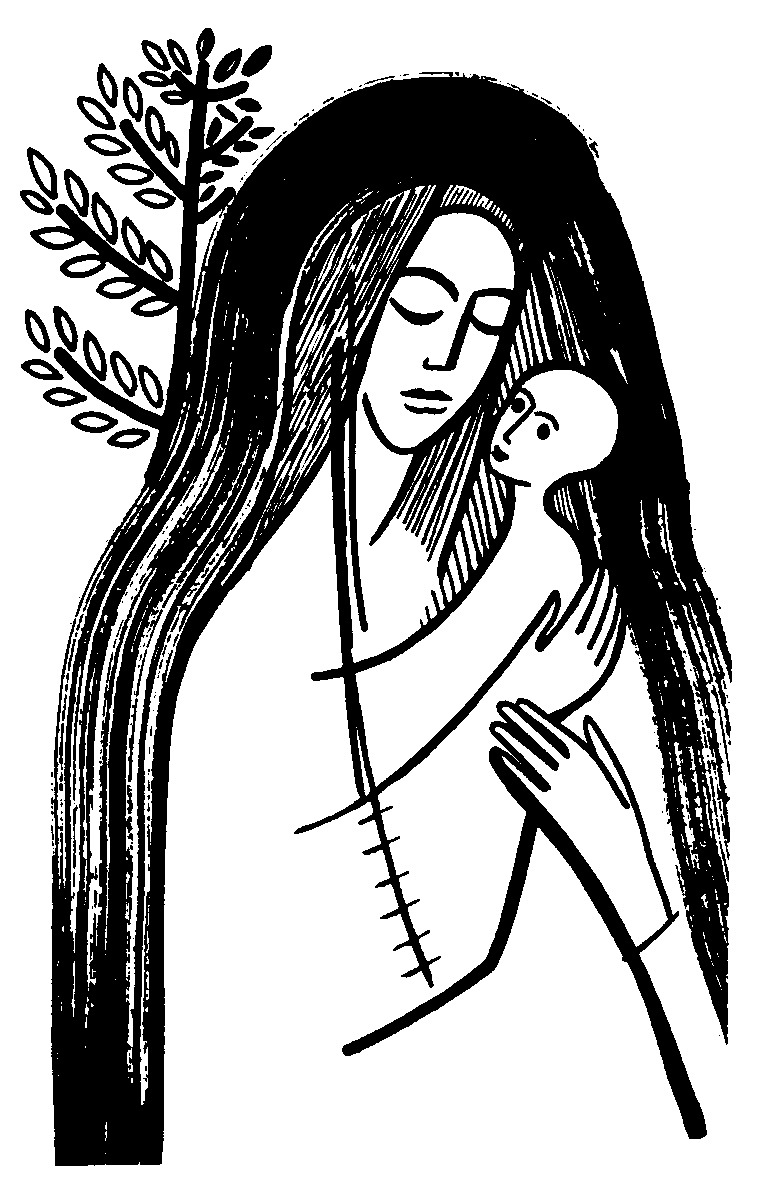
3-A3737
The Real Christmas Present

Legend tells how St. Nicholas stilled a storm at sea and saved the sailors from certain death by drowning.
Nowadays our children's souls are about to drown in the flood of presents.
At Christmas time we cannot neglect to emphasize the most important gift, and while doing it we might tell them about the real Saint Nick.
3-A3746
Announcement to the Shepherds
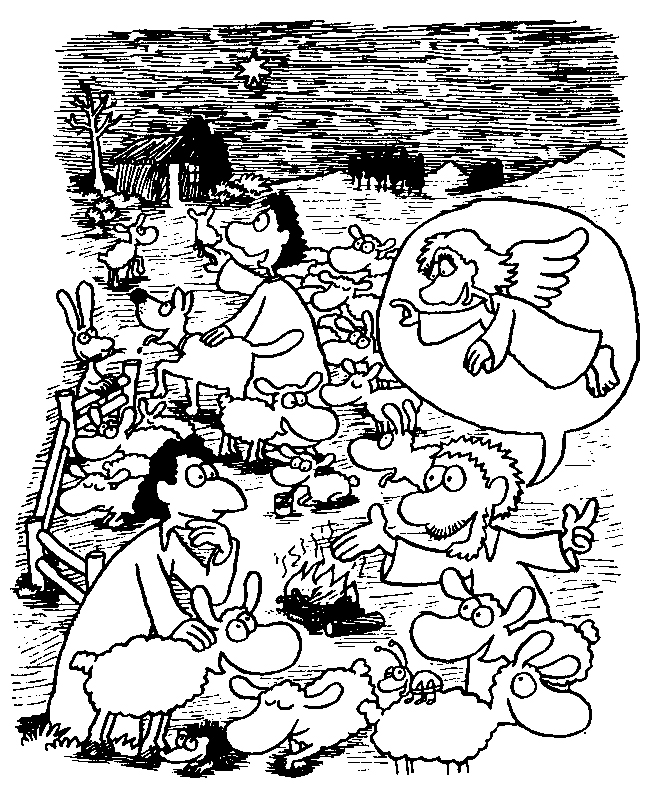
The artist tried to draw the second picture exactly like the first, but made 10 mistakes. Find them.
3-A3747 - [Announcement to the Shepherds--second panel]
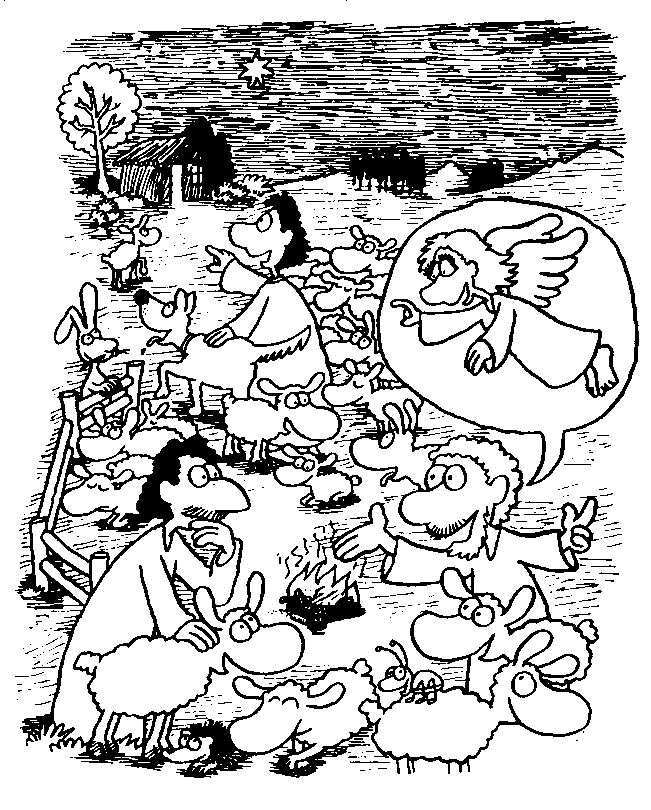
3-A3782
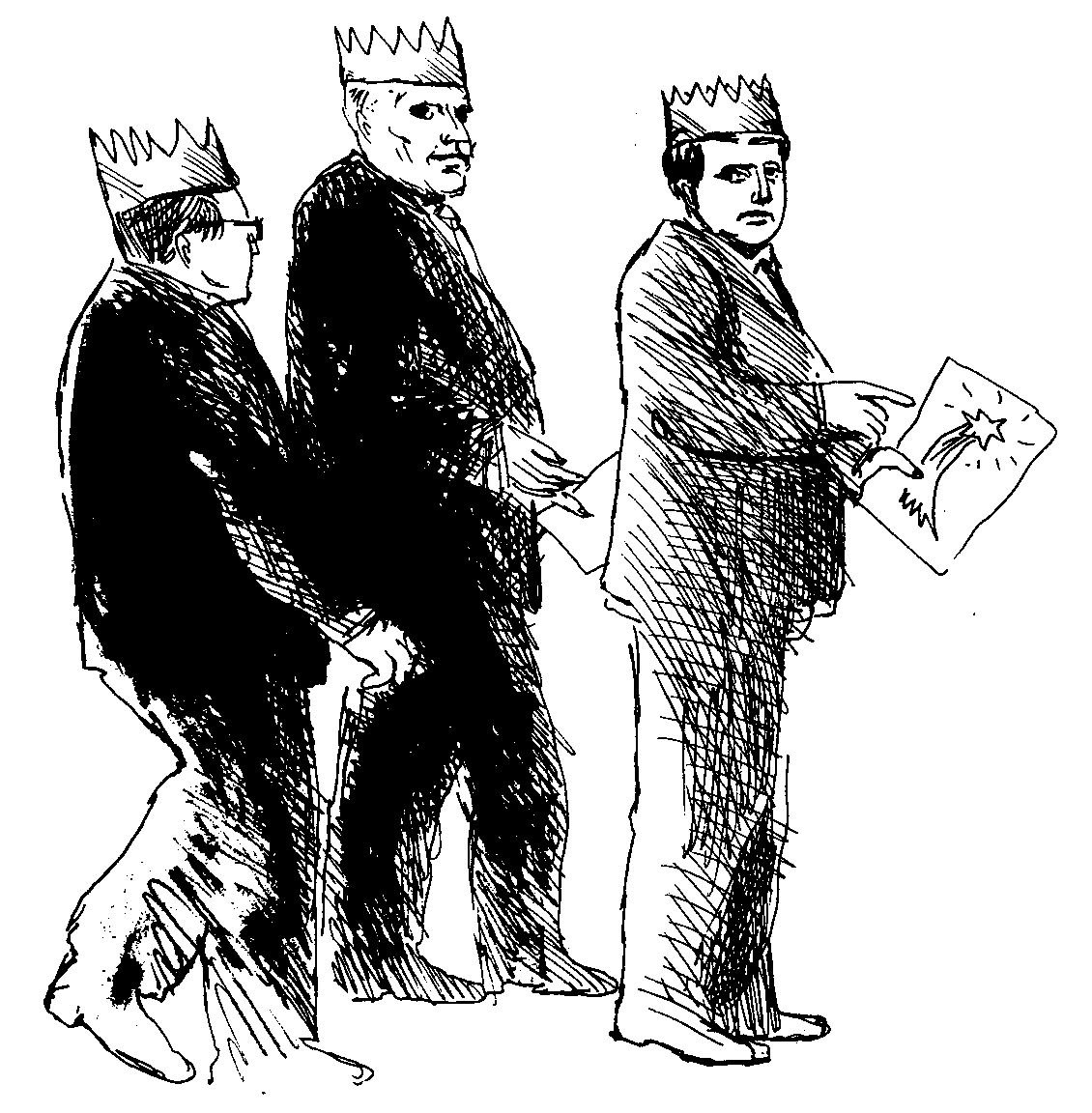
Wise men still look for divine guidance along the way.
3-A3873

3-A3879

3-A-bonus#1: Nicholas & Santa
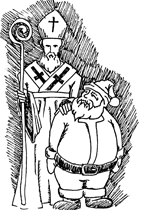
3-A-bonus#2: Feeling Overwhelmed

3B. Celebrating: Lent, Easter
Also see: 1-A1604, 5-A2330, 5-A3316, 8-A2280, 10-A091, 10-A23433-A328--barbed crown & cross
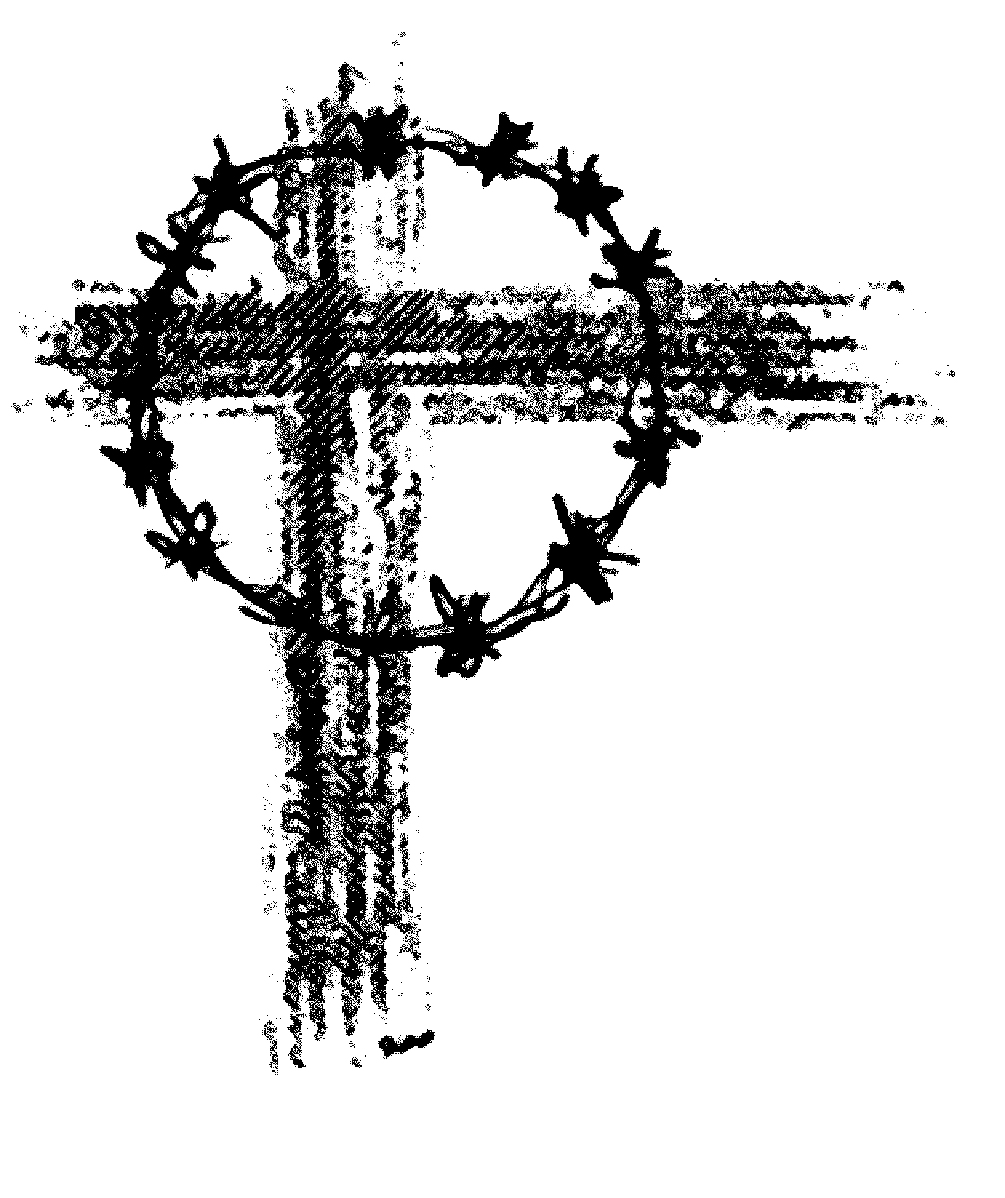
3-A329--cross-roads
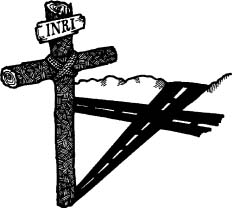
3-A330--brush-stroke cross

3-A331--crosses on a hill

3-A332--rough crucifix
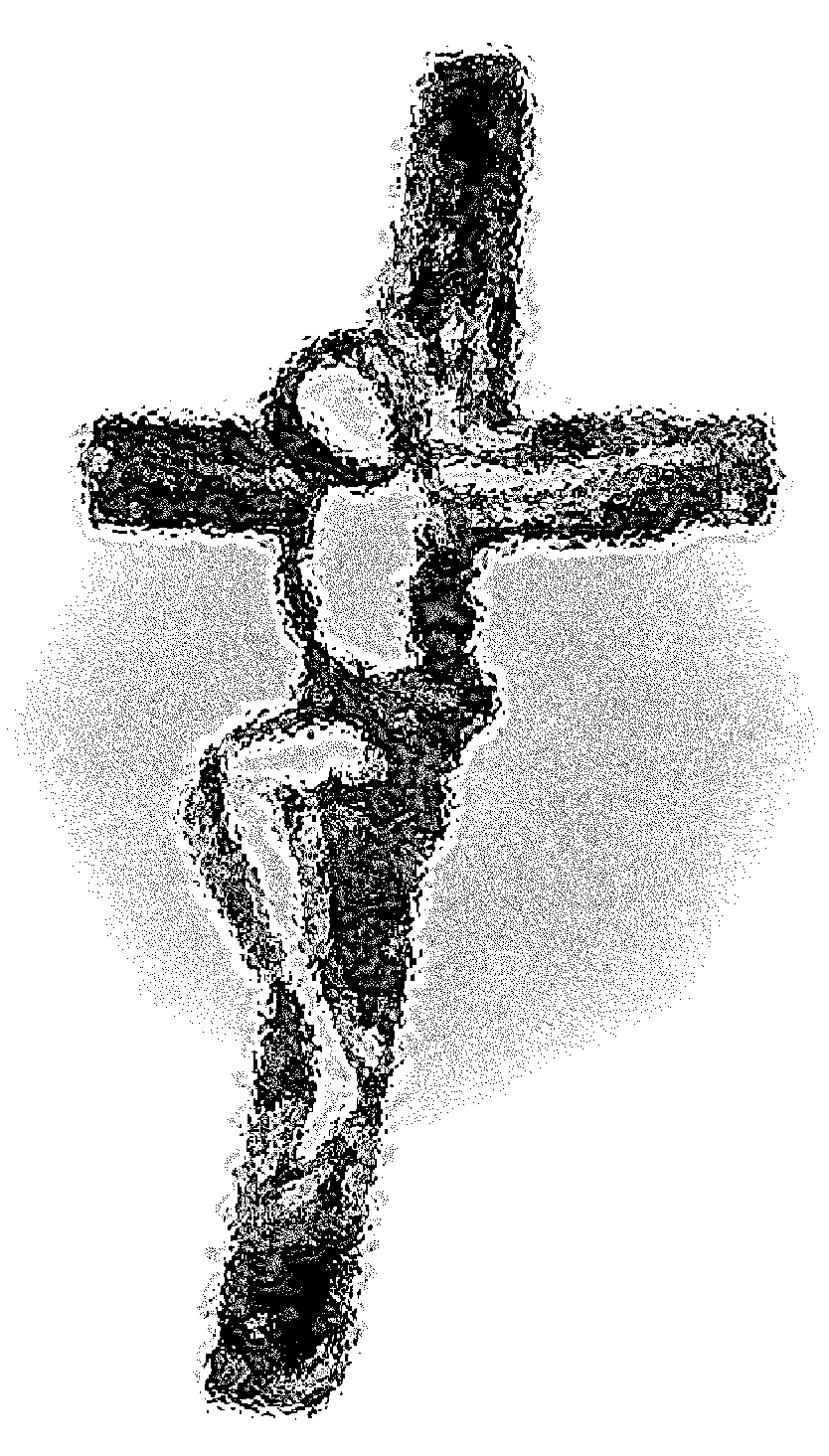
3-A551
Who's Risen from the Dead, Anyway?
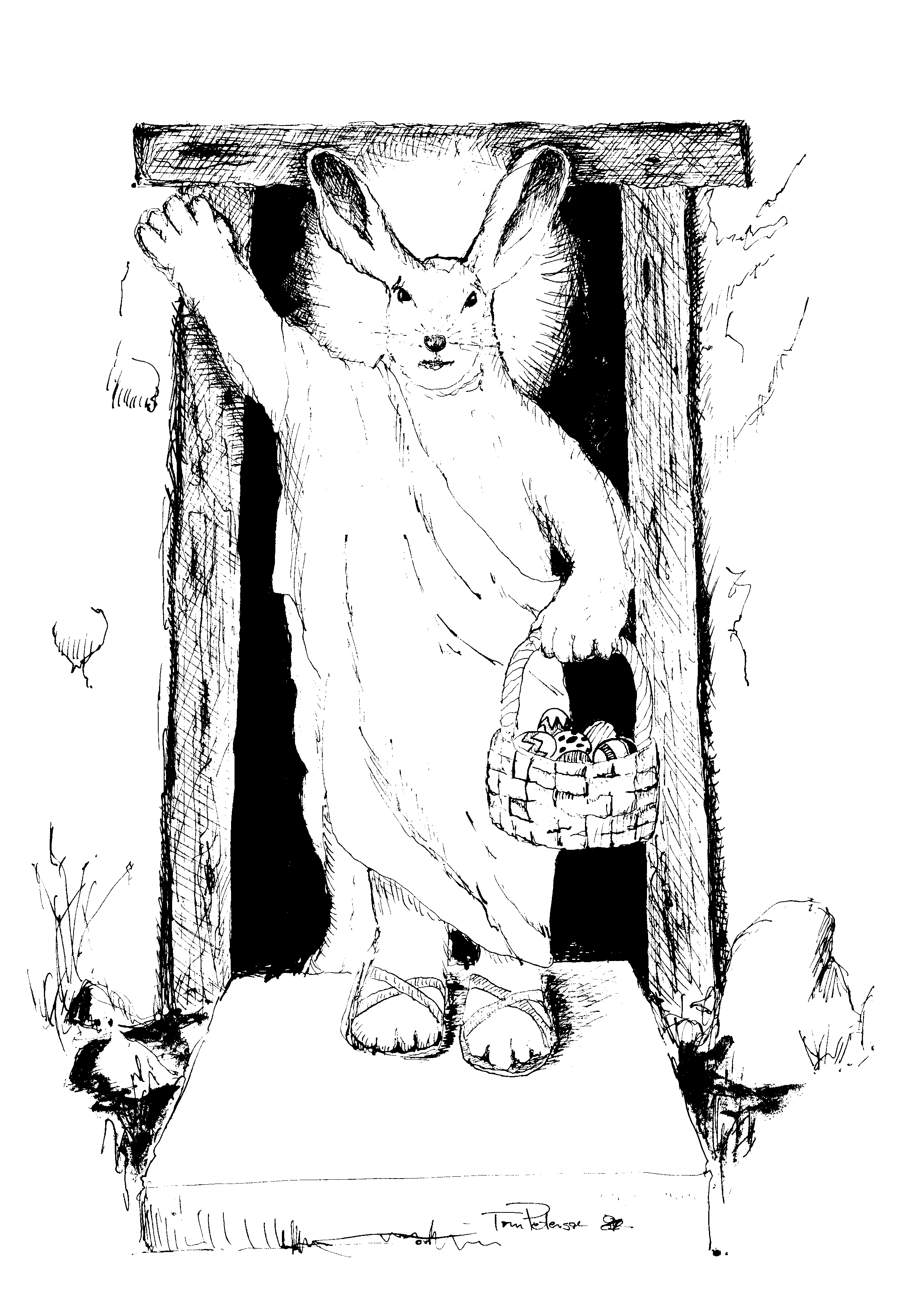
3-A552--[Egghunt at tomb]
What Do We Celebrate?
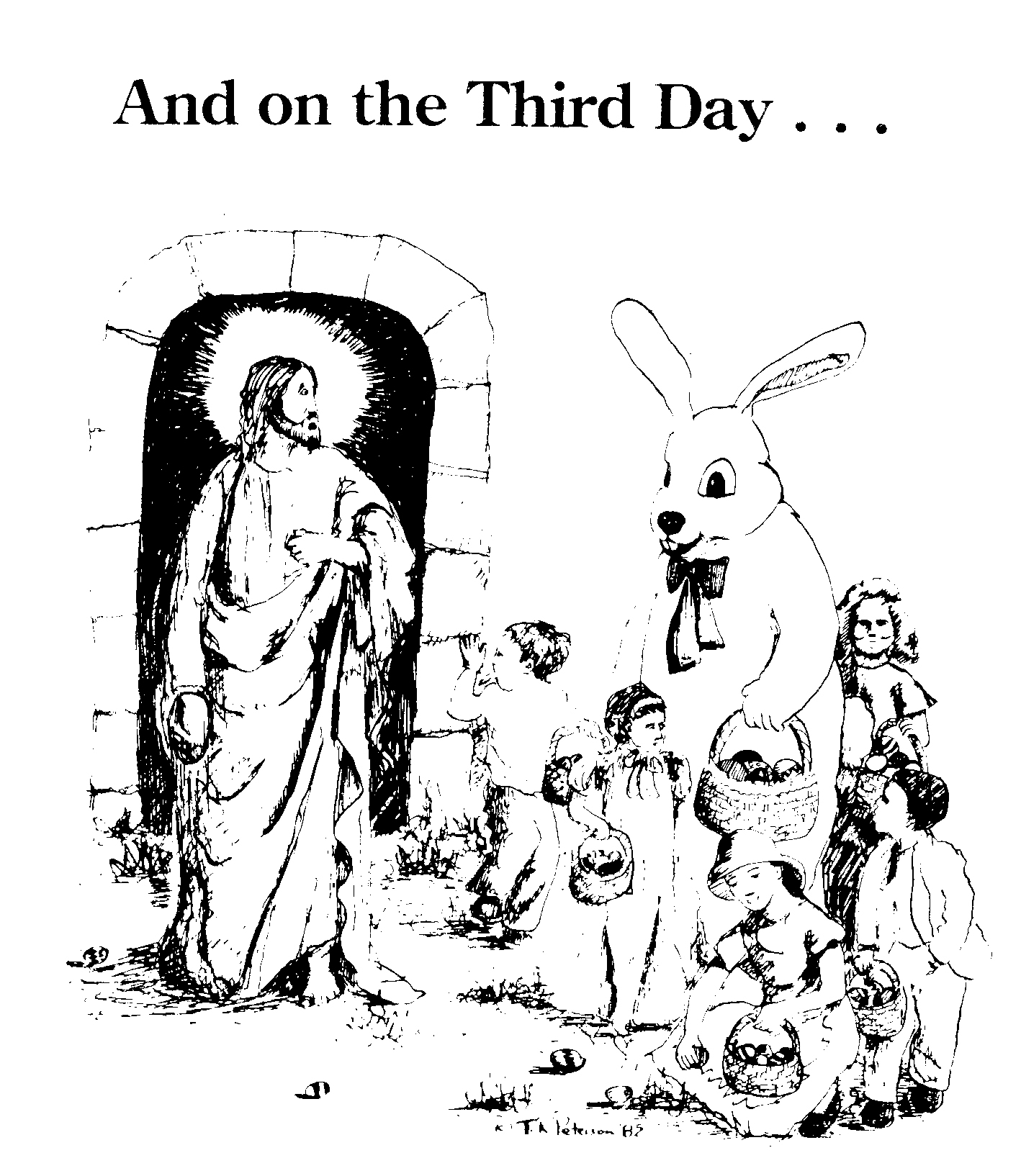
Is it irreverent to imagine a look of surprise on the face of the risen Lord as he is confronted with the symbols which have come to dominate the celebration of Easter? Easter is a time for joy because of God's triumph. It is also a time for serious reflection about what it means for us to be followers of Jesus and to participate in his ministry.
Because in this culture the observance of Jesus' resurrection is dominated by the Easter Bunny and a multi-billion dollar Easter toy-candy-clothes-live animal industry, it is hard to keep a perspective about what it is we are celebrating. You may see just how hard it is if you ask your children what Easter is all about. You can also look at your own life and see where your energies and money were spent in preparation for Easter. It may be easier, then, to understand the look of surprise on Jesus' face.
His resurrection was, after all, God's triumph over the forces that opposed Jesus' ministry and finally killed him. It was a sign that the ministry of healing, teaching and suffering on behalf of the poor and outcasts did not end on the cross. That ministry was made the universal ministry for all who would follow Jesus: "As the Father has sent me, so I send you." (John 20:21) What does this say about how we might better celebrate Easter?
THIS EASTER
DISCUSS the picture and ideas here with your family and in your church school class.
DISCARD commercialized Easter celebrations. Move at a pace that is right for your family. You may be uprooting very old patterns.
DIVERT what you would have spent to your church's Easter offering, such as the One Great Hour of Sharing, Week of Compassion, or other special offerings.
DEVISE new family or group activities which will focus attention on what it means for us to participate in the ministry of Jesus. Those activities might begin with study and reflection of what Jesus's ministry actually was.
For more ideas, visit SimpleLivingWorks.org
3-A553--[Follow Me-Adults]
Lent: A Peace Journey
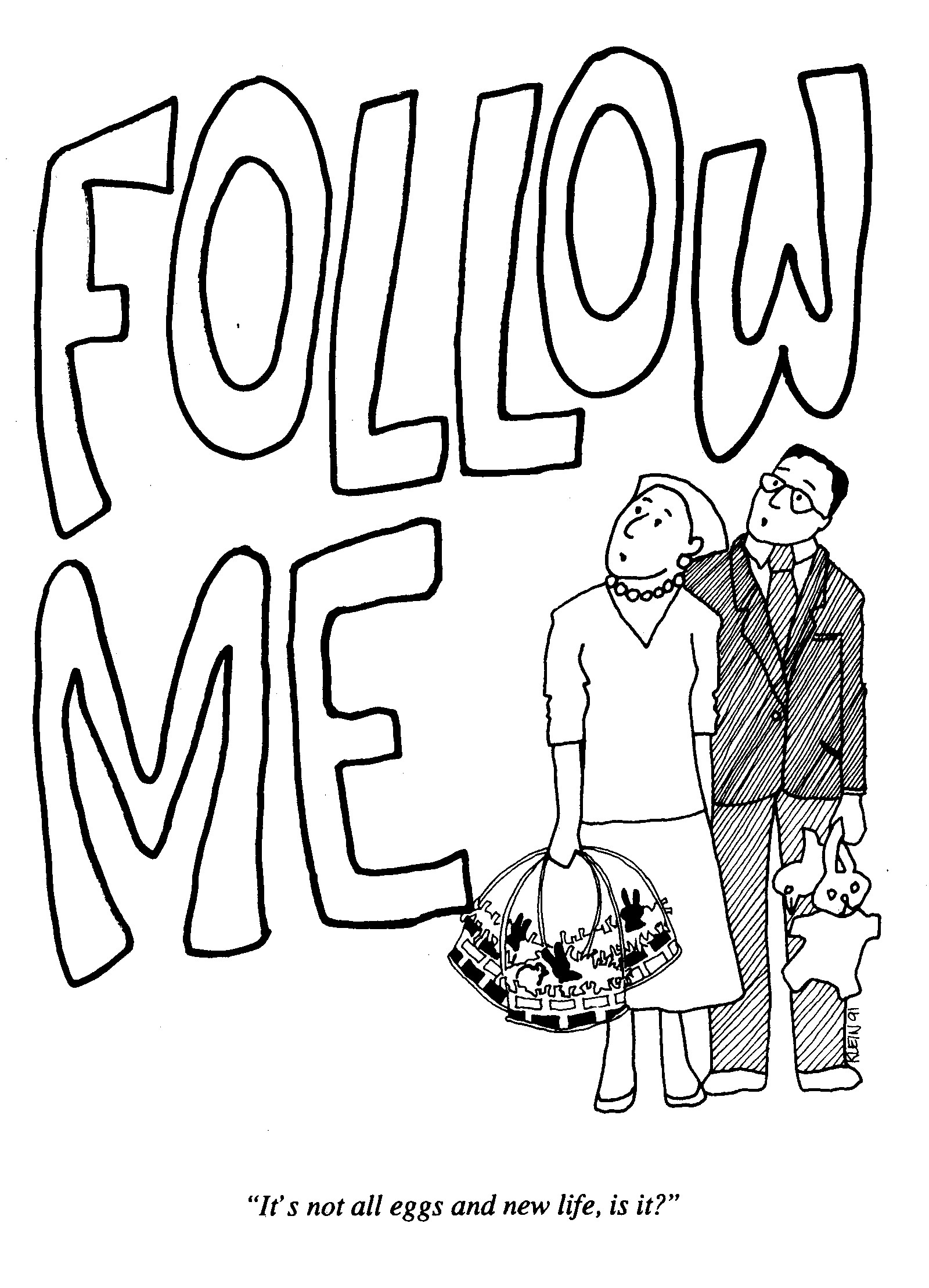
How might our faith and discipleship be deepened during Lent? To assist us in our quest, we can reflect on the letters of the word "peace."
P - stands for prayer. Without stopping to pray, we have little to give. We become exhausted, depleted. Prayer offers refreshment, but also power. We don't understand the power of prayer. We can't explain it, but we need it.
E - educate ourselves and others. Because of the overwhelming number of needs in our world, focus on a few or even just one. Learn, absorb, probe the subject.
A - is action. I John 3:17 calls us to act: "How does God's love abide in anyone who has the world's goods and sees a brother or sister in need and yet refuses help?" Our world needs people of compassionate action.
C - celebrate! Celebration brings hope, reminds us of community, multiplies happiness, and lifts tired, heavy spirits and bodies.
E - the final letter is for encourage. "Let us consider how to stir up one another to love and good works, not neglecting to meet together but encouraging one another. . ." (Hebrews 10:24-25). Perhaps your calling is to be a full-time encourager.
Jesus said it: "My peace I give to you." May Lent serve as a time to develop a lifestyle of prayer, education, action, celebration and the giving of encouragement. Peace be with you!
For more ideas, visit SimpleLivingWorks.org
3-A554--[Follow Me-Kids]
Easter: Hope in the Midst of Grief
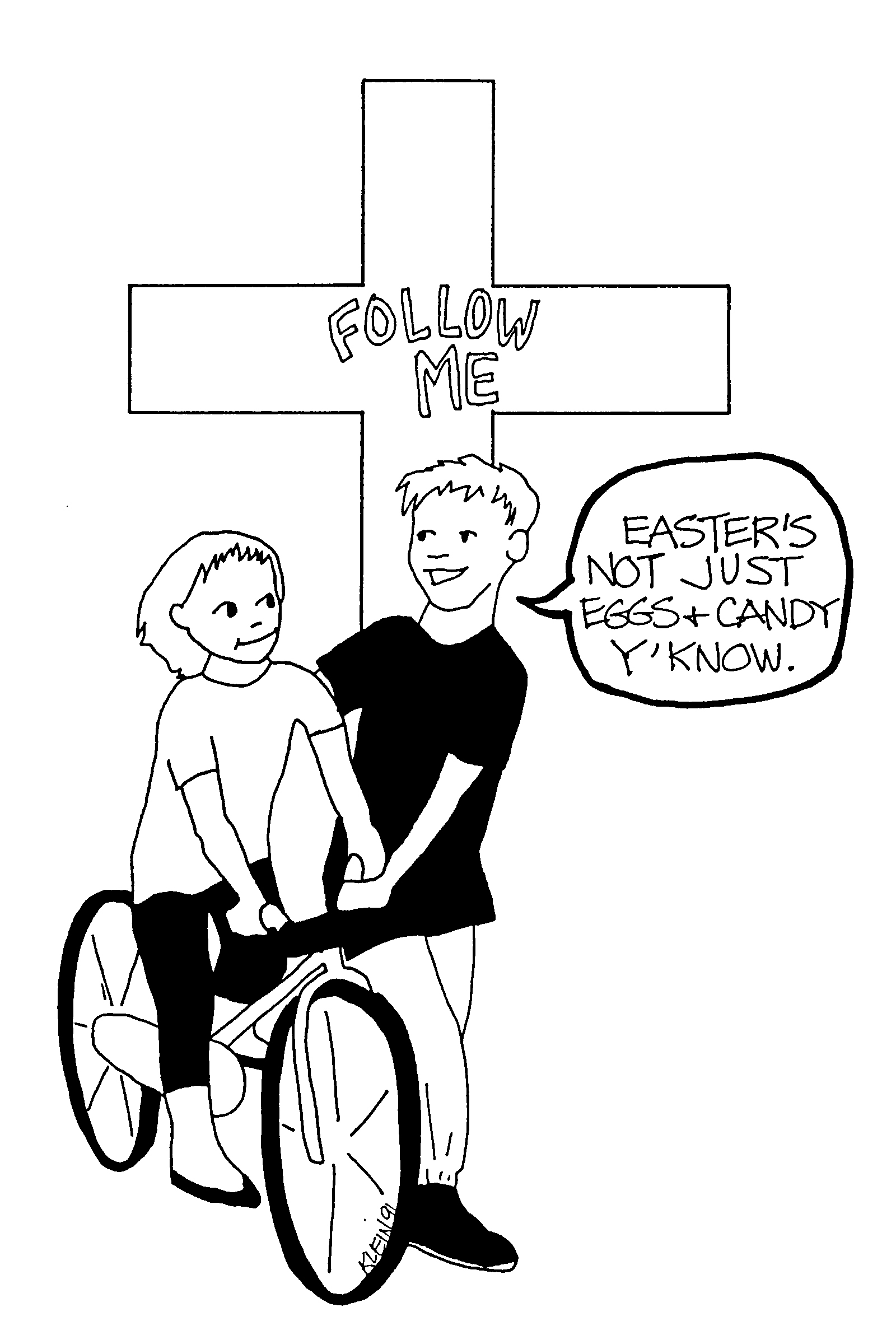
All people experience the grief of loss sometime in life. Grief may be personal, due to a death, divorce or illness; or grief may be corporate, resulting from injustice, poverty or environmental concerns. Grief can bring waves of hopelessness. To drown in these waves is to be paralyzed with despair. The Easter message brings a different kind of wave: it brings hope in the midst of grief.
One way hope is sustained and strengthened in the midst of grief is through the support of others. We need one another. This need was dramatized in our household. On her seventh birthday, our daughter received her first bicycle. Elated, she pushed the bike to the sidewalk, eager to learn.
It wasn't much later when I heard, "'Ye-ow-w!" Then, "I can't! I can't! I can't!" The screaming came from our daughter who was angry at her futile attempts to conquer the bike. She was on the ground, bicycle on top of her.
Our son raced out the door. He helped his sister get up, put her back on the bike, held onto the seat and walked her back and forth on the sidewalk. She pedaled. He supported. He was willing to provide support, and she to receive it.
Later I heard another scream. This was one of joy. "I can! I can! I can!" came from the lips of a successful bike rider. By offering support, a brother changed an anguished cry of "I can't" into a jubilant "I can." He gave her hope in the midst of grief.
"May the God of hope fill you with all joy and peace in believing, so that you may abound in hope by the power of the Holy Spirit." (Romans 15:13)
For more ideas, visit SimpleLiving.org.
3-A555--[Search for Truth?]

THE CHALLENGE TO LIVE BY GOD'S TRUTH
We will make Jesus into everything possible so as not to face the one thing he is -- God's challenge and invitation. In every naming of Jesus there lurks the danger that he becomes not the challenge of God who demands free response but the divine hero who rescues us... Jesus, the divine hero, evokes our sincerest thanks. Jesus, the divine challenge, evokes responsible action in the world. --John Shea*
In the midst of coloring eggs, purchasing candy-filled baskets, buying a new spring outfit, and waiting in anticipation for the visit of the Easter bunny, we often overlook the real meaning of Lent and Easter -- Christ's death and resurrection. We need to take time to gratefully remember Jesus' sacrifice on the cross. However, our quest for truth should not stop there.
As John Shea reminds us, Jesus is not only the divine hero, but the divine challenge. Jesus challenges us to live responsibly in the world, to live by God's truth. Lent and Easter is a time to embrace this challenge.
Through thoughtful exploration of Jesus' life and ministry, and careful examination of our lifestyles and actions, we can learn to live by God's truth.
Questions for Reflection and Action
1. Do my celebrations reflect the true meaning of Easter?
2. Do I see Jesus as a divine hero or as a divine challenge?
3. What things can I do during Lent, Easter and throughout the year that will help me to learn to live by God's truth?
For more ideas, visit SimpleLivingWorks.org
*Reprinted from This Fast I Choose: A Daybook for Lent, copyright 1990 by Friendship Press, 475 Riverside Dr., Room 772, New York, NY 10115. Used by permission.
3-A556
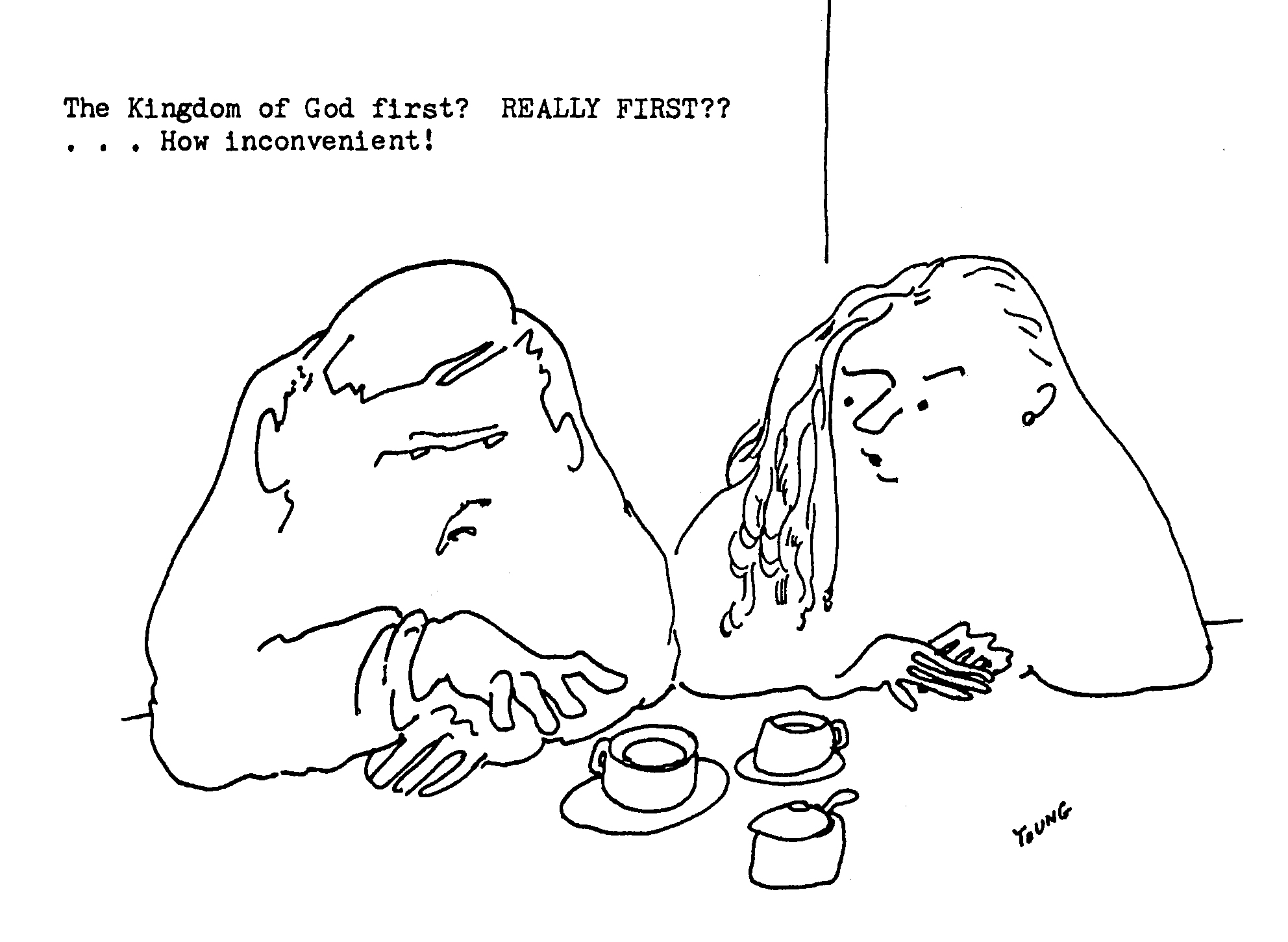
LENT: LEARNING HOW TO PRAY... AND LIVE
"Thy kingdom come,
"Thy will be done on Earth, as in heaven
This central petition in the prayer Jesus taught his disciples is so familiar that it tends to roll off our lips without thought. The archaic language makes it easy to overlook the meaning of the "Kingdom of God," made so clear in the second line: "Thy will be done an Earth, as it is in heaven." The most fervent prayer and desire of Jesus' followers was that the will of God be done on Earth.
Jesus was no stranger to the "inconvenience" of that petition. On the night of his arrest, he asked God to spare him the suffering he was about to undergo but concluded his prayer with, "Nevertheless, not my will, but thine be done."
In all ages, followers of Jesus have learned that to live out this prayer is costly. Dietrich Bonhoeffer called it "the cost of discipleship." This Lutheran pastor knew what he was talking about. When Hitler came to power, he left the safety of the United States to be with his people in Germany. Bonhoeffer was imprisoned and finally executed by the Nazis in 1945. One of those who knew him well wrote of Bonhoeffer,
"For him, Christianity could never be merely intellectual theory, doctrine divorced from life, or mystical emotion, but always it must be responsible, obedient action, the discipleship of Christ in every situation of concrete everyday life, personal and public.
Lent is a time for us to consider what it means to pray "thy will be done" here and now. Originally, Lent was a season of fasting and penance for new converts preparing for baptism on Easter Eve. These 40 weekdays before Easter became a time of recommitment for all Christians. Lent is a time for reexamining our baptismal vows and reflecting on the cost of discipleship. Let it be a time for learning to pray ... and live, "Not my will, but thine be done."
For more ideas, visit SimpleLivingWorks.org.
3-A557--Season of Prayer
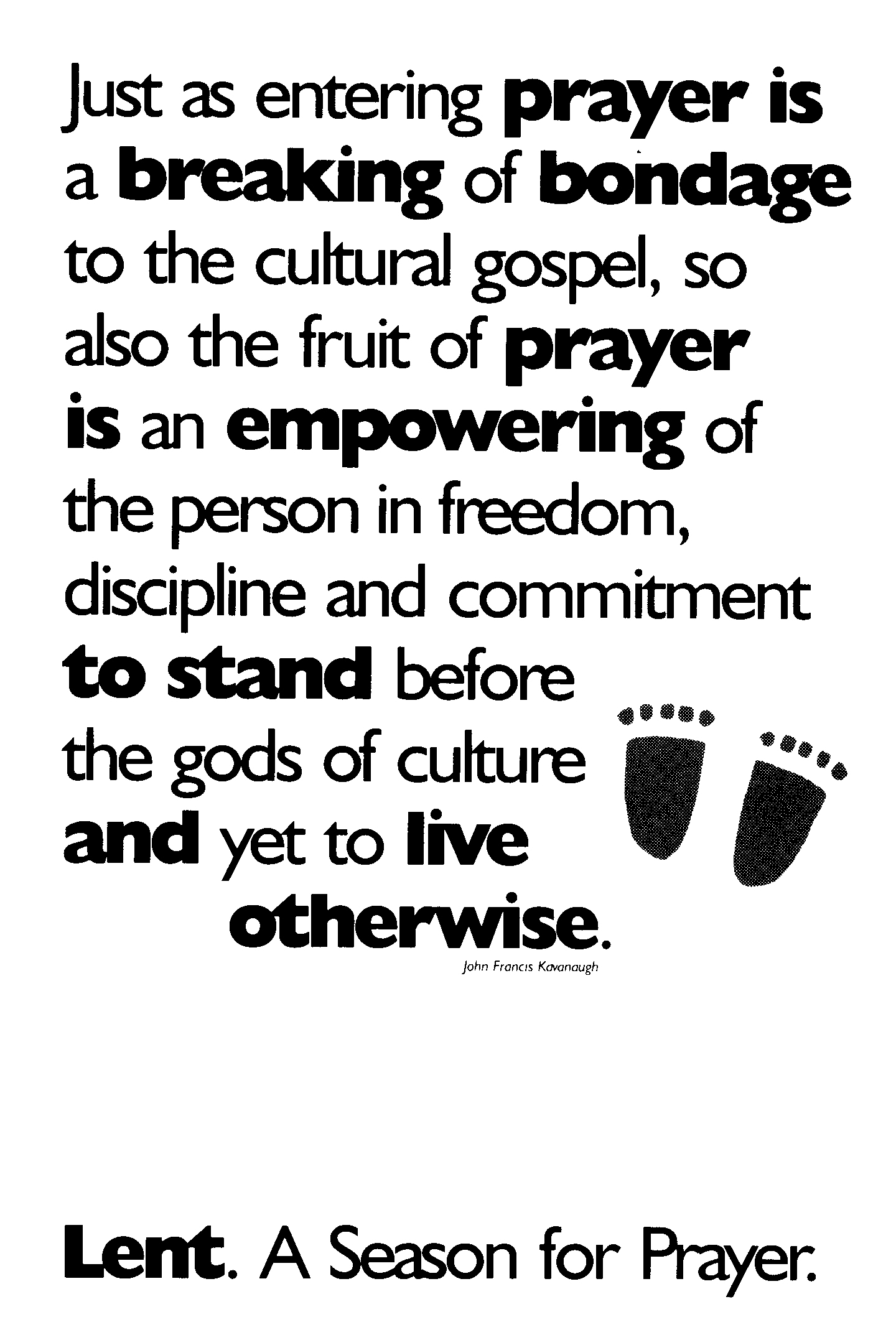
JOURNEY DOWN A ROAD LESS TRAVELED
In the season of Lent we are invited to travel along the road of Jesus' earthly ministry. This journey in remembering is not to be undertaken lightly, for the trip begins with Ash Wednesday. On that day those set to embark are counseled to undertake fasting, special periods of prayer and other spiritual disciplines. More is at stake than simply recalling a series of events in Jesus' life. Indeed! Through this six-week journey in remembering, we are compelled to ask what it means for us to follow Jesus today.
That's not easy! We live in a culture whose primary values seem to revolve around comfort, convenience and self-gratification, values at odds with what we find in the life and ministry of Jesus. And the values of our consumer culture are relentlessly thrust at us by the mass media. Every day we are encouraged to overconsume and waste with no concern for how such actions affect other people (especially the poor!), the environment and the human spirit. For us to follow Jesus today, it would seem that we are called to go against the grain of a culture in which we have become quite at home.
From early in the Church's history, Lent has been a season for special periods of reflection and self-examination, a time to regain perspective about what is really important! Lent is a six-week walk along the road of Jesus' earthly ministry, a time when we prayerfully consider how we may follow him in our own time and place.
We need Lent! We need that season where in solitude, prayer, fasting and study we can listen for a voice that transcends the consumer culture. The words of Father John Francis Kavanaugh hold the promise of such a season.
"Just as entering prayer is a breaking of bondage to the cultural gospel, so also the fruit of prayer is an empowering of the person in freedom, discipline and commitment to stand before the gods of culture and yet to live otherwise."
Are you ready for a journey down a road less traveled?
For more ideas, SimpleLivingWorks.org
3-A558--[And on the 3rd Day]
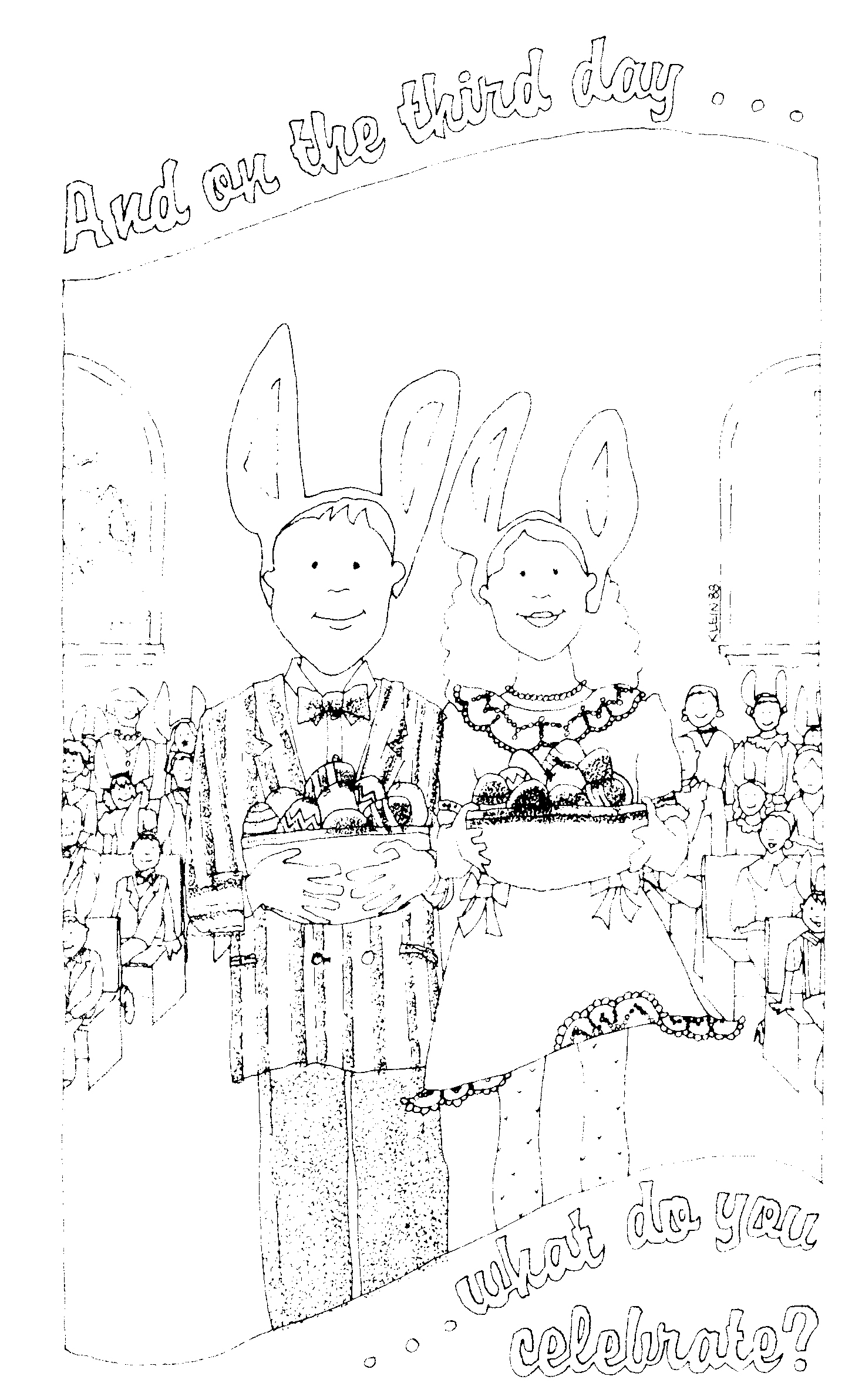
What Do You Celebrate?
"What happened on the third day?" asked the church school teacher to a group of preschoolers one Easter morning. "The Easter bunny brought eggs," was the immediate and unequivocal reply. An unbiased observer, perhaps a visitor from another planet, might conclude that our Easter celebration is as much a festival of bunnies, eggs and new clothes as a celebration of Jesus' resurrection.
An historian might point out that some of our Easter traditions resemble worship of the ancient Anglo-Saxon spring goddess, Eostre, whose festival was celebrated in the spring, and whose symbols were the hare and the egg.
The fact that the annual celebration of Jesus' resurrection coincides with other festivals is not surprising. The Church's intent was to provide early Christians with an alternative to other popular festivals. What happened, however, is that the celebration of the resurrection was significantly influenced by the other festivals.
Traditions are the vehicles by which values, faith and the sense of what is really important are passed from one generation to another. Therefore, the struggle to keep Christian and other traditions separate is an important one. Lent has a key role in this struggle.
Originally a season of fasting and penance for new converts preparing for baptism on Easter Eve, Lent became a time of recommitment for all Christians to resist a secular culture. As in earlier days, Christians today are threatened with assimilation into a popular culture. The commercialization of Christmas and Easter is a reminder of how much assimilation there has been.
We need Lent! Lent encourages us to look within ourselves to see how we have confused popular cultural values with Christians faith. Through a sustained focus on the life and ministry of Jesus, Lent can help us resist the pressures of this culture. Lent can remind us that we are called to continue his ministry: "As the Father has sent me, so I send you." (John 20:20) Consequently, Lent can prepare us for an Easter that is more than bunnies and eggs, an Easter when we celebrate God's great act in raising Jesus from the dead.
For more ideas, visit SimpleLivingWorks.org
3-A559 (accompanies Easter Seder)
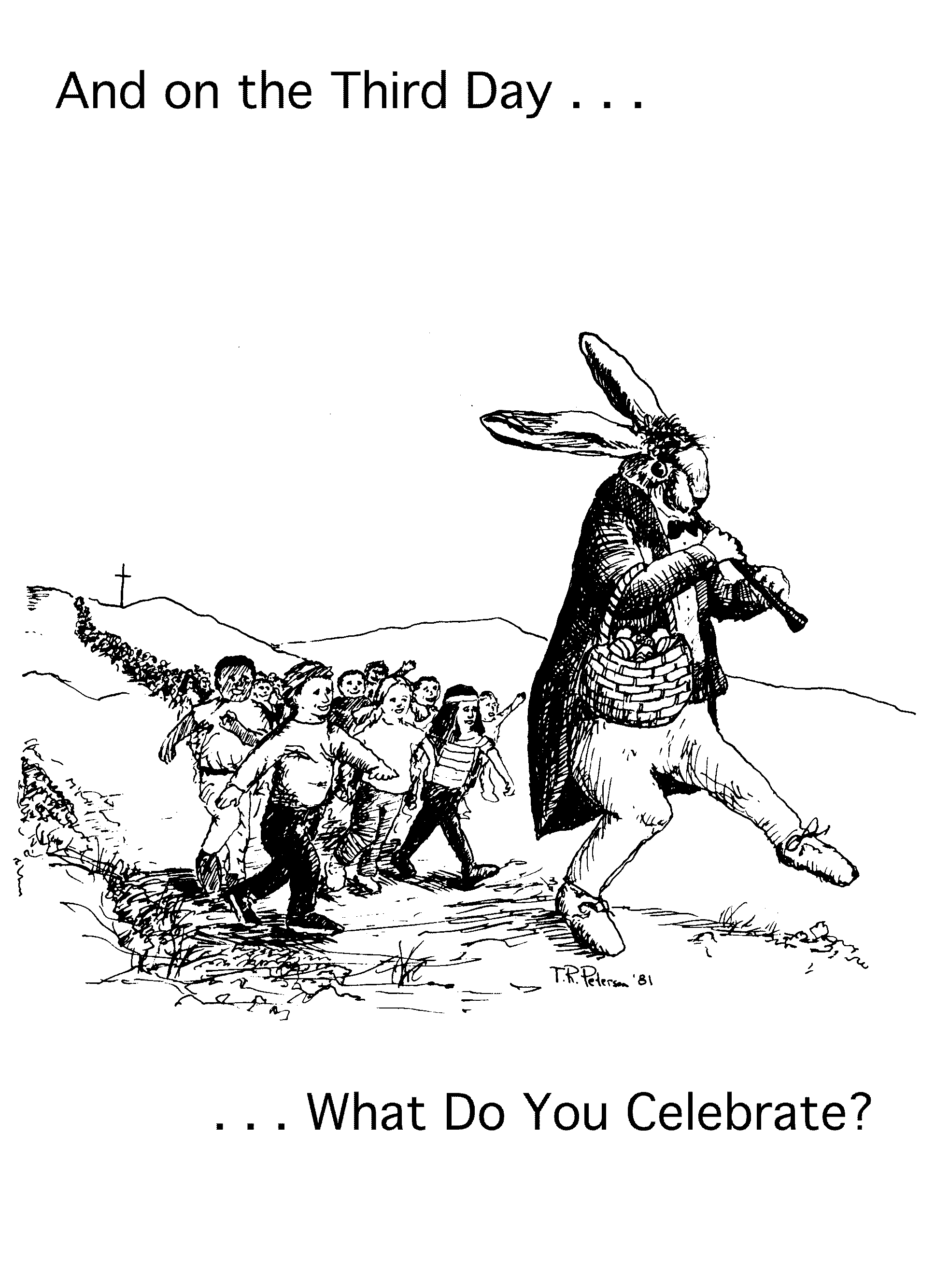
3-A0333
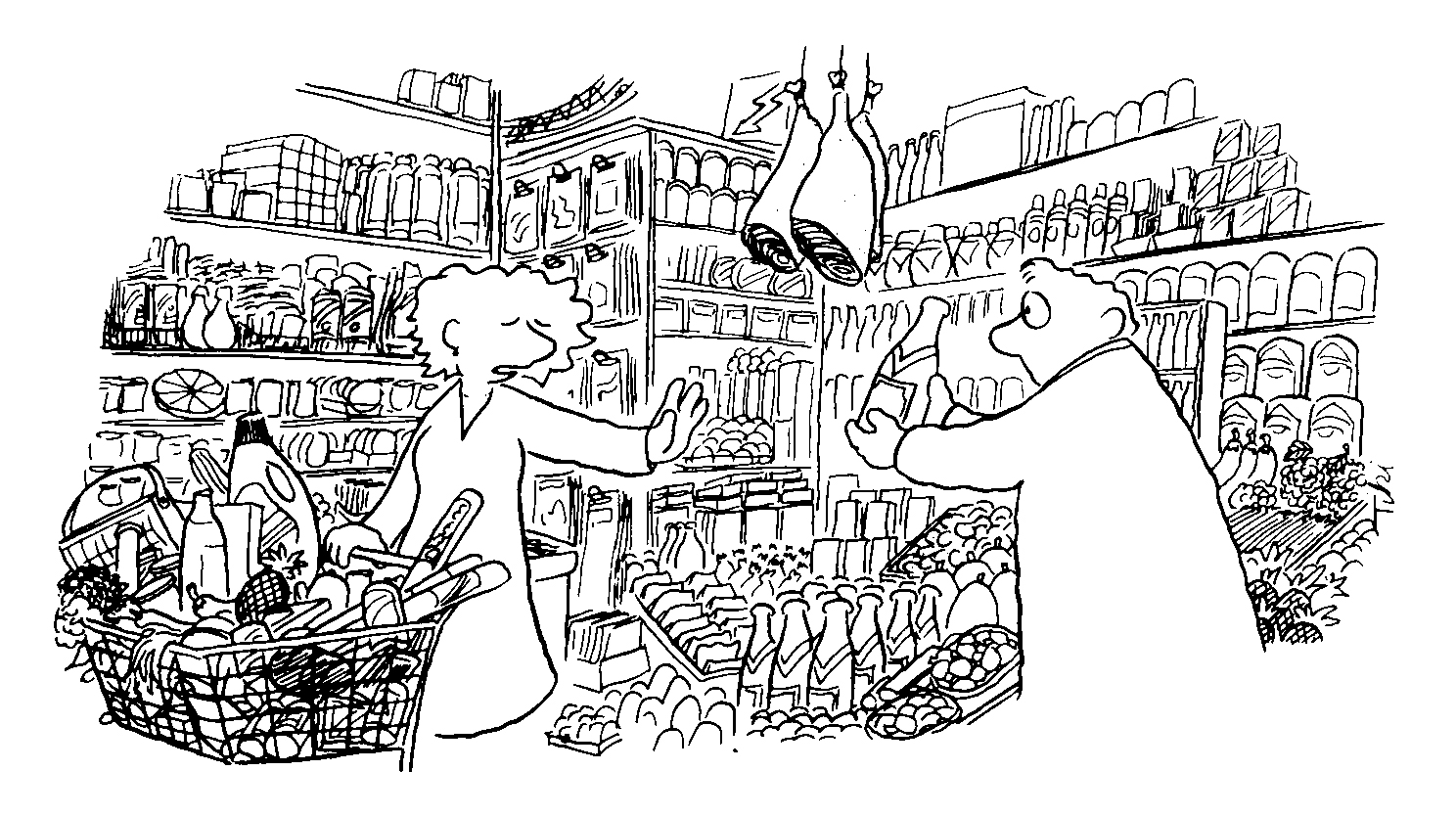
No, thank you, sir. During Lent I'm practicing moderation.
3-A0342

3-A1077

a good man | an example | a just person
a friend of the poor | a religious genius
a helpful person | a charismatic leader
critic of the system | a loving person
advocate for the oppressed | a prophet
Very true. But if this Jesus isn't God, I'll choose more entertaining books to read than the New Testament. I certainly wouldn't risk living or dying for him. And I wouldn't call myself a Christian any more.
3-A2454
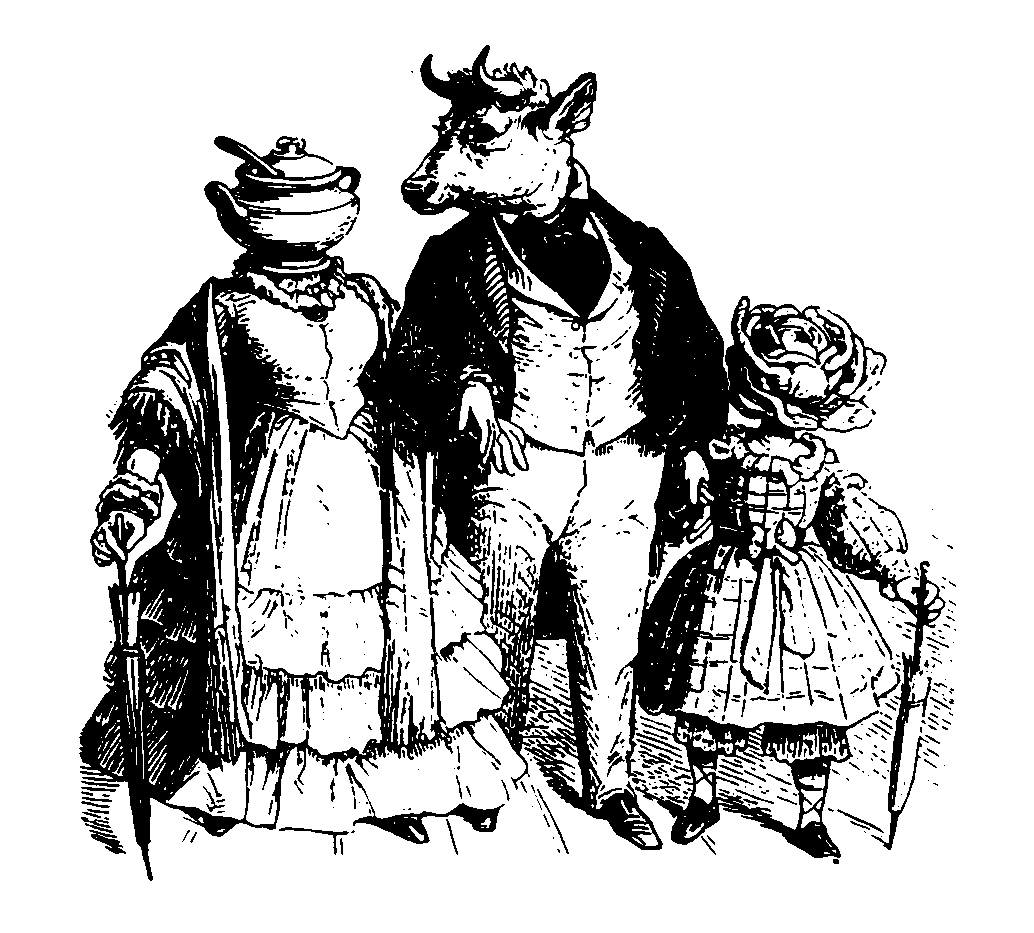
Lent is a last chance to protect people from becoming what they eat.
3-A2896
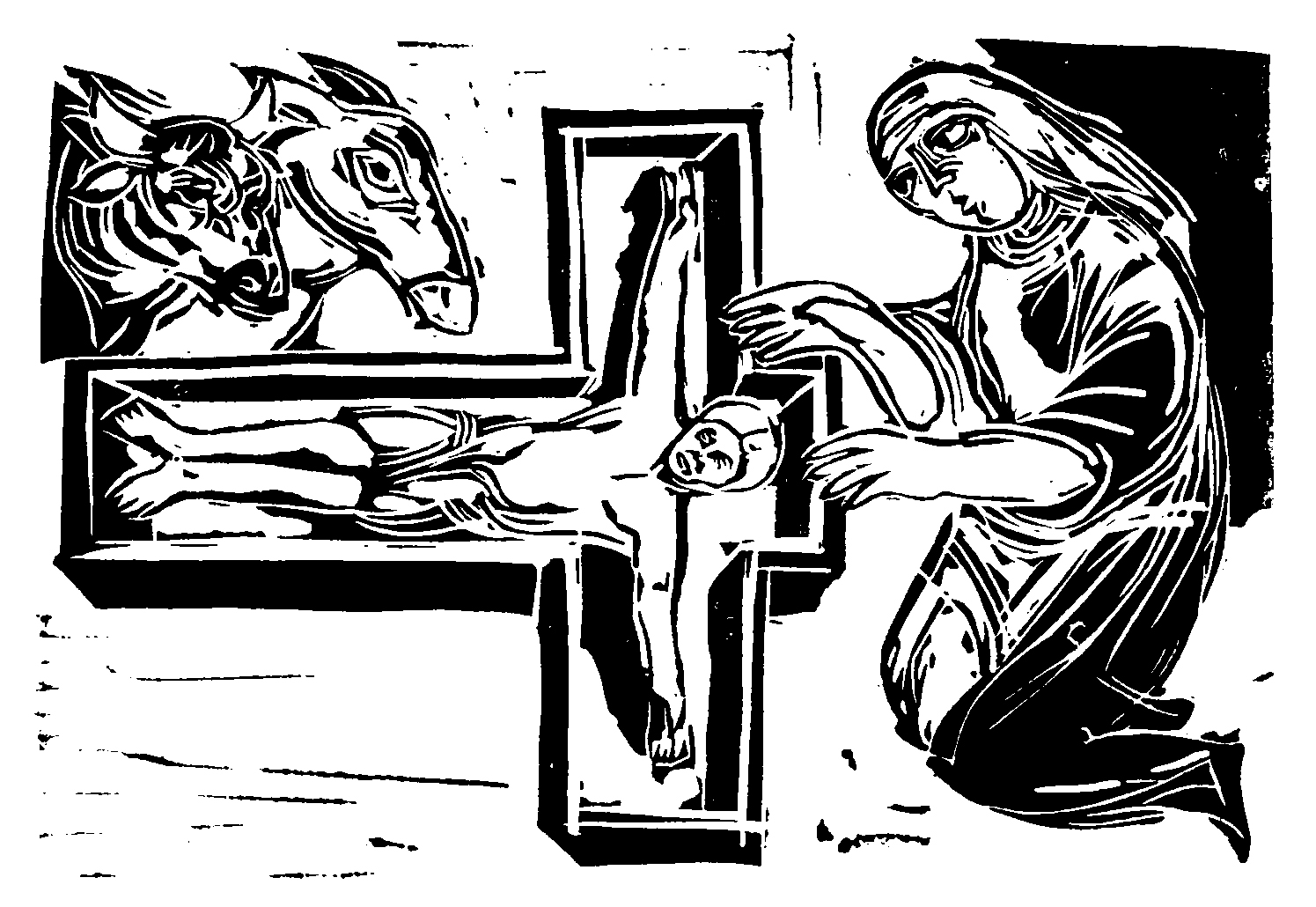
A cry, repeatedly unheard
A child in the manger
Life born in order to die
Life lost in order to live
A man on the cross
A cry, repeatedly heard yet today in human need and from God's Creation
3-A3036

A person possesses goods in the right way when he can get along without them. --Jean-Francois Rognard
Lent is an opportunity to get rid of excessive weight: a pound of "stress" and a pound of "rushing around," a kilo of "self-centeredness" and a kilo of "short-temperedness," an ounce of "envy" and an ounce of "spite." Come and pray with us during the Lenten season.
Alternate wording
A person possesses goods in the right way when he can get along without them. --Jean-Francois R�gnard
Lent is an opportunity to get rid of excessive weight: a pound of "stress" and a pound of "rushing around," a kilo of "overconsumption" and a kilo of "short-sightedness," an ounce of "TV" and an ounce of "conformity." Come and pray with us during the Lenten season.
3-3950

Ecco homo - Behold, the man.
3-A3954-Resurrection

3C. Celebrating: Other
MusicRituals
Worship (communal)
Ascension
Pentecost, etc.
Rites of Passage:
Weddings
Graduations
Funerals
Birthdays
Anniversaries, etc.
Martin Luther King--January
Valentine's Day--February 14
Memorial Day--May
Independence Day--July 4
Thanksgiving & World Food Day--November
Also see: 1-A3779, 1-A2223, 1-A3743, 2-A2033, 2-A2303, 2-A4258, 2-A884, 4-A0961, 4-A1223, 4-A303, 4-A306, 4-A311, 4-A326, 4-A3882, 4-A548, 5-A2962, 6-A905, 9-A4417
3-A305--Dancing with Spirit

3-A535--Memorial Day
National Insecurity
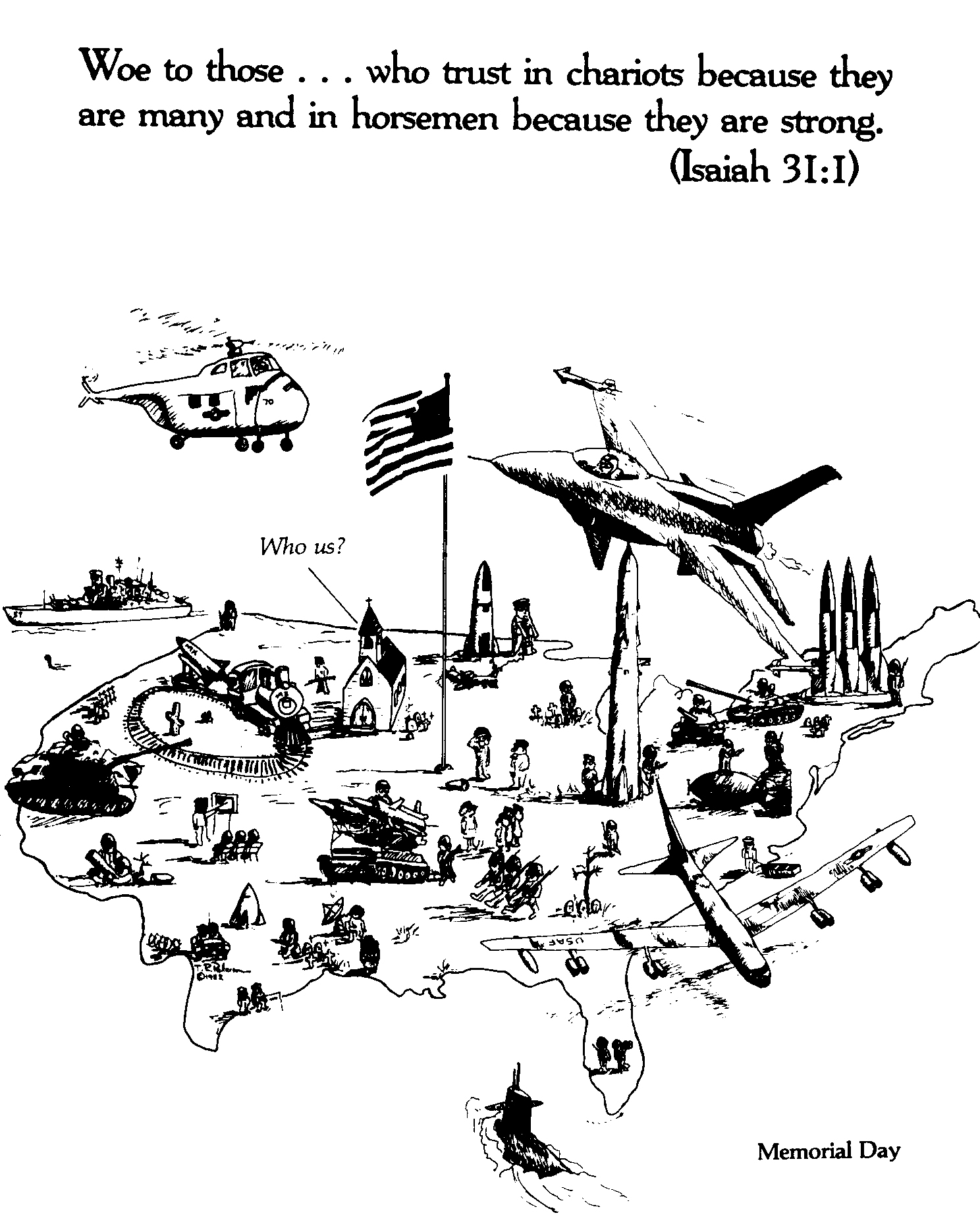
Memorial Day was first observed in 1865 to honor those who died in the Civil War, both North and South. In time it came to be a remembrance of the lives lost in all wars.
How can we best honor our war dead? Perhaps by reflecting on the prospects for future wars and considering what steps we might take to avoid them.
Some believe that the surest way to ensure national security is through missiles, bombers, and a huge defense budget. The people in Isaiah's day were also tempted to place their trust in arms. But, then and now, the prophets insist that the cure for national insecurity lies elsewhere.
The Old Testament prophets maintained that the real threats to national security are not enemies on the outside, but moral decay on the inside. Failure to administer laws fairly, toleration of injustice done to the poor, and idolatry (especially holding national might above God) were, and are, the manifestations of moral decay. They are the greatest threats to national security. No defense budget can protect us from this threat! The way to peace and security begins with doing justice.
For Reflection... And Action
1. Have a discussion about what "doing justice" has to do with national security.
2. Why do you suppose that the Old Testament prophets were often considered "unpatriotic?"
3. Do the priorities in the federal budget reflect the priorities you believe important for genuine national security? Tell your elected representatives what you think.
For more information contact your denominational headquarters, or visit SimpleLivingWorks.org.
3-A536 [Other ART suggestions: 3-A533, 4-A321, 4-A303, 5-A3361]
Thanks-giving
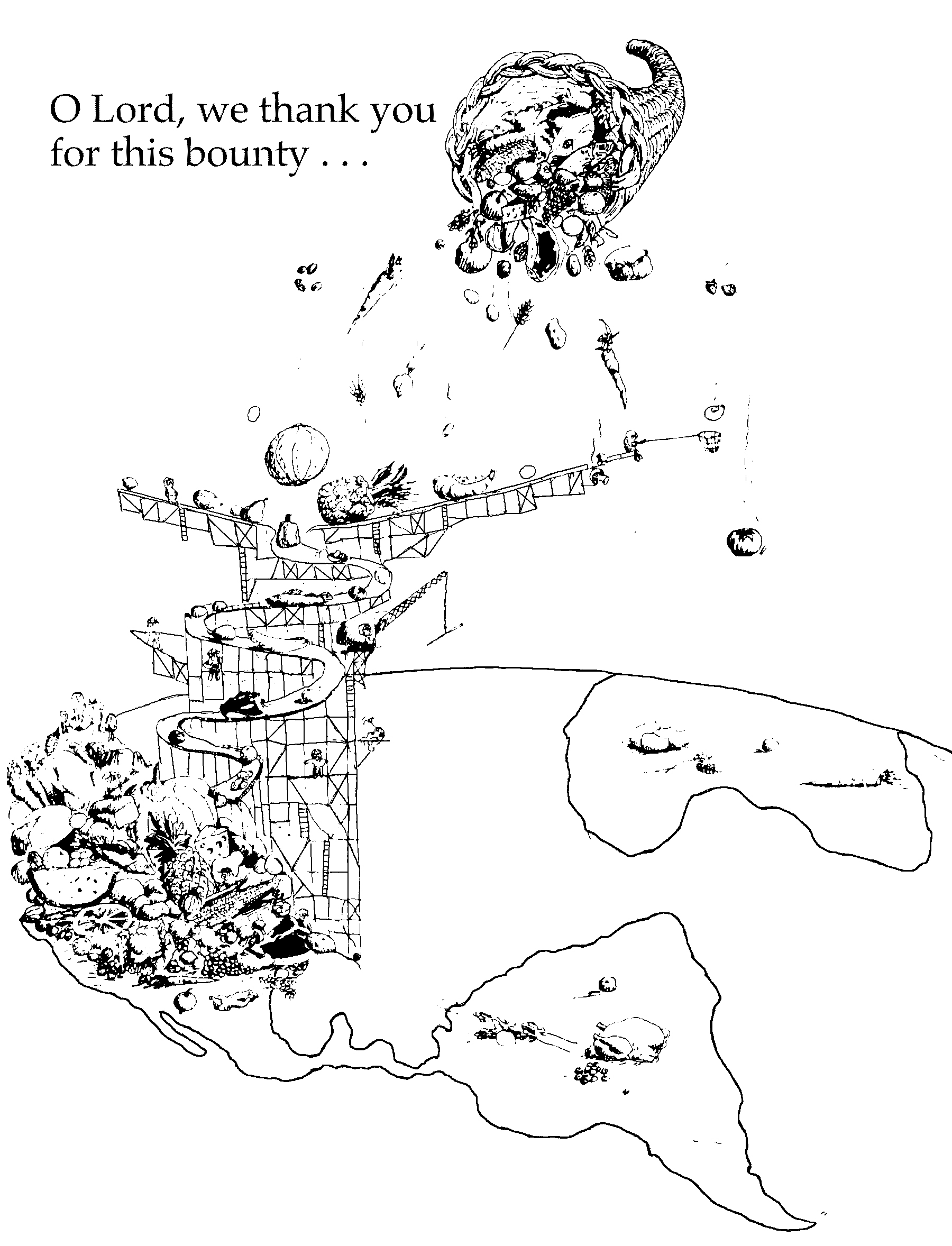
People suffer from malnutrition and starve, not because there is too little food in the world but because they don't have enough money to buy the food which is available. With over 70 percent of the world's population getting less than 30 percent of the world's income, it is not hard to figure out why so many go hungry.
This inequity is due less to ignorance or laziness, than to global and national economic structures which exclude many from access to the earth's cornucopia. Trade policies, the international monetary system, tax structures, and even aid programs tend to benefit the wealthy at the expense of the poor.
Giving thanks to God for "bounty" that comes to us as a result of unjust economic structures raises some difficult questions: Are these structures ordained by God? Or are they human-made arrangements which often obstruct God's will for the well-being of all people? In the story of two men who went to the temple to pray, Jesus warns about the danger of giving thanks for presumed special status. (Luke 18:9-14).
On World Food Day, when people in over 150 nations focus their attention on food concerns, or at Thanksgiving, when we are gathered with our families and friends, we should consider the sources of the "bounty" in our lives. Why are our labors rewarded with relative affluence, while the labors of others go unrewarded?
When we realize that we generally accept such "bounty" without asking why it isn't available to others, we may decide to join our prayers of thanksgiving with the tax collector's confession, "Oh God have mercy on a sinner like me," and repent for our failure to recognize the connection between our own affluence and the poverty of others. At the point that we are willing to give up some privileges for the sake of many who have so little, genuine thanks-giving begins.
For more information about what you can do, contact your denomination's hunger program, or visit SimpleLivingWorks.org
3-A537--Valentine's Day
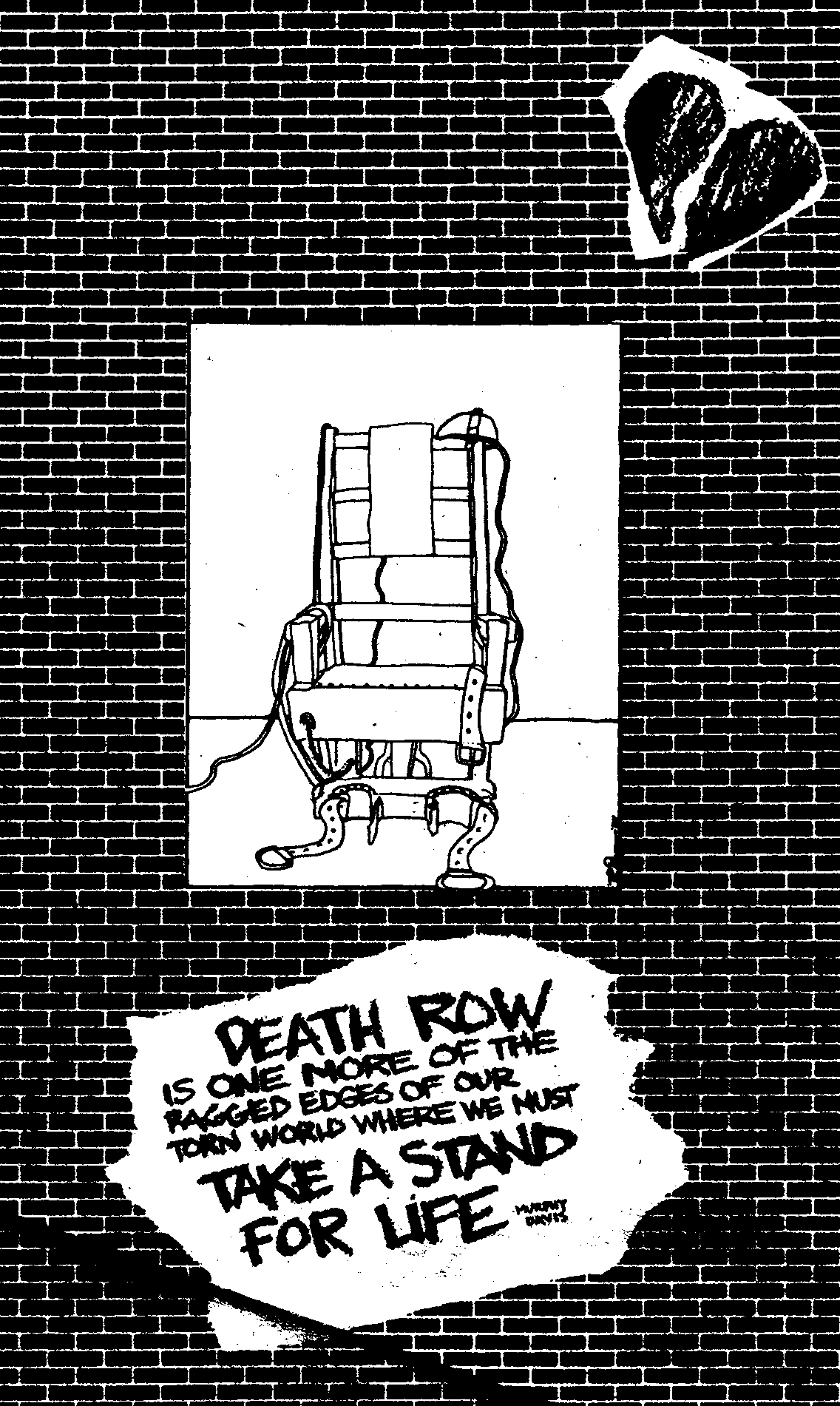
In 270 A.D., St. Valentine was executed for performing marriages. Emperor Claudius considered marriage to be a threat to national security, because it made men less willing to go to war.
We think we've advanced since those barbaric times -- but have we?
Seven Reasons to Reconsider the Death Penalty
1. In the U.S., only a small percentage of those convicted of murder is given the death sentence. Of those, a disproportionate number are non-white or poor. Crimes against whites are more likely to receive the death penalty than crimes against non-whites.
2. There is no evidence that capital punishment is a deterrent to crime. Most countries which have abolished the death penalty have lower rates of murder and attempted murder.
3. Worldwide, the death penalty is often used as an instrument of repression against opposition, racial, ethnic, religious ad underprivileged groups.
4. Execution is irrevocable, and can be inflicted upon the innocent.
5. Execution is "cruel and unusual punishment." There is no way to make the death penalty "humane." Enforcing the death penalty is brutalizing to all who are involved in the process.
6. In the U.S. the death penalty is most often used in times of economic crisis. To what extent are those condemned scapegoats for national economic and social frustrations?
7. The Judaeo-Christian religious tradition condemns taking human lives, even as a form of punishment. Not only did Christ veto the often cited Jewish law "an eye for an eye, a tooth for a tooth," but Jewish scholars say that to use this passage as support for the death penalty is to seriously misinterpret its meaning. Jesus was clear about how we should treat offenders: "Ye have heard that it hath been said, 'Thou shalt love thy neighbor and hate thy enemy.' But I say to you, love your enemies, bless them that curse you, do good to them that hate you and pray for them that abuse and persecute you."
Why do we kill people who kill people to show that killing people is wrong?
For more information about what you can do to stop the, death penalty, write to your denomination's office that deals with criminal justice, or Amnesty International USA, 304 W 58th Street, New York, NY 10019.
For more ideas, visit SimpleLivingWorks.org.
3-A538--Patriotic Holidays: Swords to Plowshares
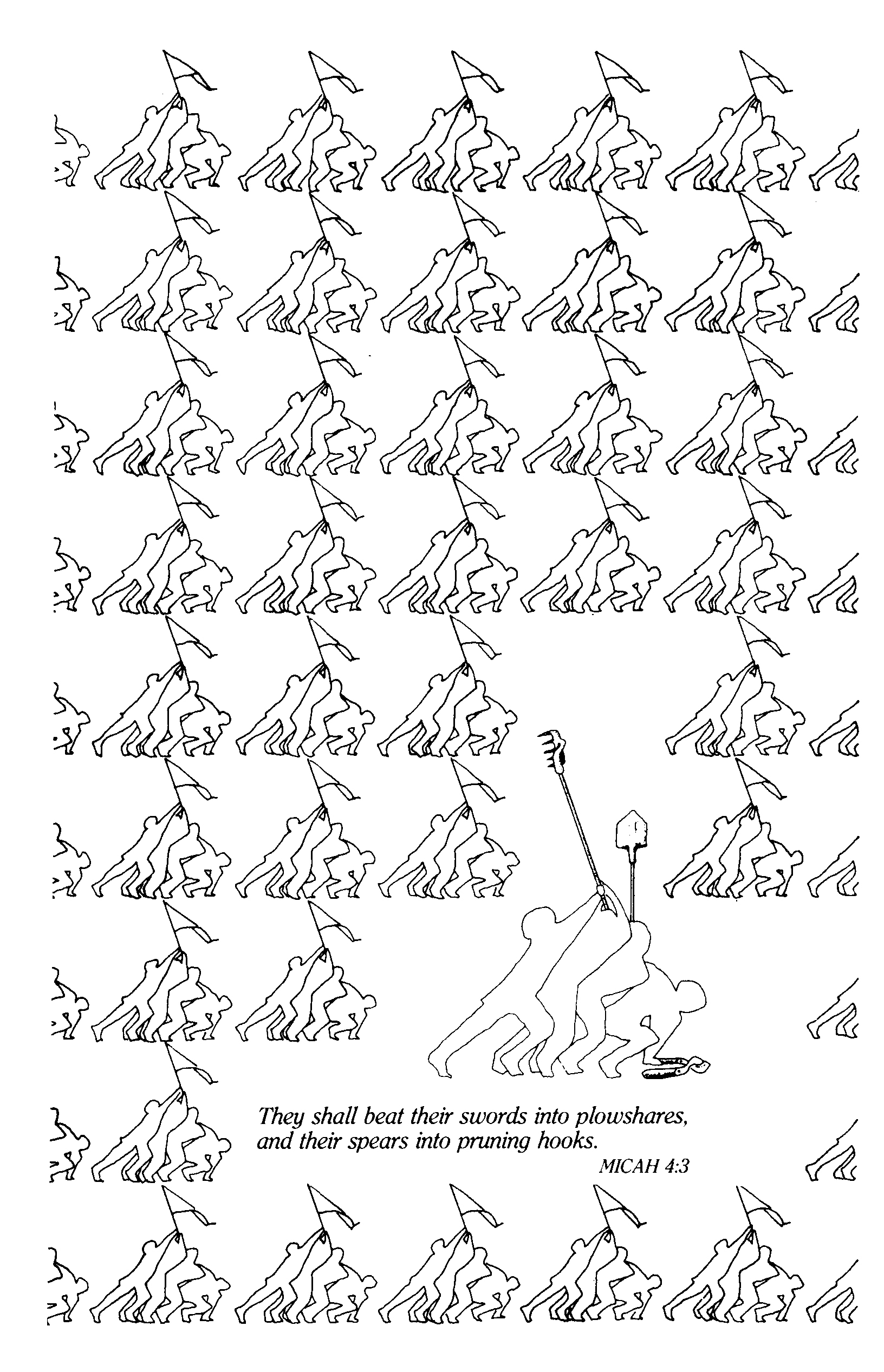
"Would That Even Today You Knew The Things That Make For Peace!" --LUKE 19:42
A diverse panel of experts assembled to discuss the television drama "The Day After." All agreed that the most likely spark for nuclear war was "destabilization." By destabilization, they meant military imbalances between super-powers, small scale conflicts that might escalate, power vacuums created by the overthrow of established governments, or terrorism.
Unfortunately the panelists failed to acknowledge what is perhaps the greatest force for destabilization in the world today: injustice, the inequities which arise from it, and the suffering and anger which it creates.
Economic imbalances, failure to respect human rights, exploitation of the environment and natural resources, and political oppression are wrong because they cause human suffering. But they are also wrong because, in the long run, they pose the greatest threat to world stability and hence to world security.
In deciding how we should meet our very legitimate need for national defense, consider:
* how policies that increase the "defense" budget at the expense of programs to empower the disenfranchised in our society (the poor, the old, the very young, the disabled), may actually undermine national security; it has been said that a country is finally only as strong and secure as its poorest people;
* how policies that give priorities to military aid over economic aid reflect blindness to the deeper causes of unrest in the world;
* how policies that give low priority to the world's billion+ malnourished people and millions of refugees foster the growth of terrorism, which is the last resort of powerless people.
If you want peace, work for justice!
Suggestions for Reflection and Action
1. In an election year, find out what the candidates think about "the things that make for peace." And vote accordingly.
2. How is justice a means of making peace in your household? How might it be?
For more ideas, visit SimpleLivingWorks.org.
3-A539--Valentine's Day
[for text of accompanying Niemoller quote, go to 4-Q2001]
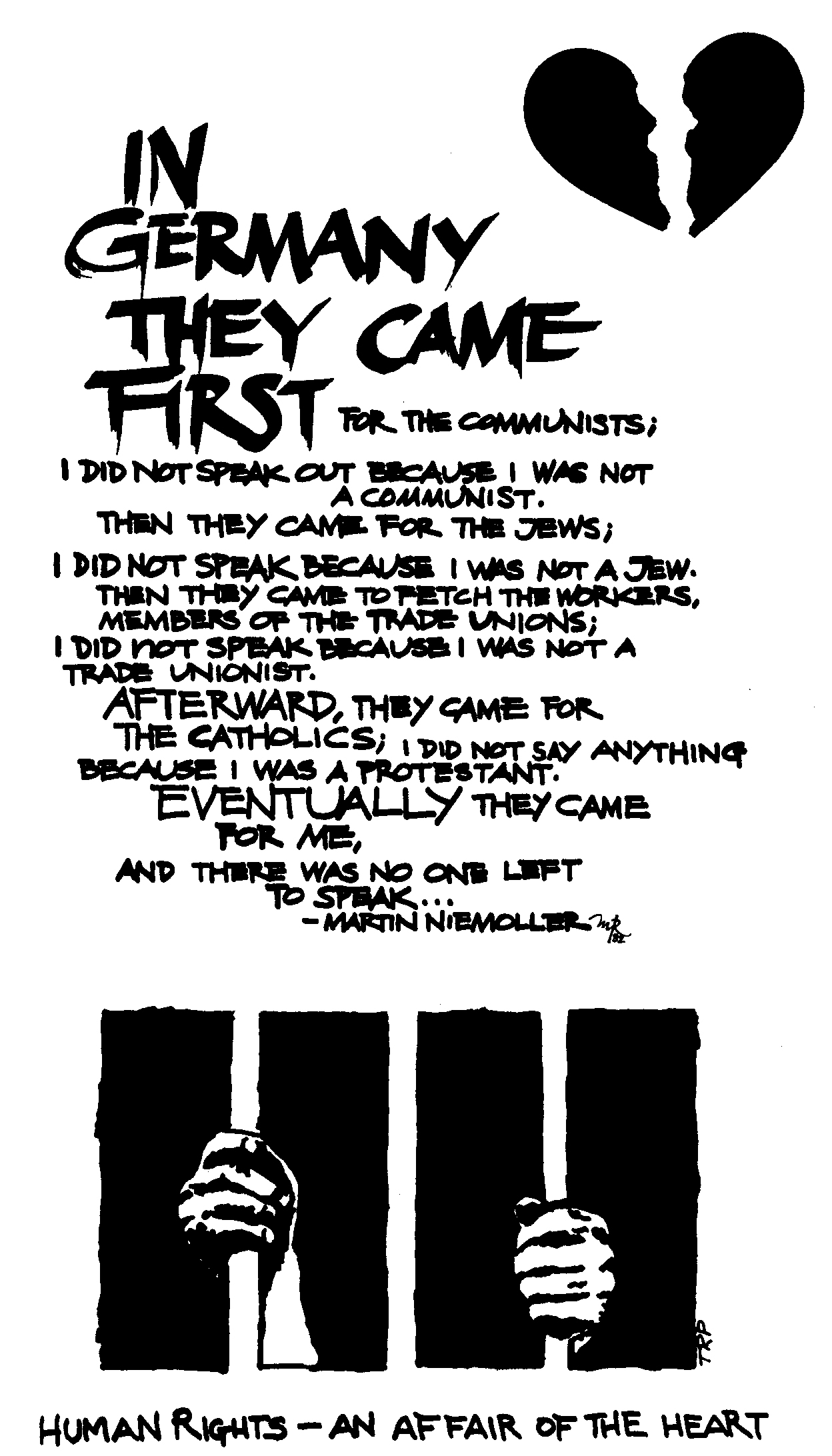
HUMAN RIGHTS: AN AFFAIR OF THE HEART
In 270 A.D. a Christian priest named Valentine was imprisoned and executed in Rome for performing marriages. Marriages? According to Claudius, marriages were a threat to national security, because they made soldiers less willing to fight.
By most present-day standards, the emperor's methods seem extreme. But it is true that strong human bonds serve to expose the excesses and pretensions of political programs. Many insecure governments still resort to creating an atmosphere of distrust and terror in order to make people less powerful and more manageable.
All over the world people are imprisoned merely because of their beliefs, religion, ethnic origin, language or sex. Torture is carried out in the name of national security. Executions, official and unofficial, are justified in the name of law and order. "Disappearances" occur, and people considered dangerous to the powers that be are detained without trials.
On the eve of Valentine's execution, he wrote a note of thanks to the jailer's daughter, who had shown him kindness during his imprisonment, and signed it "Your Valentine," thus originating the custom of showing affection on Valentine's Day with a card or a note.
But at the heart of St. Valentine's gesture is a deeper matter the rights of individuals to act according to their consciences and deeply-held beliefs, despite "larger" or "higher" national and political concerns. His action symbolizes the strength of human feelings and relationships as a source of resistance to injustice and depersonalization.
On Valentine's day we can celebrate the importance of our relationships by demanding that those in power respect basic human rights.
1) Write a letter of thanks to someone whose friendship has helped you to overcome the effects of a depersonalizing situation.
2) In a group discuss whether there are human rights violations in your community. This discussion will probably raise questions about what constitutes a "human right." Have a copy of the Bill of Rights handy to help with the discussion.
3) Invite someone from an organization like Amnesty International to explain how your group can encourage international consensus about acceptable standards for arrest, detainment and punishment.
For more ideas, visit SimpleLivingWorks.org.
3-A542--First Valentine
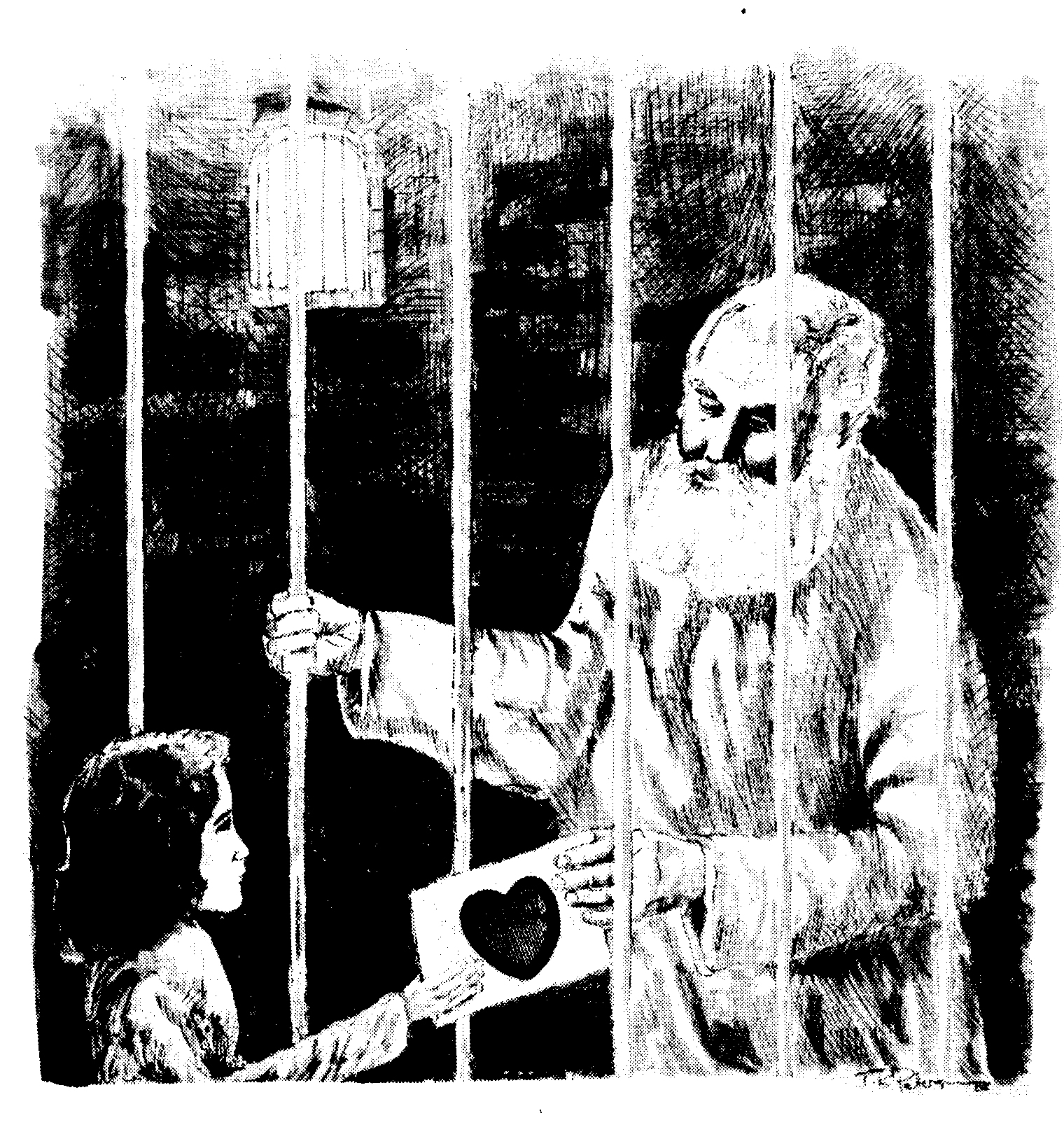
I was in prison and you visited me.
The First Valentine
VALENTINE'S DAY
Not much is known about the real St. Valentine. It is believed that he was martyred in Rome about 270 A.D. While in prison, the story goes, Valentine was befriended by his jailer's daughter. On the eve of his execution, Valentine thanked her for her care and kindness in a note signed "Your Valentine. " And so was born our tradition for exchanging such notes.
In observing this day, the spirit of kindness shown by the jailer's daughter reminds us to include concern for those in prison. There are charges and counter-charges about our prisons and criminal justice system. Some say, "We need more jails and longer sentences!" while others say, "Our prisons are filled with poor people unable to afford legal assistance available to the affluent." The debate goes on. We need to know more than we do about our penal system. And Valentine's Day is a good time to begin learning.
For Reflection and Action
1. Visit some people in jail or prison. Meet their families. Take your children along with you. Also, meet and talk with someone who has been a victim of crime.
2. Talk about the ways our criminal justice system is just and unjust. What kinds of measures would make it more just and result in greater protection for society at large?
For more ideas, visit SimpleLivingWorks.org.
3-A543--Martin Luther King
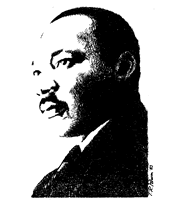
"I refuse to accept the idea that the 'isness' of our present nature makes us morally incapable of reaching up for the 'oughtness' that forever confronts us." -- Martin Luther King, Jr.
Dr. King Was Right
In the summer of 1956, I was a young pastor in rural central Texas when I read in the newspapers about the bus boycott in Montgomery, Alabama, and the leadership of a man named Martin Luther King, Jr.
And I said to God: "He's right about the need for change, I know that. But please, not now. We are not ready. My congregation and this community will be torn apart."
Dr. King was right, and I was wrong.
In April of 1963, feeling good after having participated in a successful effort to integrate some restaurants near our campus, I read Dr. King's letter from a Birmingham jail, a letter sharply critical of the failure of white church leaders to support the nonviolent campaign in Birmingham.
And I said to God: "I know how frustrated he must be, and how disappointed he is in white church leaders, but if he keeps this up, he is going to alienate all whites, and the cause will suffer."
Again, Dr. King was right, and I was ashamed.
On April 4th, 1967, in a sermon at Riverside Church in New York City, Dr. King declared that people who were sensitive to civil rights issues in this country could ill afford to be insensitive to our government's policies in Southeast Asia, and called on the U.S. to end its involvement in the war in Vietnam.
And I said to God: "I know the war is wrong, but won't mixing opposition to the war with civil rights destroy the civil rights movement and all that it has gained?"
Dr. King was right again, and I had much to learn.
And on this, his birthday, I say to God: "Thank you for your servant, Dr. King, who was faithful unto death. Through the witness of his life, teach me to be faithful."
For more ideas, visit SimpleLivingWorks.org.
3-A544--Memorial Day
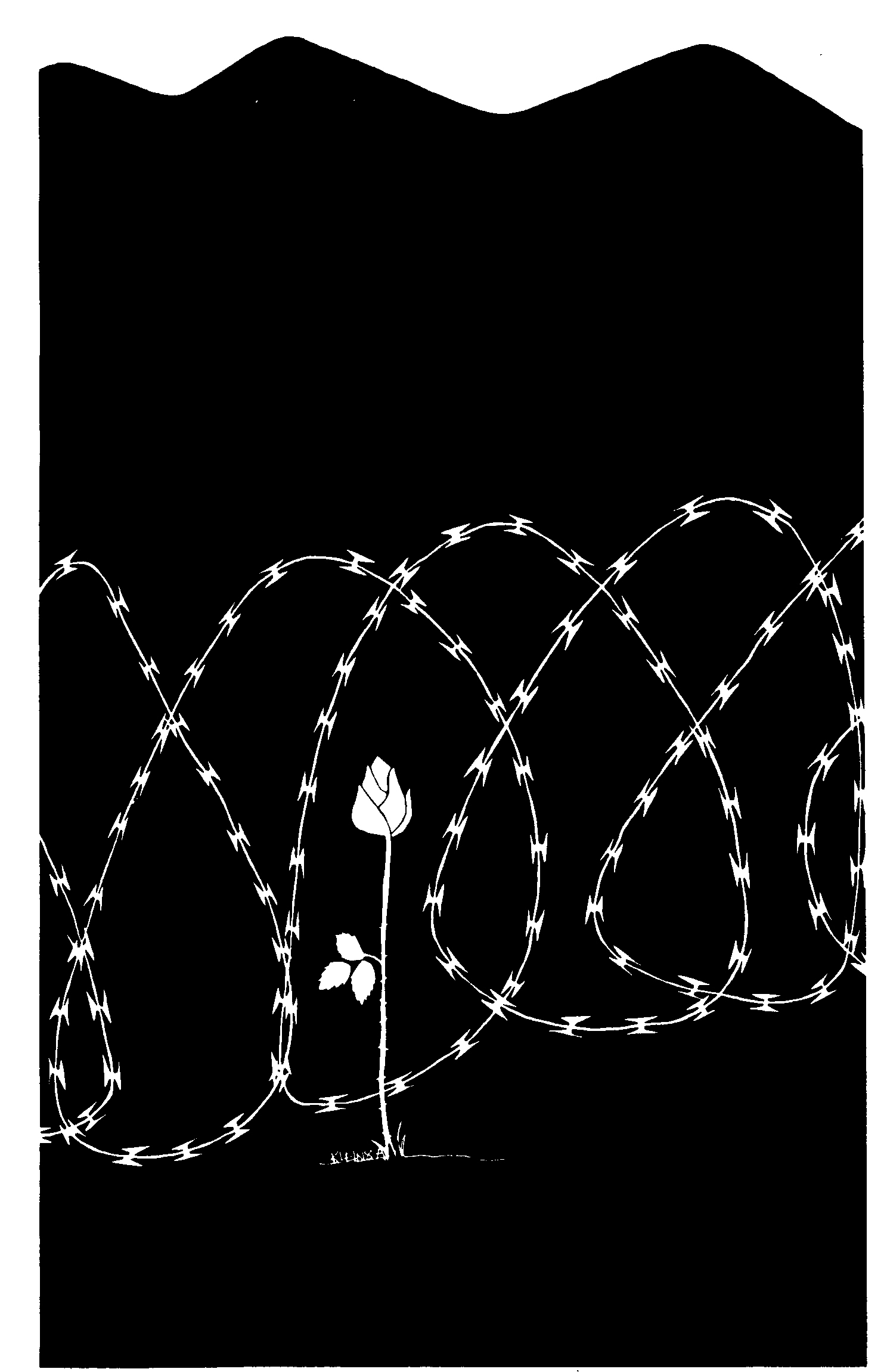
Lo, How a Rose E'er Blooming
Children of War
First celebrated in 1866 to honor the Civil War dead, Memorial Day in the United States now commemorates lives lost in all wars. It may be time to change our emphasis for this grave tending holiday. This Memorial Day let us celebrate life: let us honor the survivors of war in our time -- the children of war.
The Children of War Tour has brought young people who had grown up in war-torn areas of the world to the United States. Joined by North American teenagers they toured cities across the country, telling their stories:
"Children have an ability to forgive and forget. We are less sure that we are absolutely right. Adults who are sure they are absolutely right, they make war over their absolute rightness. Now, look at us, look at US. We represent the places in the world where men are killing each other and yet we are living together." --Arn Chorn, Cambodia
"British soldiers came into our house and raided it. They took my father away. We were given no rights, no rights at all." --Shauna McWilliam, Belfast, Northern Ireland
"We believe that wars are not the solutions in our countries. We must learn to live together because we are the future. We've been learning from old people, and old people teach us to kill."
--Hector Recino, El Salvador
Said a 15 year old boy to his Minneapolis hosts, "We don't call this a basement where you play ping-pong. We call it a bomb shelter." --Marwan Najjar, West Beirut, Lebanon
"Please share my pain and my people's pain with the people you meet. I am scared. I want to cry and help stop war. I will have to go in the military service soon and fight with people who are supported by the U.S. You are wonderful people. You can help." --Gilberto Aguirre, Nicaragua
Confirming the importance of the young people's mission, Nobel Prize winner Archbishop Desmond Tutu accompanied the children on their visit and told them: "When you go back home and walk down the street and people ask 'Who is that?' you tell them, 'I am a sign of hope.'"
"Lo, how a rose e'er blooming..."
For more ideas, SimpleLivingWorks.org.
Quotes used by permission from "Brave Bearers of Hope, The Children of War Tour" by Judith Thompson, Coordinator, Children of War Program at the Religious Task Force, Mobilization for Survival, 85 S Oxford St., Brooklyn, NY 11217.
3-A545
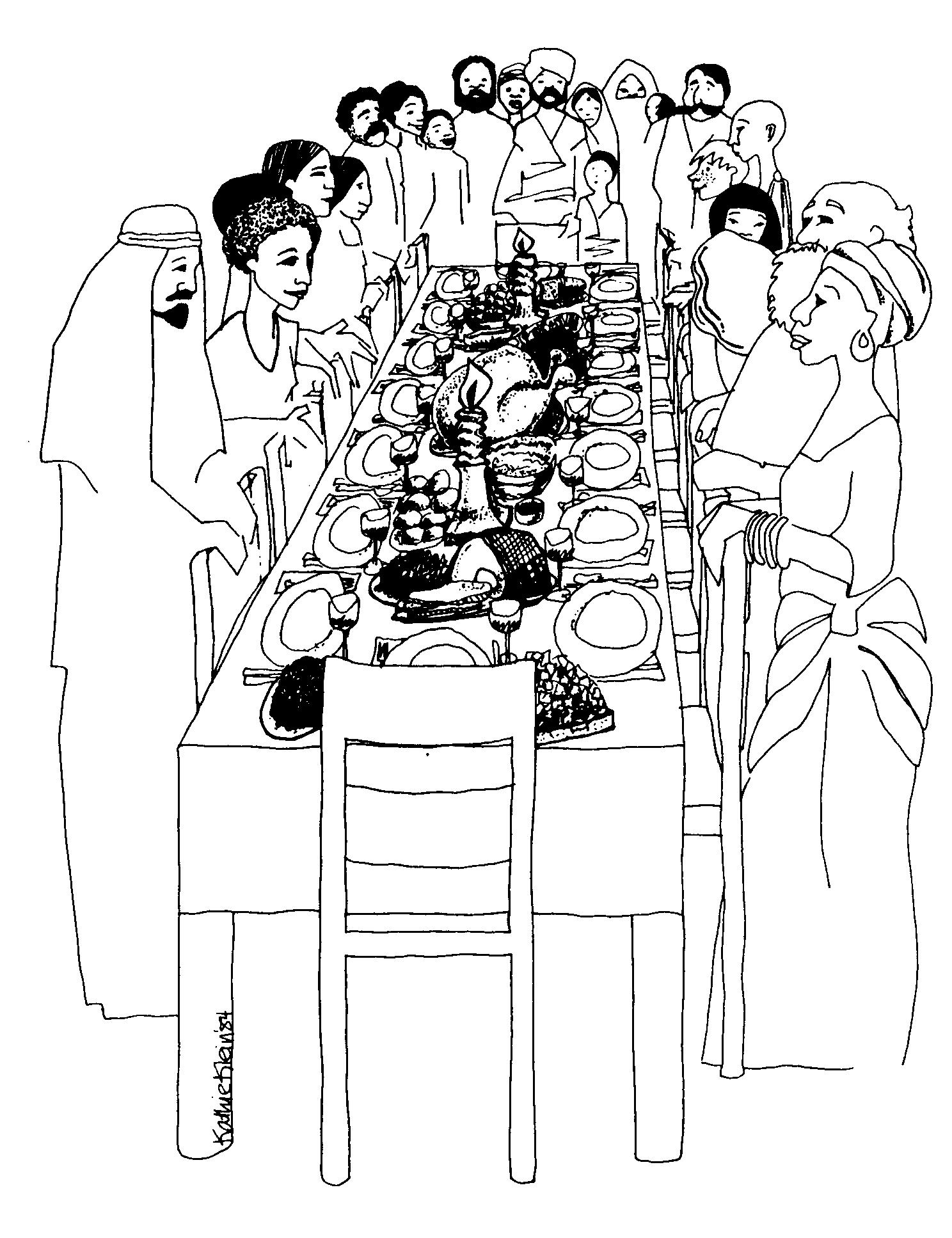
We Thank You, God, For Who We Are.
A THANKSGIVING LITANY
(Inspired by essays of Puerto Rican school children in New York City, published by the Foundation for Change.)
LEADER: We thank you, God.
PEOPLE: We thank you, God, for who we are.
LEADER: Some of us look like the people who lived here long ago, so close to this land that their arrival is not recorded. With them we are pilgrims in this land.
PEOPLE: We thank you, God, that you are a pilgrim with us.
LEADER: Some of us look like the Spanish, who came in big ships. They took the land from the Indians, and thought it was theirs. With them we are pilgrims in this land.
PEOPLE: We thank you, God, that you are a pilgrim with us.
LEADER: Some of us look like the English, who also came in big ships. They took the land from the Indians and the Spanish, and thought it was theirs. With them we are pilgrims in this land.
PEOPLE: We thank you, God, that you are a pilgrim with us.
LEADER: Some of us look like the Africans, who also came in big ships. They did not choose to come, and they had no land and no freedom. With them we are pilgrims in this land.
PEOPLE: We thank you, God, that you are a pilgrim with us.
LEADER: Some of us look like the Asians, who came in big ships across the other ocean. They came looking for work and freedom, and many found discrimination and injustice. With them we are pilgrims in this land.
PEOPLE: We thank you, God, that you are a pilgrim with us.
LEADER: All of us are different. No two of us look exactly alike. But we are all made in the image of God, who came to earth that we might be one.
PEOPLE: Together with pilgrims past and those yet to come, we thank you, God, for who we are, and we pray that you show us what we are to be. Amen.
Justo & Catherine Gonzalez, "In Accord: Let Us Worship." New York: Friendship Press, 1981, page 30.
For more ideas, visit SimpleLivingWorks.org.
3-A546--Memorial Day: Sleeping Child
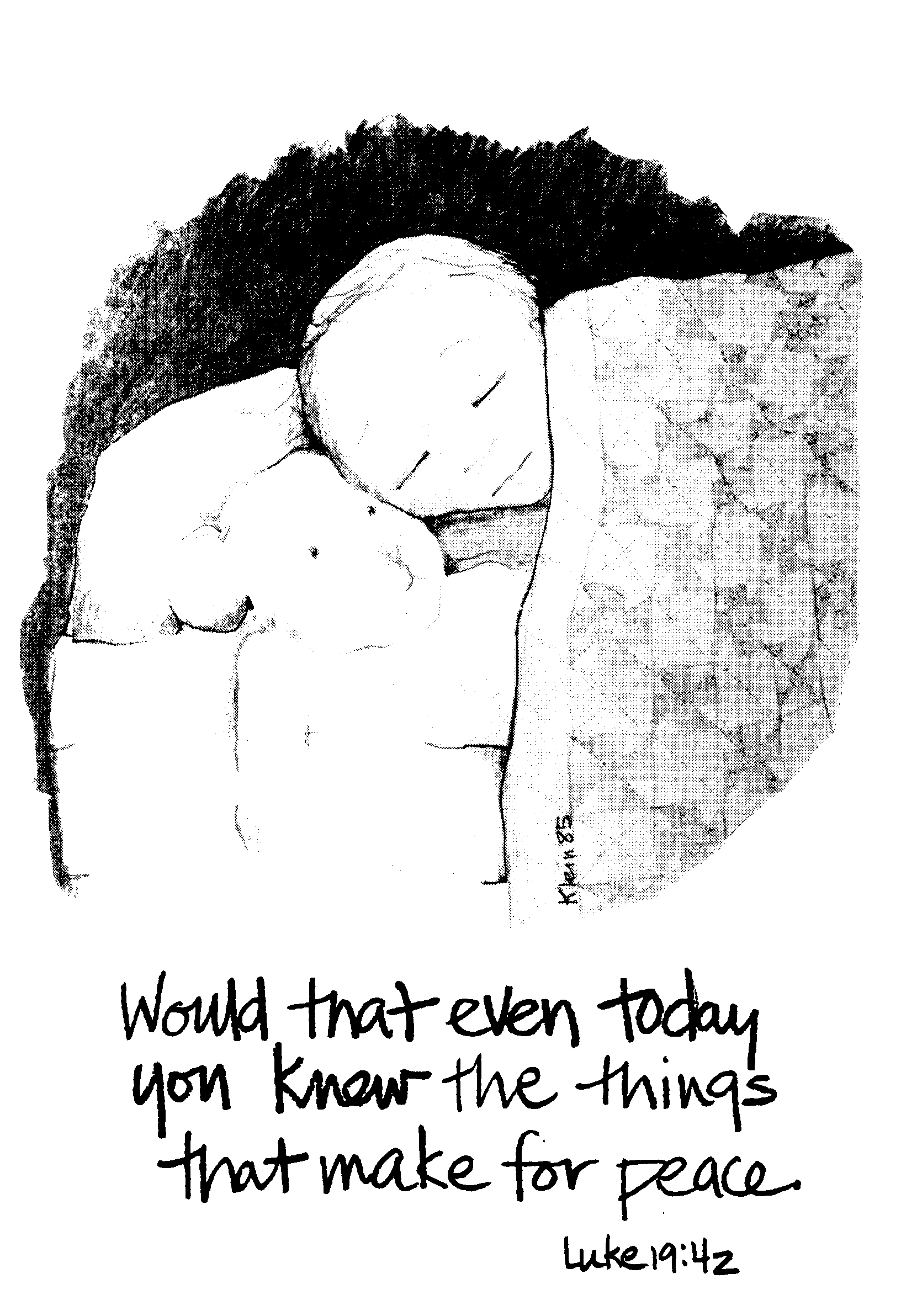
What Makes Our Nation Secure?
On Memorial Day we remember those who have died in wars and sometimes celebrate our nation's military might. Perhaps we should also ask ourselves what really makes our nation secure. Is it possible that in our urgency to build bigger and better weapons systems, we have overlooked the real sources of national security? While weapons expenditures skyrocket, much less costly programs to insure our children's defense are being cut from the federal budget.
Did You Know?
* One in seven white children and one in two black children live in poverty because of unemployment and federal budget cuts.
* One in seven children lack access to health care.
* Black infant mortality rates in the U.S. exceed those of Cuba, Jamaica or Puerto Rico.
* Over seven million children of working parents have no known source of child care.
Is There Anything We Can Do About It?
Yes. Encourage our government to change its national security priorities.
Each year 327,000 American babies are born premature, shrinking their chances for survival and increasing the rate of birth defects. The U.S. cannot afford $120 million needed to provide their mothers with prenatal care, but it can afford $120 million each for 226 MX missiles -- $26 billion.
Each school lunch costs $1.20 in federal subsidy; each child care snack of juice and crackers, $.30. The $1 million annual subsidy for the Pentagon's executive dining rooms, where meals cost $12.48 each, would buy 800,000 school lunches.
Each year the Defense Department spends $6 million on personal servants for generals and admirals. This $6 million could be used to train 1,000 adolescent mothers for productive jobs through job training programs that have been out from the budget.
We penalize welfare departments if the error rate exceeds 3 percent. The Defense Department has cost overruns of up to 359 percent on 75 weapons systems.
* The government has decreased funds for immunization, but has increased forgiveness on military loans to foreign countries.
* The government has proposed a cuts from foster care and adoption programs, but approved requests for annual purchases of new furniture for the Defense Department.
* A program to provide high school equivalency certificates to promising migrant children has been slated for abolishment, while funds have been proposed to hire 4000 architectural graduate students to design bomb shelters.
Write to your representatives about your priorities for national security.
For more information, contact the source of this information, Children's Defense Fund, 25 E St. NW, Washington, DC 20001 (202-628-8787). Visit ChildrensDefense.org
For more ideas, SimpleLivingWorks.org.
3-A547--Independence Day: Immigrants
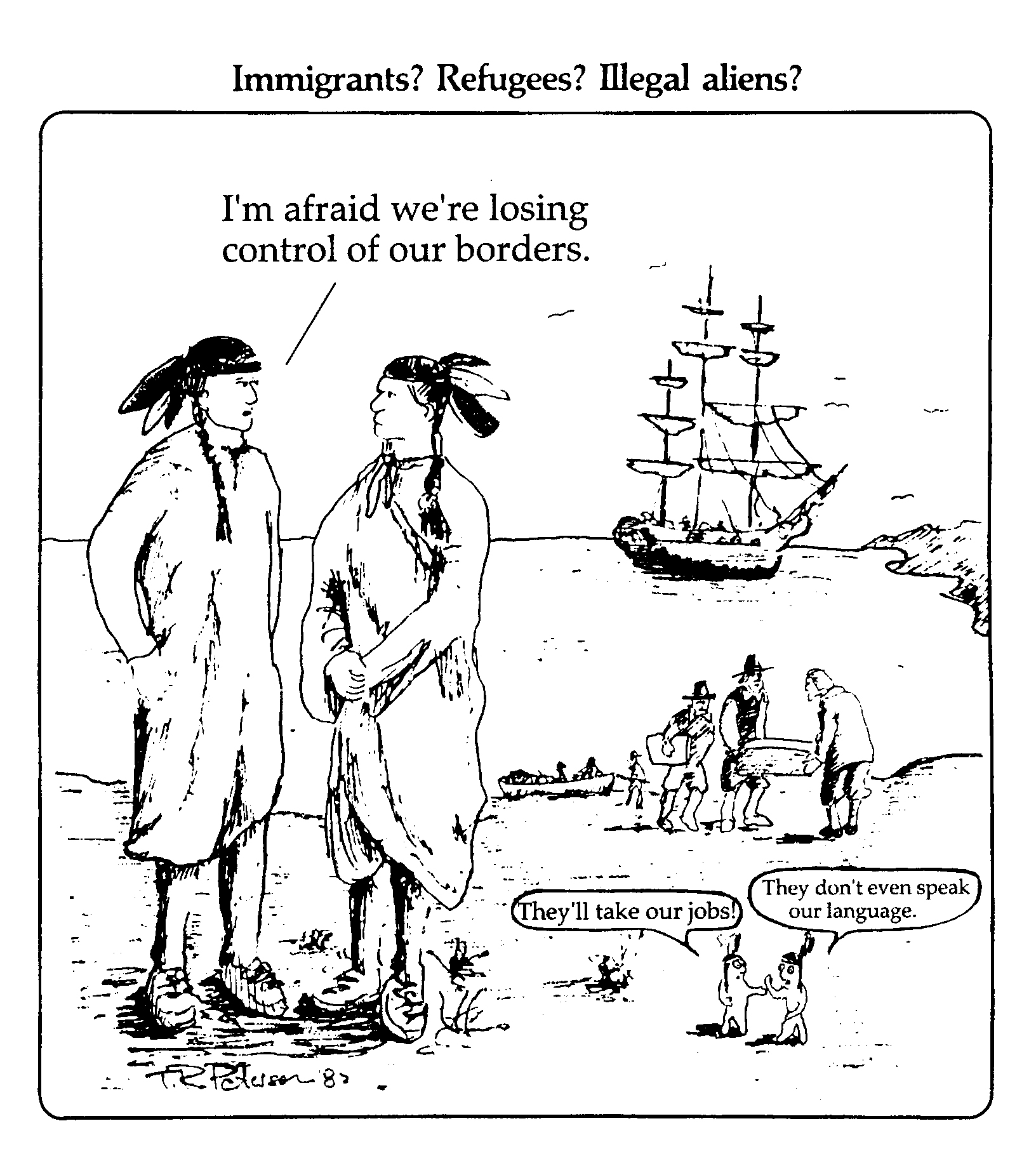
Celebrate the 4th by Welcoming Strangers
The United States is a nation of foreigners. Since colonial times, over 50 million immigrants have landed in America.
Safe harbor for those seeking asylum is a national ideal worth recalling on the Fourth of July. "Give me your tired, your poor, your huddled masses yearning to breathe free," reads the inscription on the Statue of Liberty.
Are there too many people taking advantage of this offer? Some think so. According to a U.S. Attorney General, "We are losing control of our borders." This is not a new opinion. King George tried unsuccessfully to restrict immigration to the colonies. His action prompted one of the grievances leveled against British rule in the Declaration of Independence.
Actually, we have never had control of our borders. If the first Americans had controlled their borders, most of us would not be here. Perhaps we are afraid that newcomers to the U.S. will treat us like our ancestors treated native Americans.
Knowing what to do about foreigners in need of refuge is not easy. Doing justice toward all those affected by our decisions is no simple matter. The social and economic implications of immigration are complex, both for U.S. citizens and for those who come from abroad.
With regard to those who are already here, the Bible's mandate to us is clear: we should welcome strangers and help them get settled in their new home. Many churches have recognized their responsibility and have persevered in a climate which sometimes questions even the presence of foreigners in the United States.
Celebrate this Independence Day by recalling why you or your ancestors came to America, and compare these reasons with those of people coming today. Decide to find out all you can about this complex problem. But don't stop there. Take part in welcoming and assisting those who are already here. If you need more information, contact your denomination's refugee resettlement program or...
SimpleLivingWorks.org
3-A549--Valentine's Day (Prisoners of Conscience)
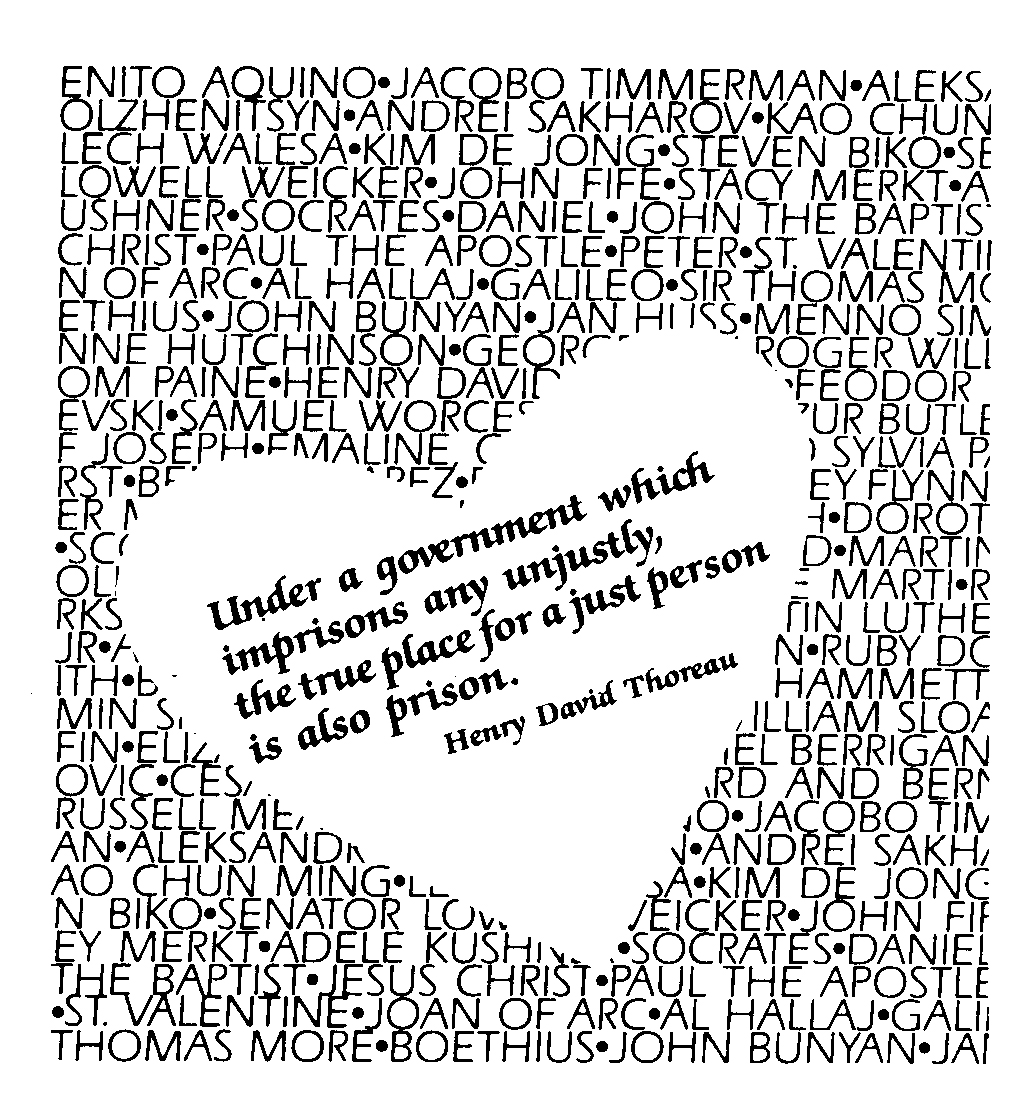
Under a government which imprisons any unjustly, the true place for a just person is also prison. -- Henry David Thoreau
St. Valentine, Thoreau & Other Prisoners of Conscience:
When Conscience and Government Collide
A nineteenth century American philosopher and advocate of simple living, Henry David Thoreau, believed that civil disobedience was called for when conscience and government collided. This - common sense says - is a dangerous belief: if everyone who disagreed with some government policy practiced civil disobedience, the result would be anarchy. However, when those who practice the civil disobedience are willing to accept the legal consequences for their disobedience in order to protest unwise and unjust government policies, the practice becomes not so much a danger as a check on unrestrained government power.
Dissenters in the Soviet Union, South Africa, Cuba, El Salvador, China, Korea, Chile, Taiwan and many other countries quickly come to mind. Our own country probably does not come to mind so readily. We might remember that Thoreau was jailed in Concord, Massachusetts -- one of the birthplaces of American independence -- for refusing to pay taxes that would support the United States' war with Mexico, which he believed to be unjust. The story goes that his good friend Ralph Waldo Emerson came to visit him in jail and greeted him with, "Henry! What are you doing in here?" Thoreau's reply was, "Why, Ralph! What are you doing out there?" Martin Luther King, Jr.'s letter from a jail in Birmingham, Alabama, was eloquent testimony to the need for non-violent civil disobedience to unjust laws. It is hard to imagine the passage of the Voting Rights Act or any of the other civil rights gains without the willingness of many of the movement's participants to spend time in jail.
The apostle Paul counseled Christians in Rome to "obey the governing authorities." It was this same Paul who, because of his refusal to stop preaching the gospel and creating upheavals in the community, was imprisoned and probably later executed by the authorities at Rome.
According to legend, the real St. Valentine was also a political prisoner. He was martyred in Rome around 270 A.D. for performing Christian marriages, which had been outlawed by Claudius II as a "threat to national security." While he was in prison, Valentine became friends with the jailer's daughter. On the eve of his execution, he sent the young woman a note of thanks for her kindness, signing it "Your Valentine."
Valentine's Day is certainly a day to remember loved ones with expressions of affection and gratitude. It is also a day to remember with gratitude those who have been willing to endure punishment -- jail, humiliation, torture, and even death -- because of their commitment to justice and human rights.
Questions for Study and Action
1. What names of other prisoners of conscience would you add to the list in the picture? What names would you like to be removed?
2. In your view, does the idea of civil disobedience imply a disrespect for law and government?
3. Can you conceive of circumstances in which you would be willing to practice civil disobedience?
For more ideas, SimpleLivingWorks.org
3-A2277
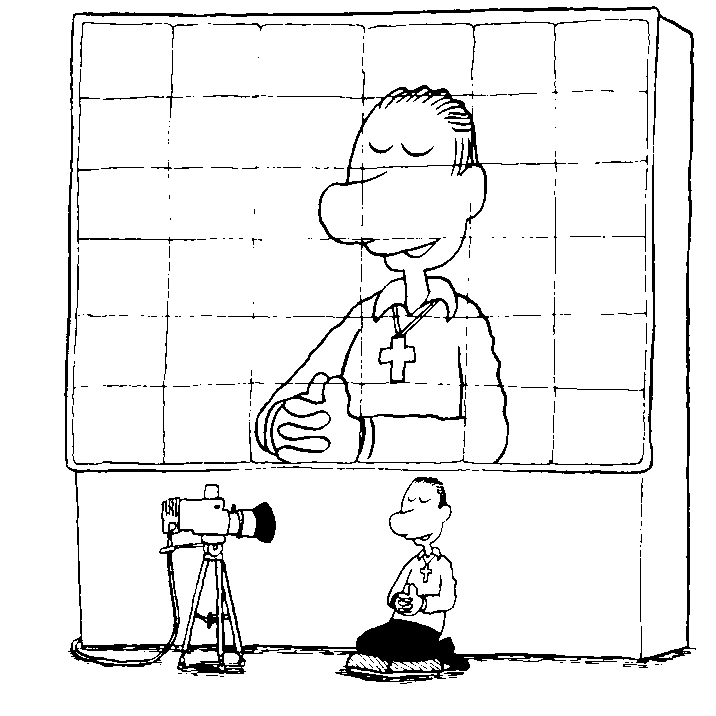
Full of aplomb he bent his knee
Piously posturing so all could see.
With his demeanor he openly showed
Just how such a prayer will find a quick road.
But in Heaven God sadly turns away
And hopes that this sinner will repent some day.
Prayer and spiritual direction are crucial for beginning and maintaining action for social justice. "Show off piety" is counterproductive for those who do it and those who experience it.
3-A2455
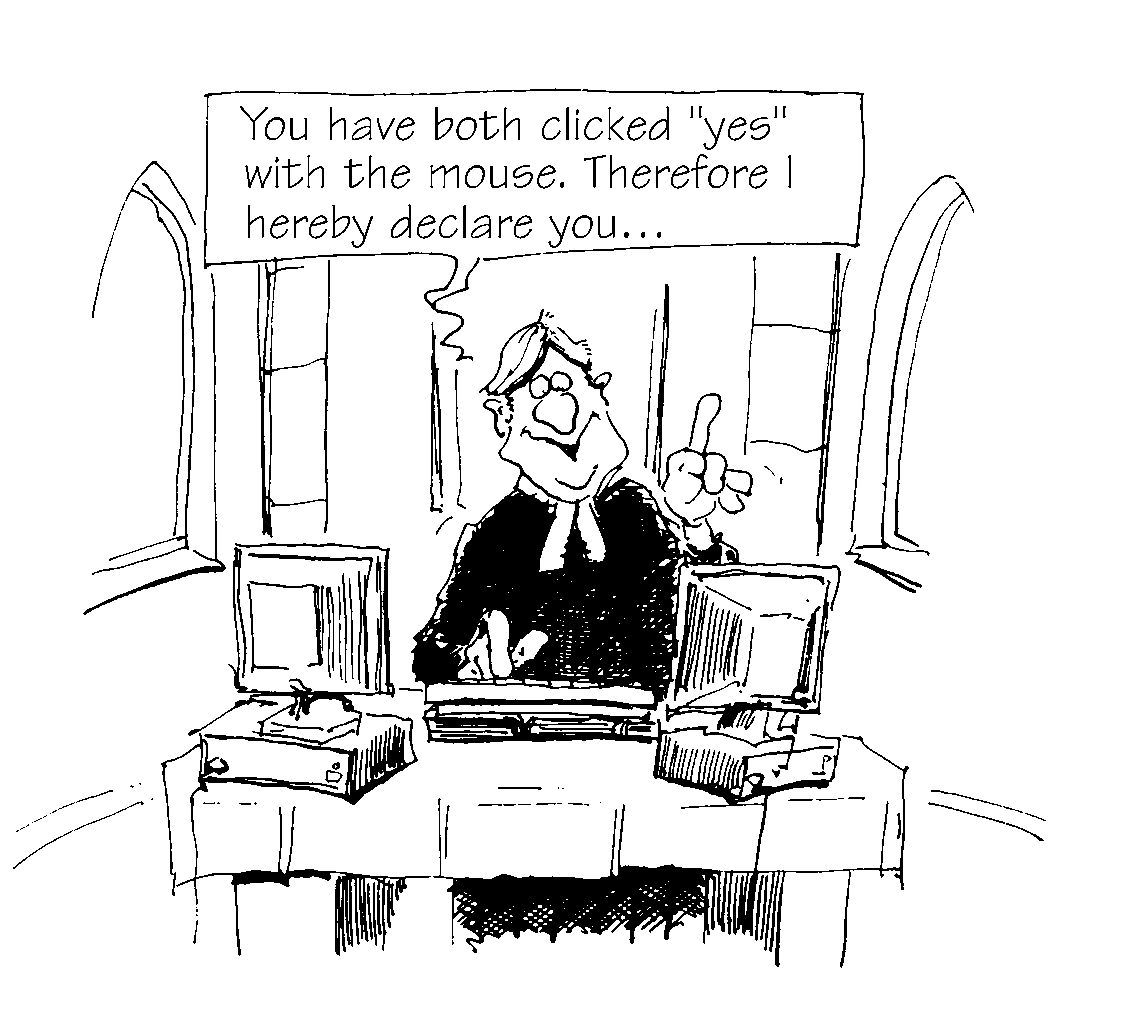
You have both clicked "yes" with the mouse. Therefore I hereby declare you...
3-A2459
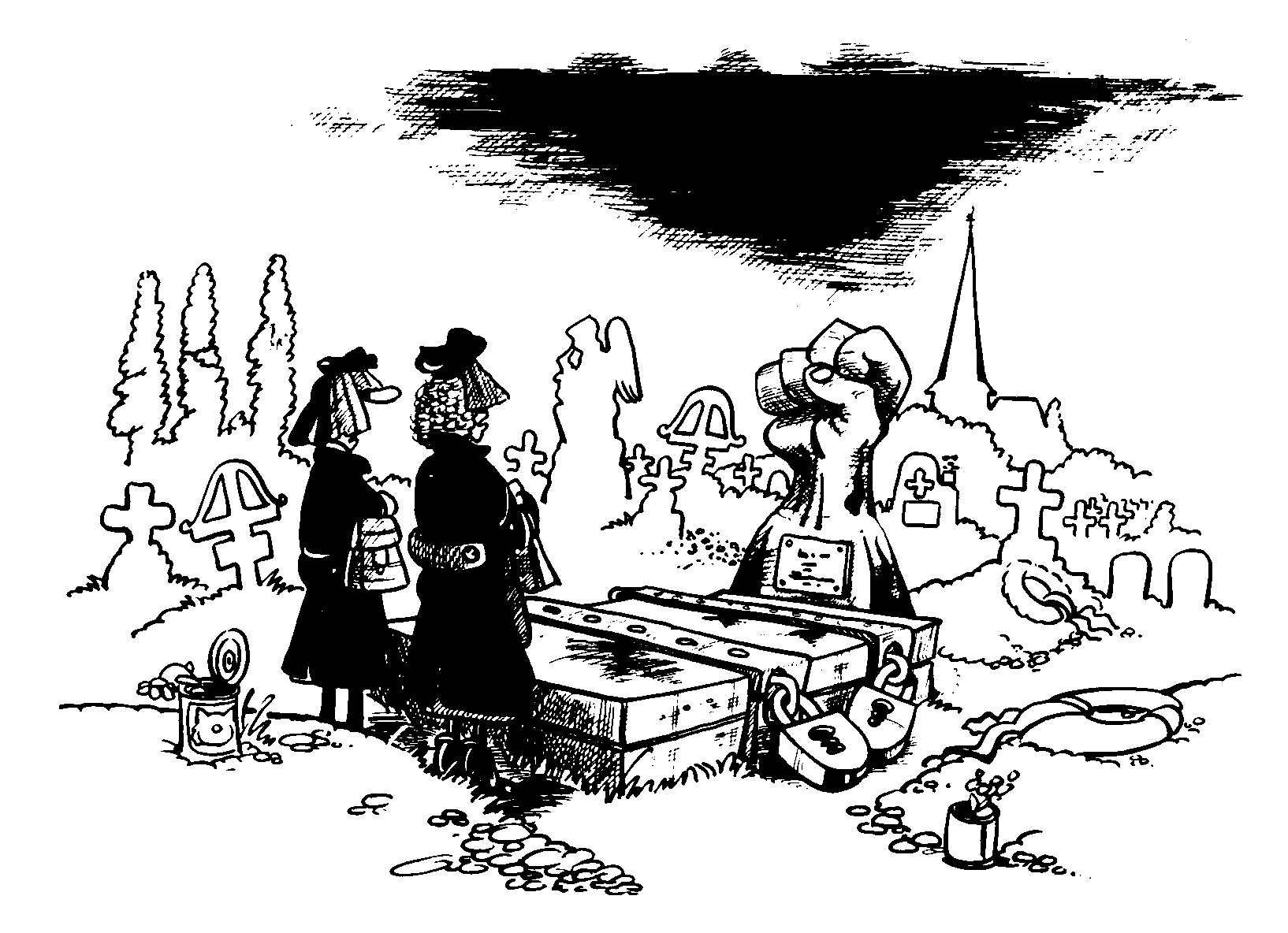
He never could stand the idea of the resurrection.
3-A2857
December 28--Day of the Holy Innocents

Children today are also at risk, abused by governments, by drugs, by violent "entertainment" and advertising....We can work for change if we dare -- with the help of God and other people -- to confront evil forces.
3-A2939
Everything Goes Better with Music...

Whether it's a youth retreat or a worship service, if music is a part of it, it's more fun.
We need you. Do you like to sing? Do you play an instrument? You don't need to be a virtuoso. If you like music, that's enough. Making music is more important than just listening.
3-A3392
Time's Up
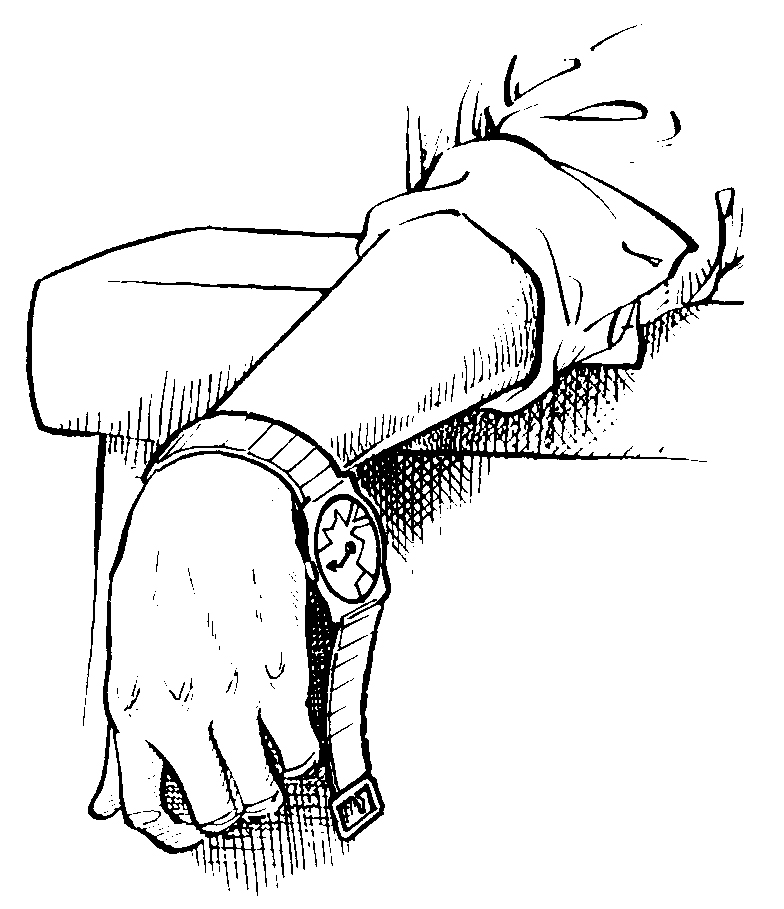
The greatest wealth, the most carefully-laid retirement plans, and the cleverest estate planning all have their final date of maturity -- when the clock of life stops.
3-A3610
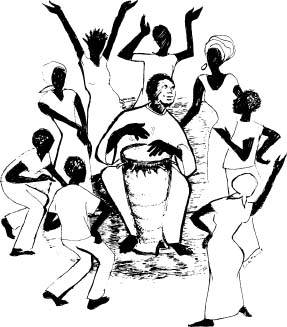
3-A4268
Till We Meet Again
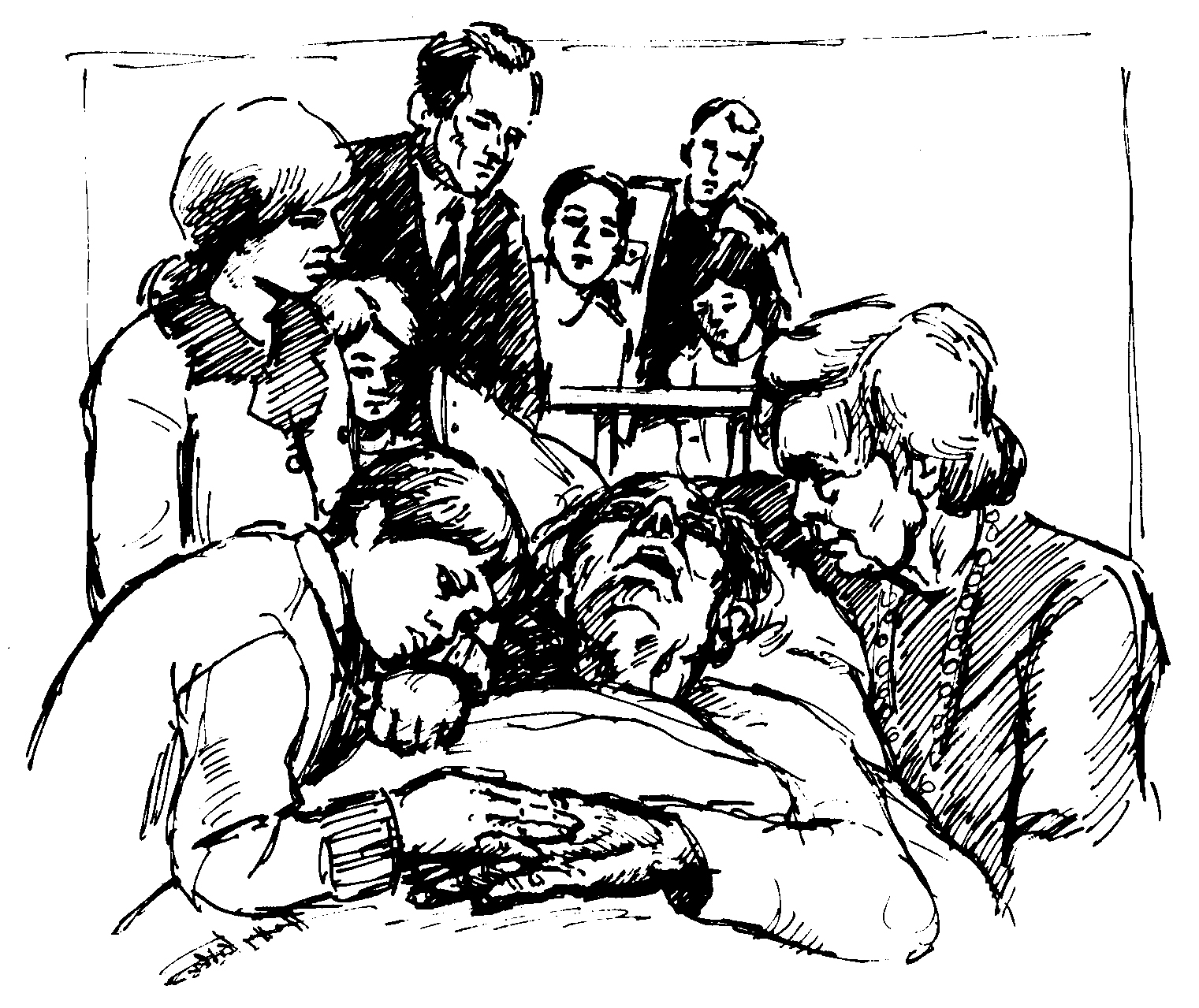
We were all there when Grandfather died. We remembered and rejoiced in his life. We attended his simple funeral.
I didn't have the feeling that it was the end. It was more like a good-bye, which would last until we meet again.
3-A4270
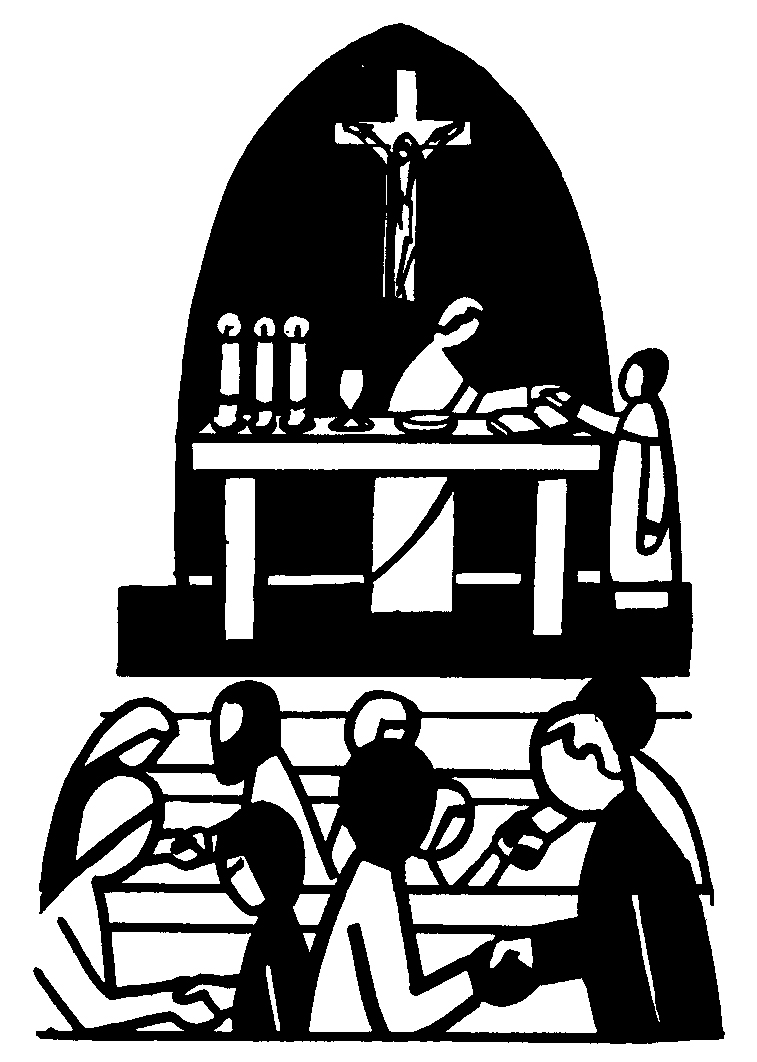
3-A4278
Alleluia! God is Wonderful!
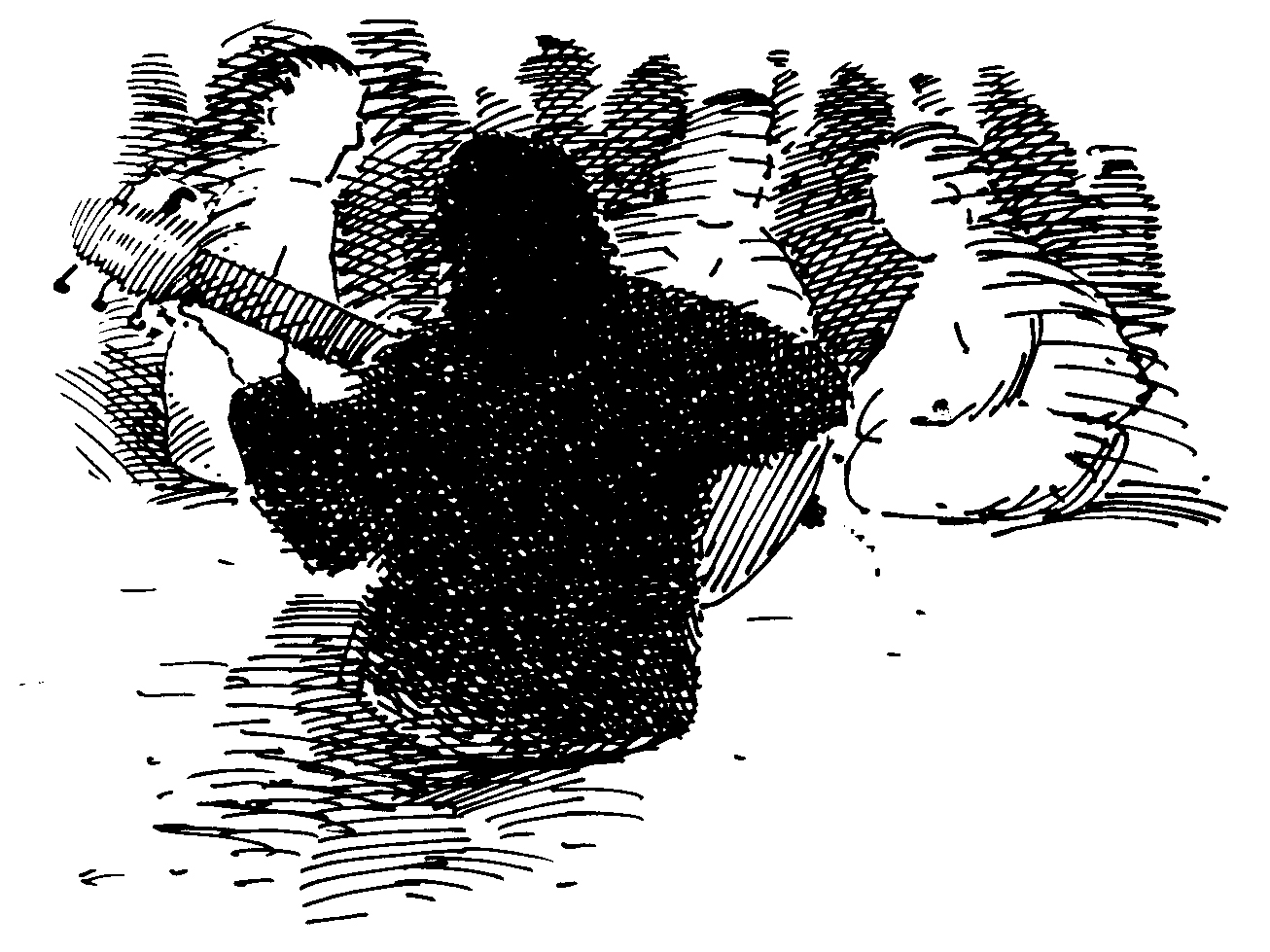
Alternate wording:
We spread the word of simpler living and social justice through our songs as well as our conversation.
Archives Index |
Home | Short ART Tour
Go to Spirit of Simplicity MAIN Page
| Go to QUOTES
Simple Living Works! * SimpleLivingWorks@Yahoo.com
BLOG: SimpleLivingWorks.WordPress.com
| Blog INDEX
PODCAST |
Podcast INDEX
VIDEOS
[ YouTube.com/SimpleLivingWorks ]
MISSION: Equipping people of faith to challenge consumerism, live justly and celebrate responsibly // An all volunteer educational organization.